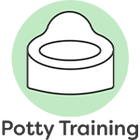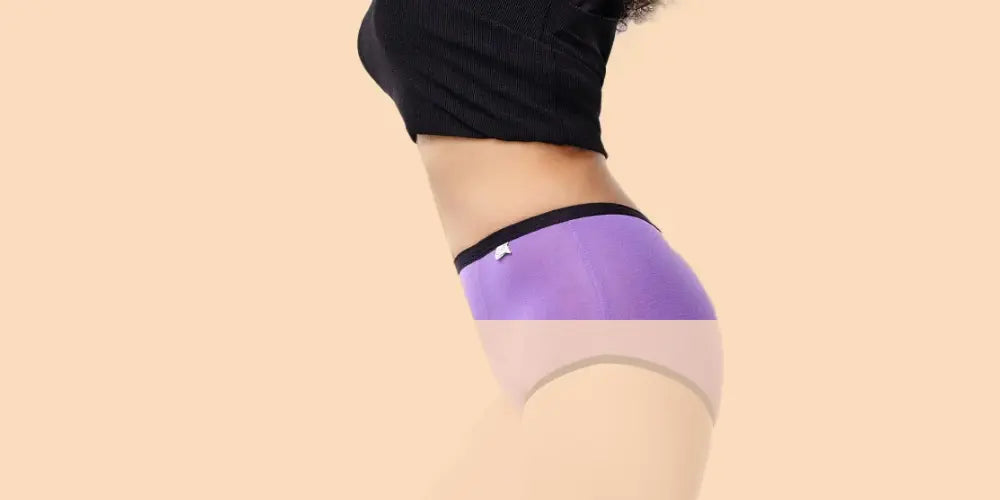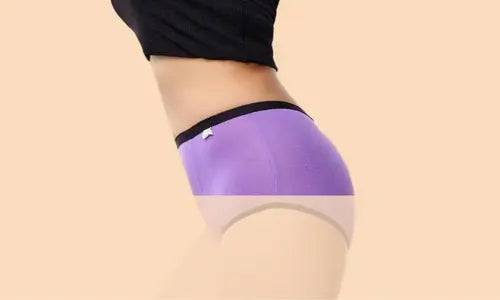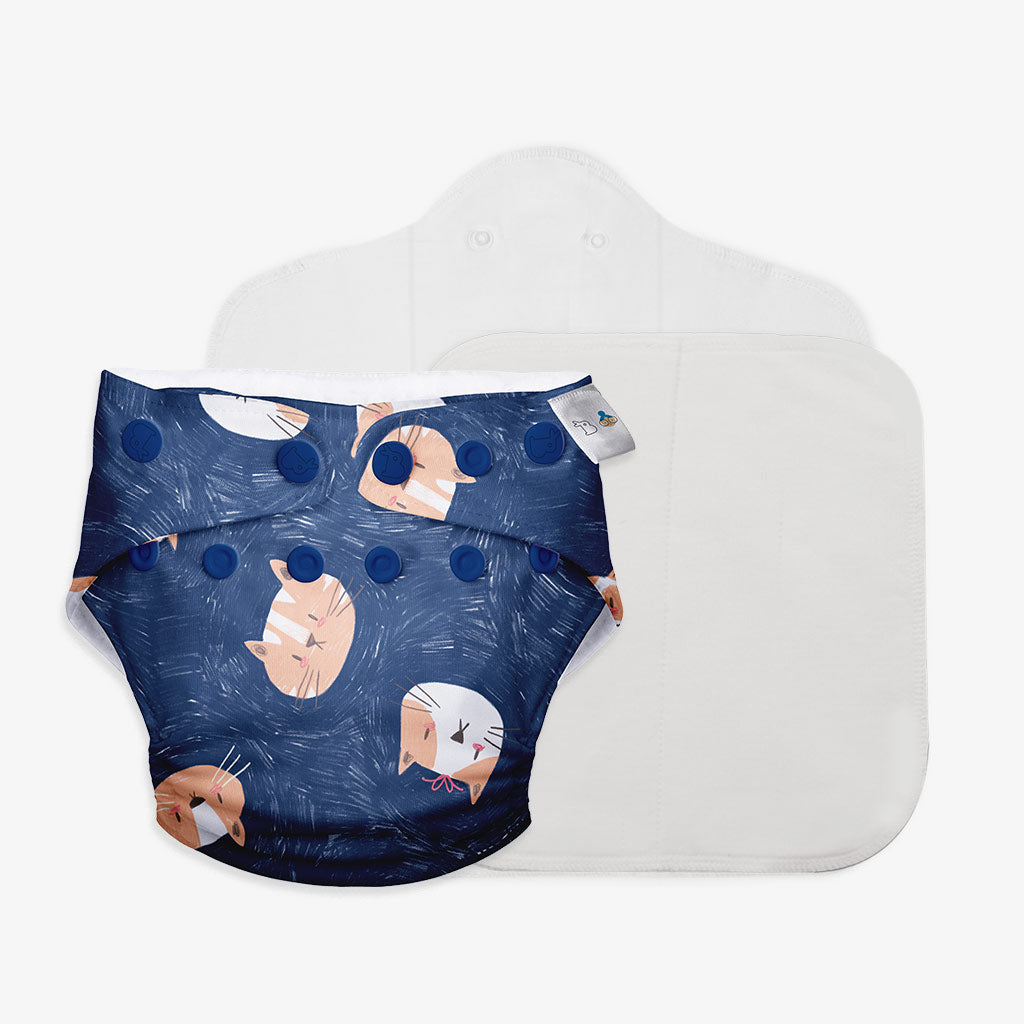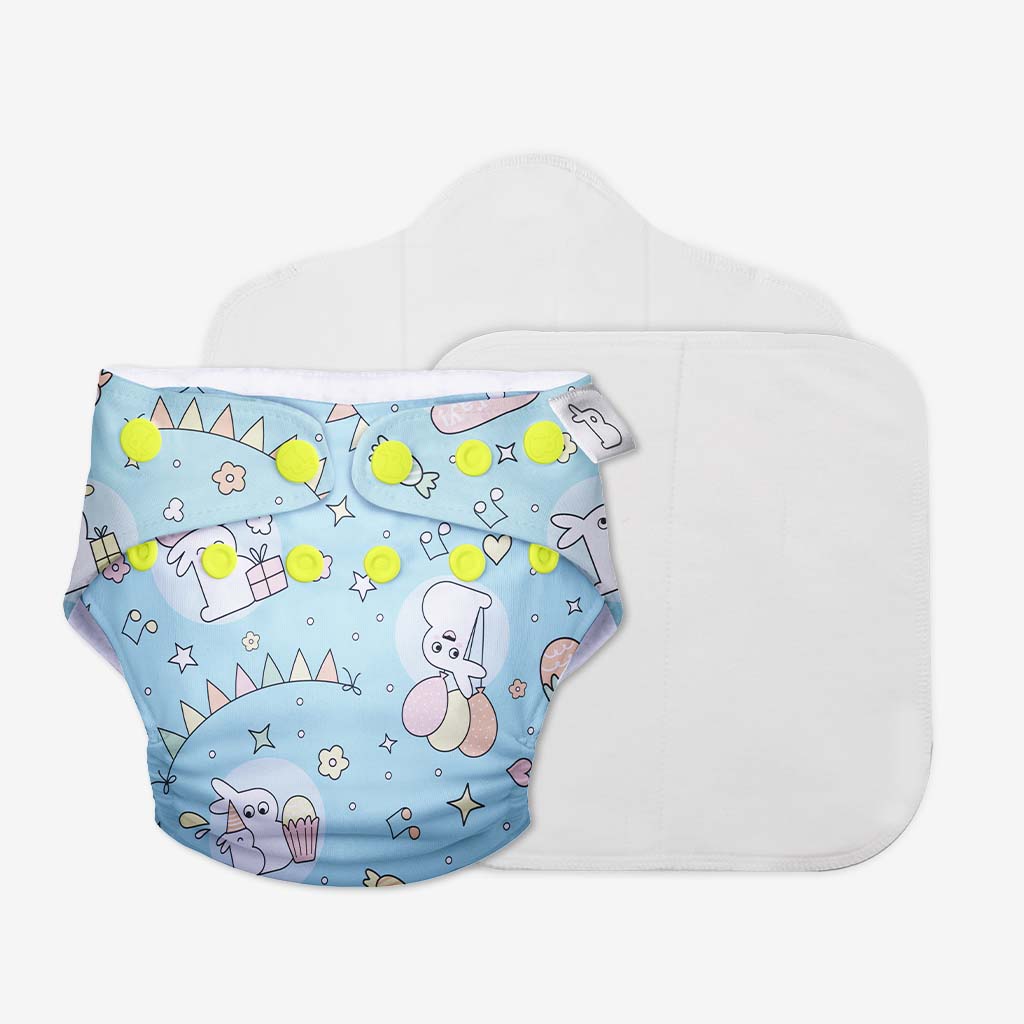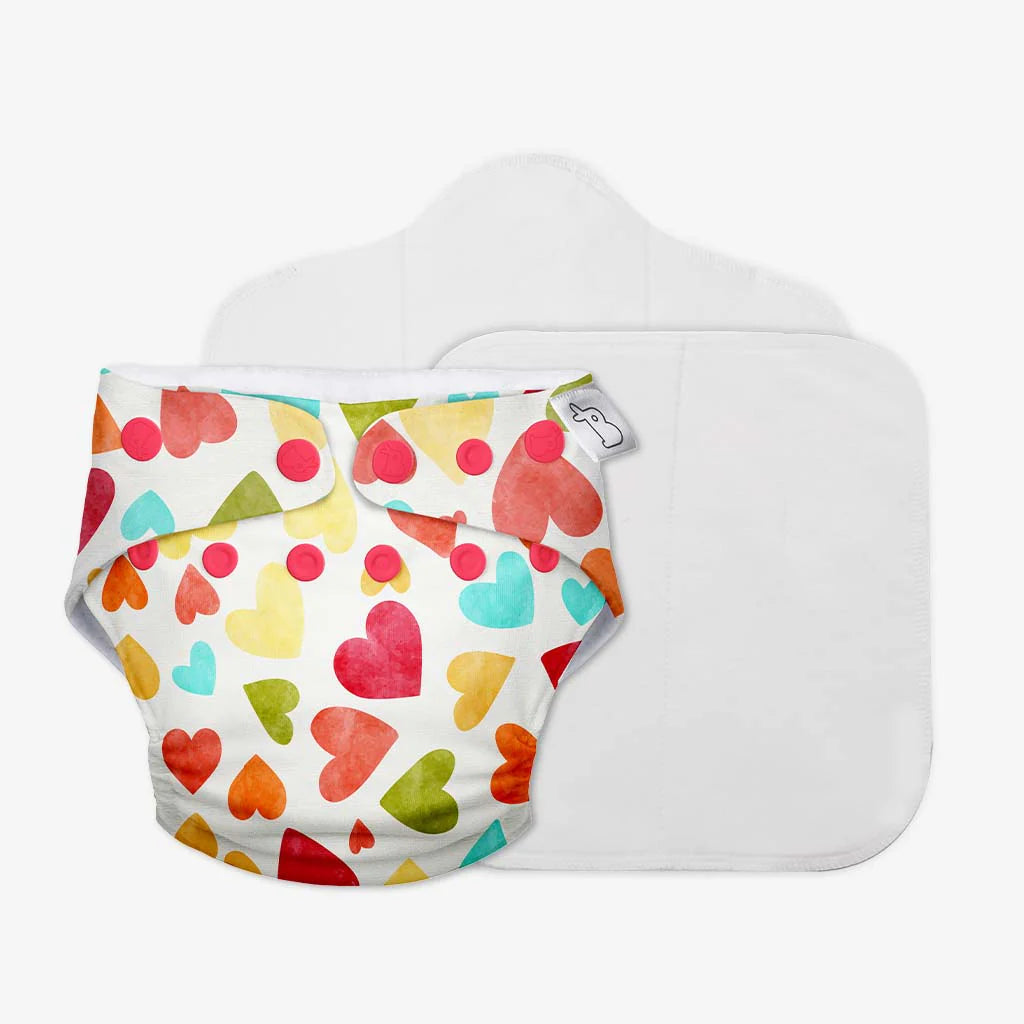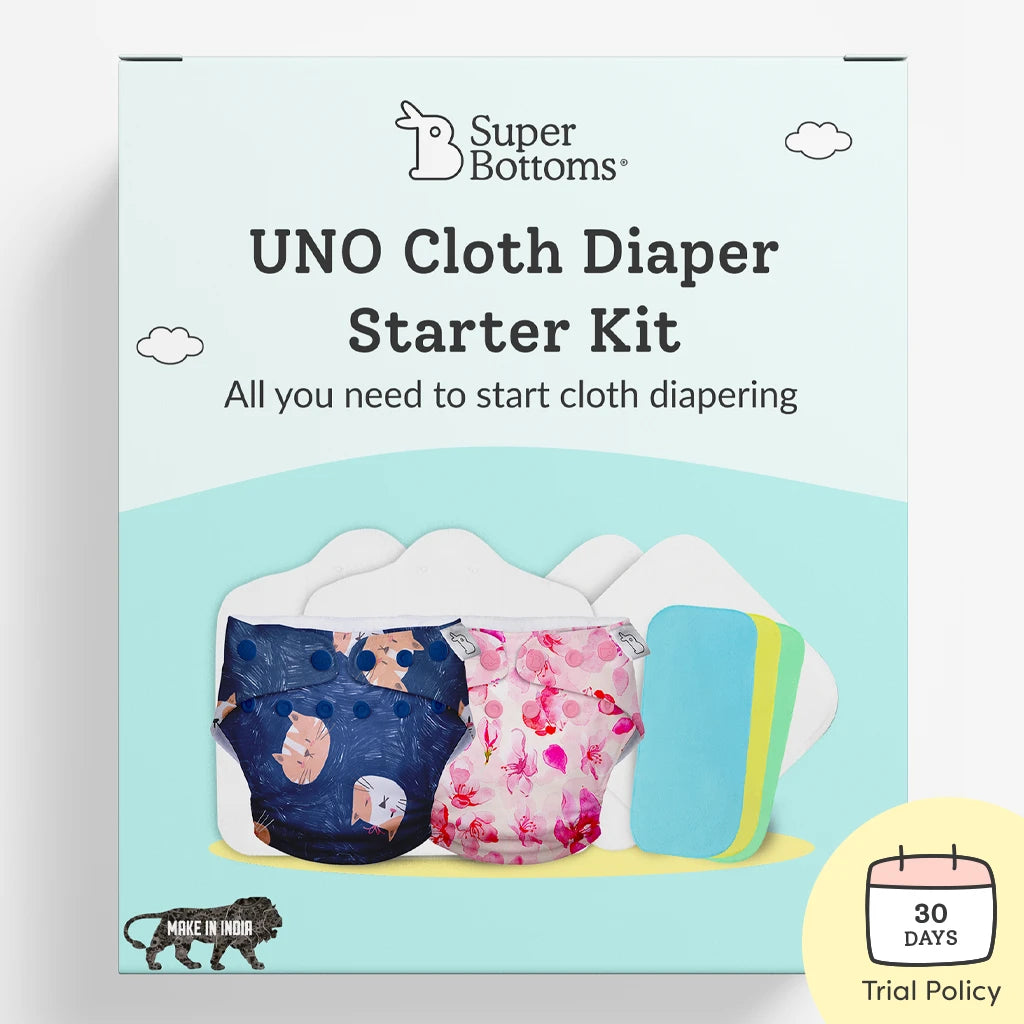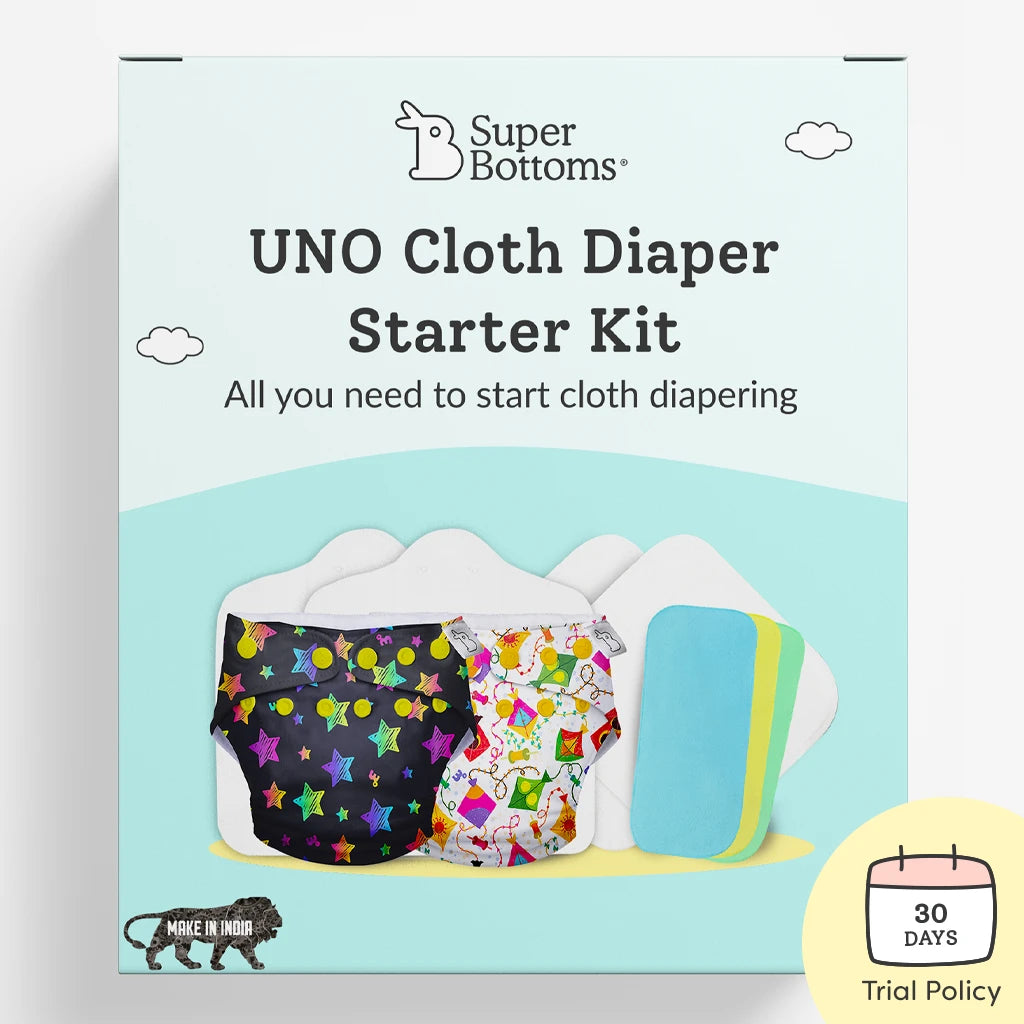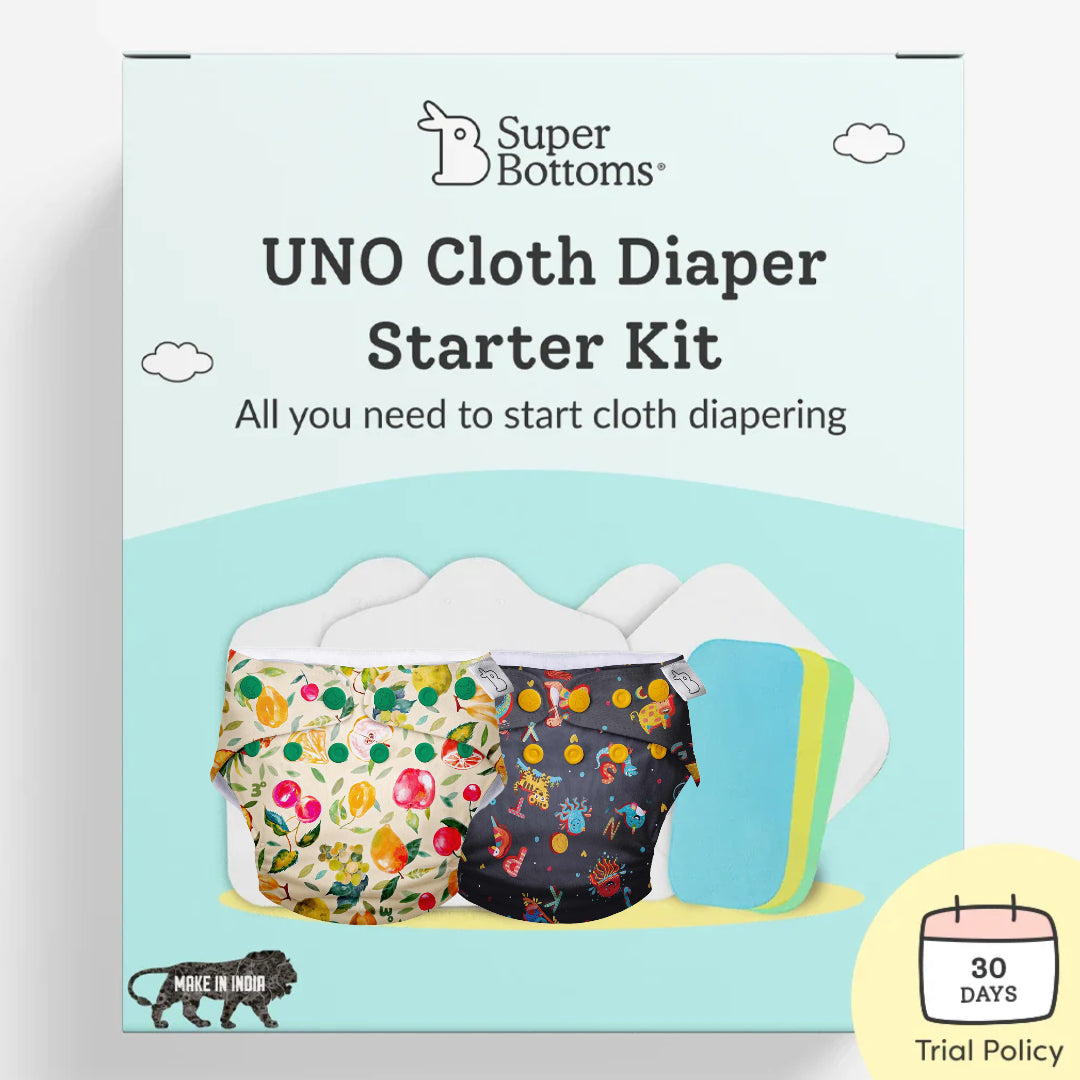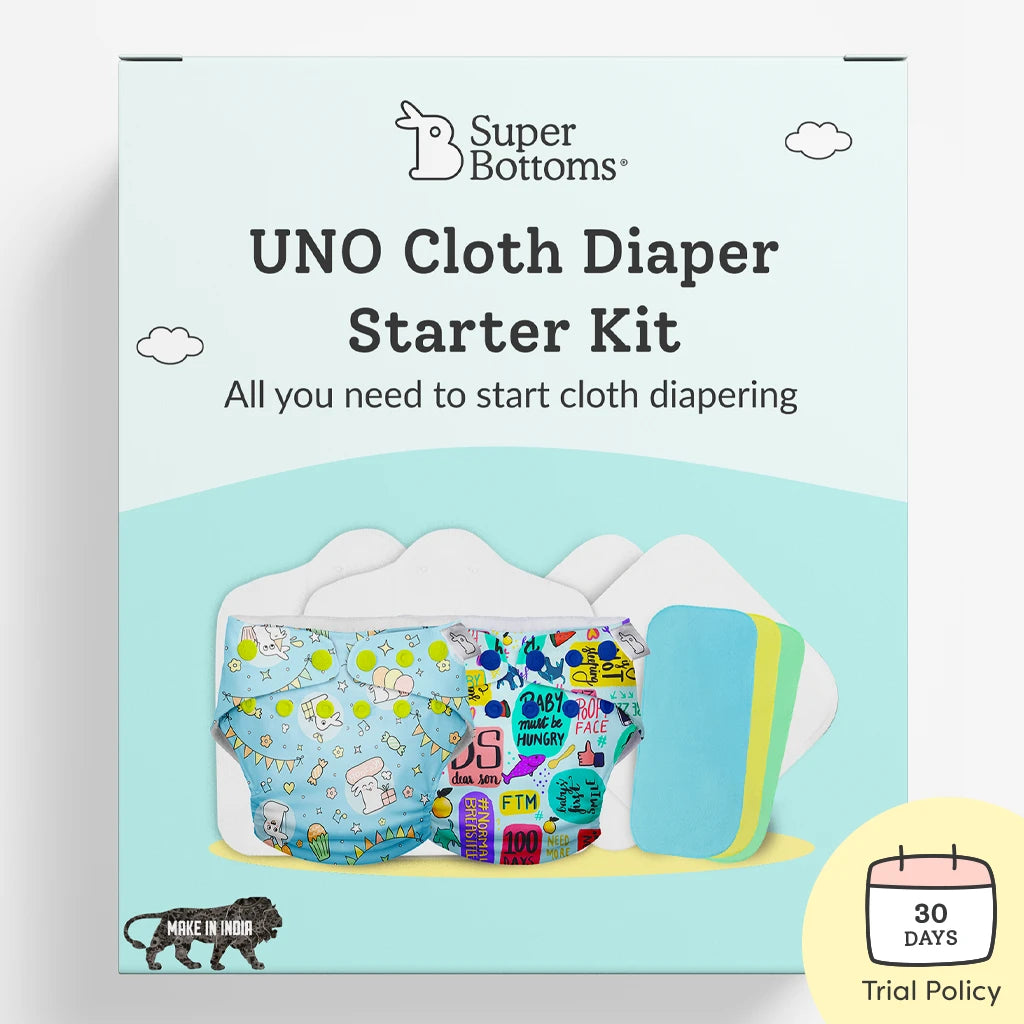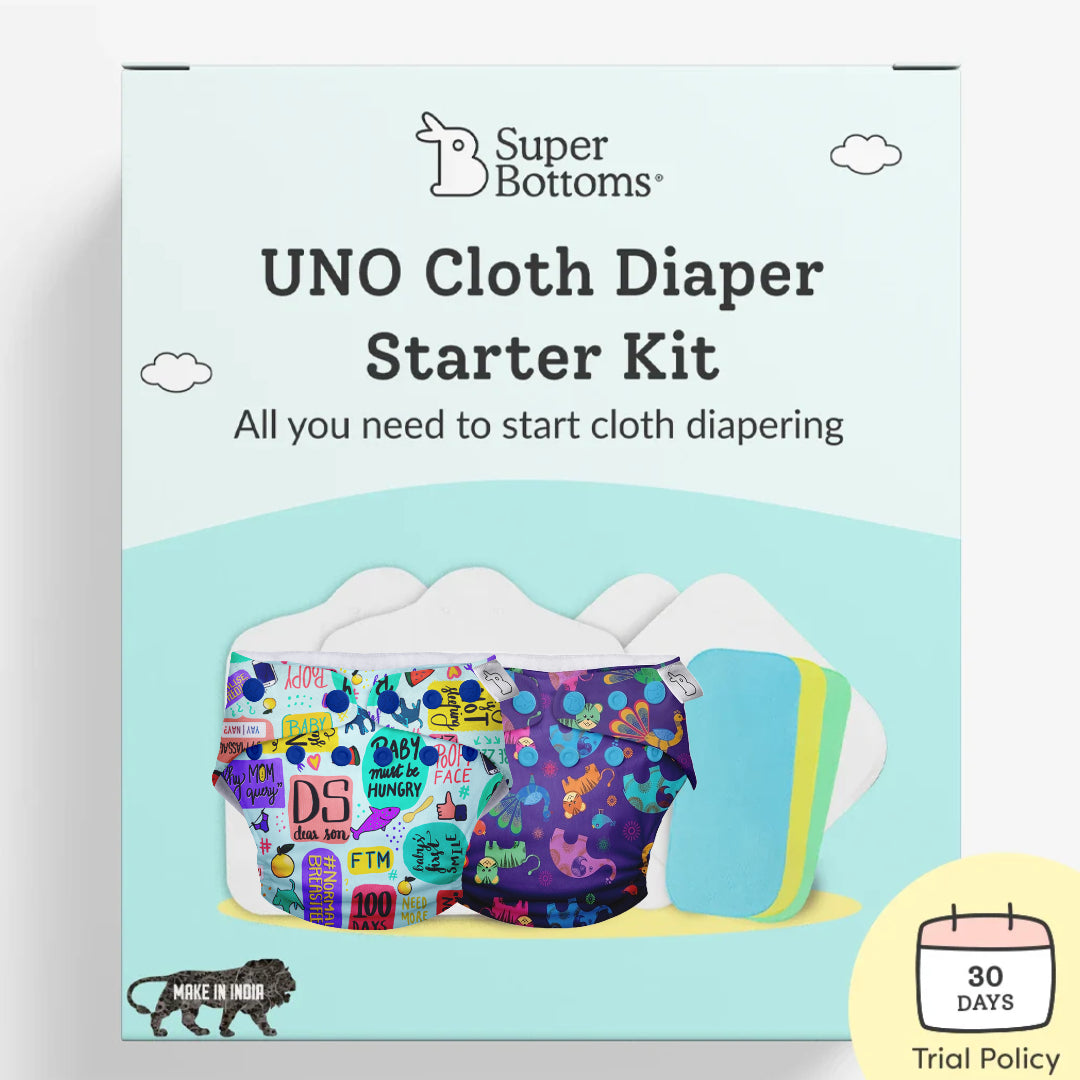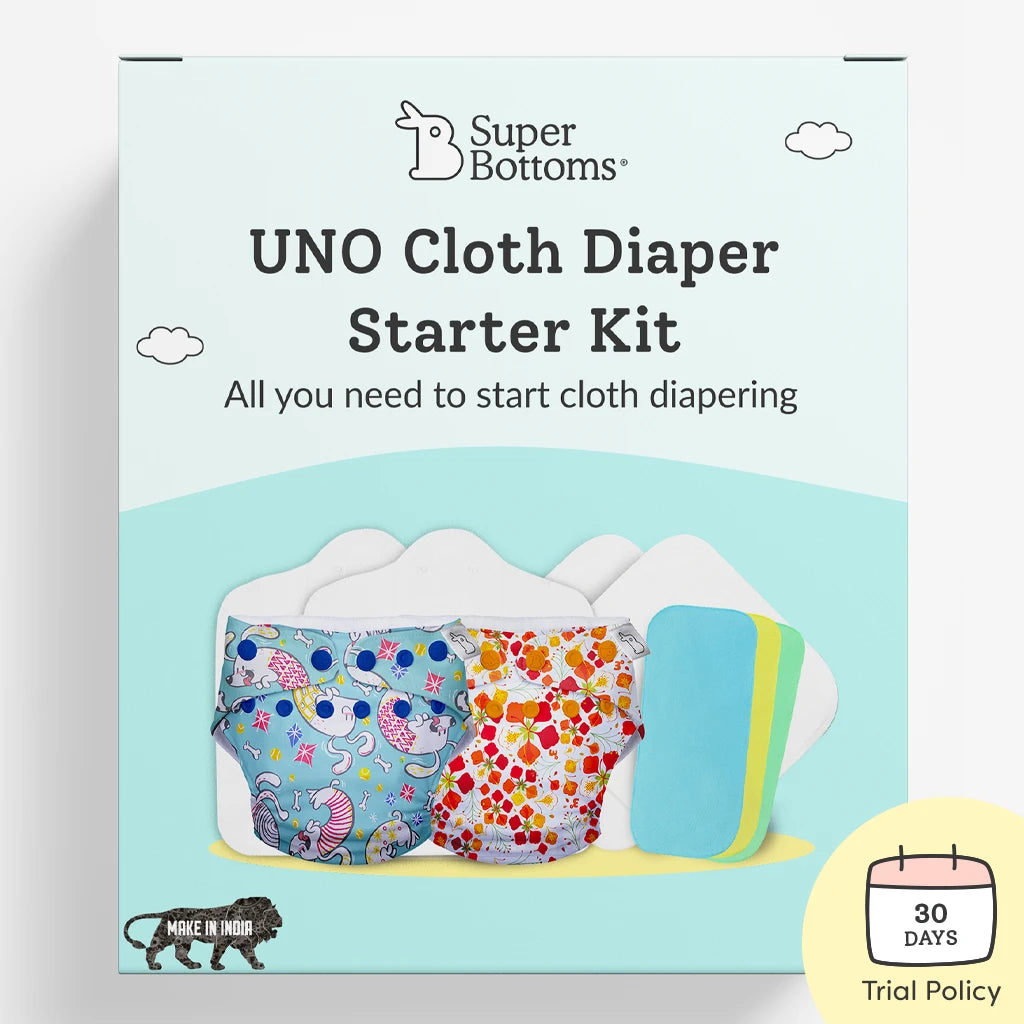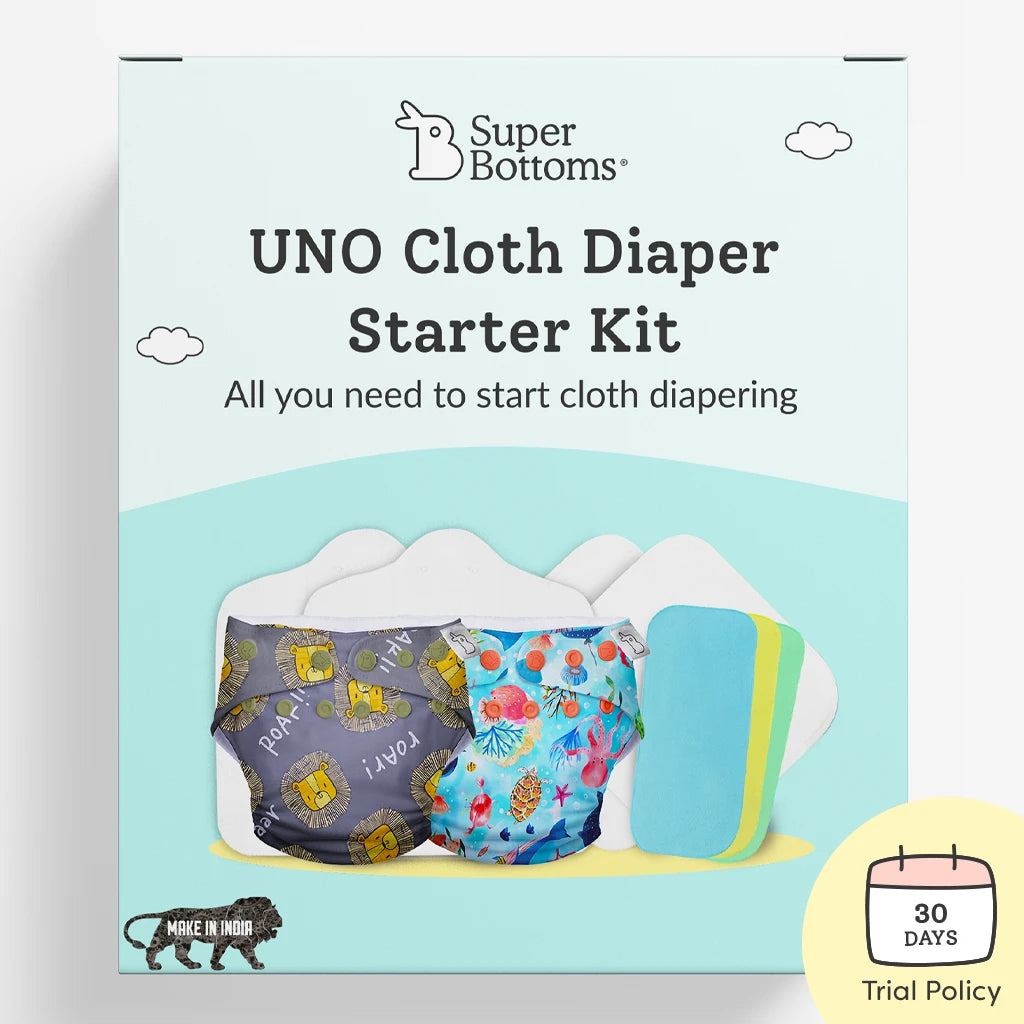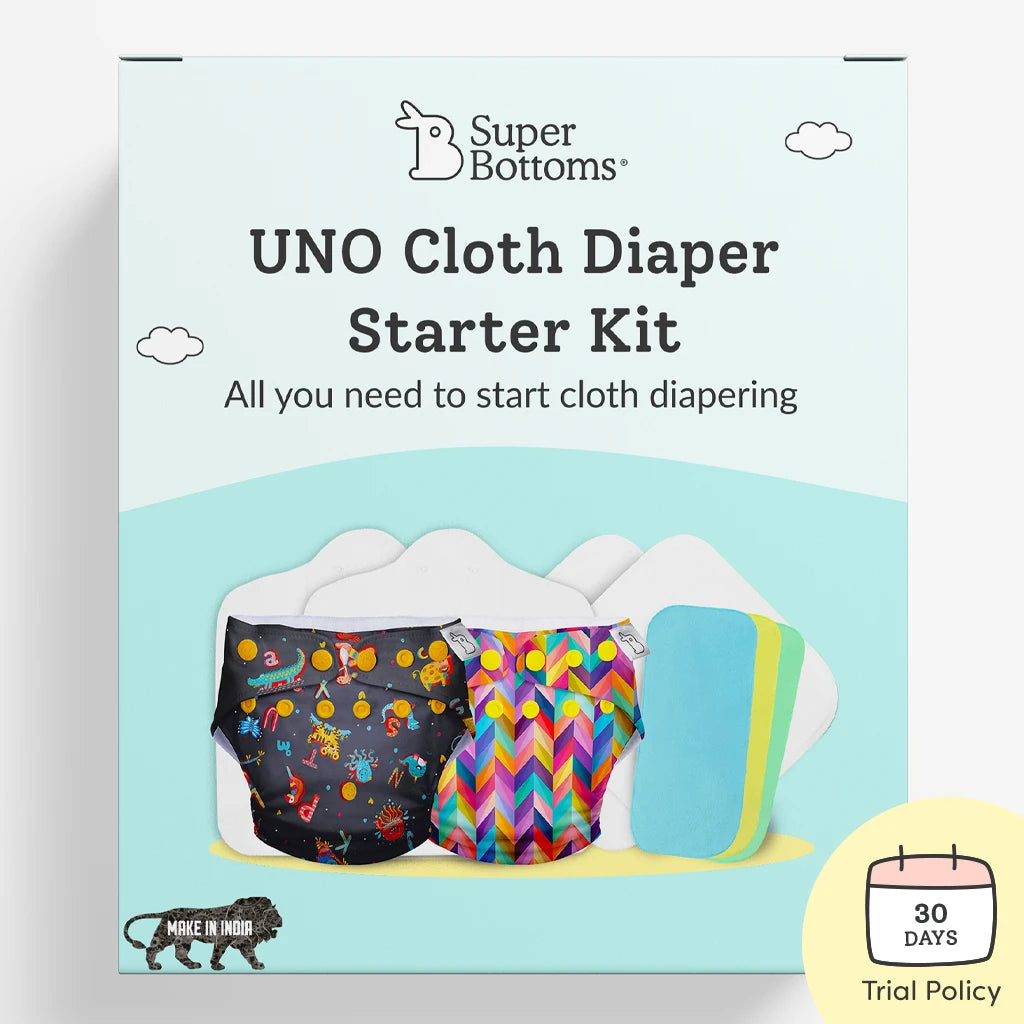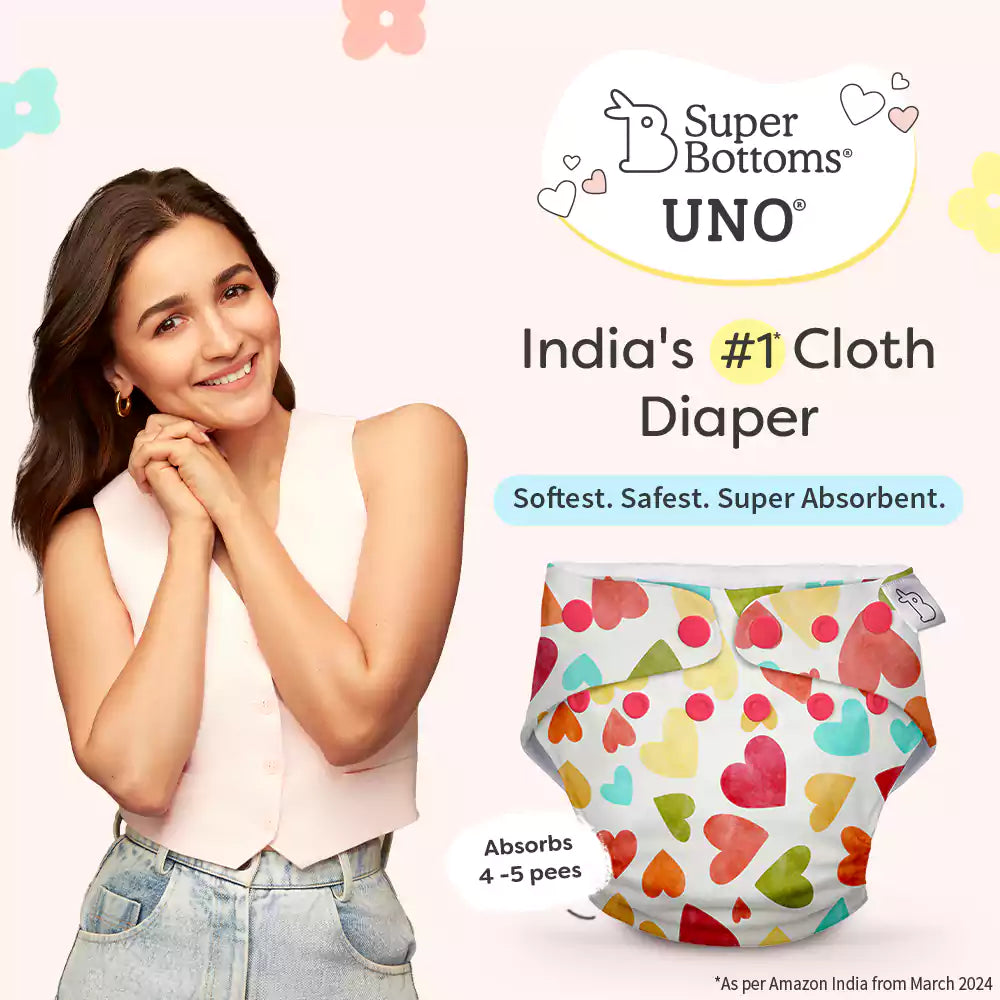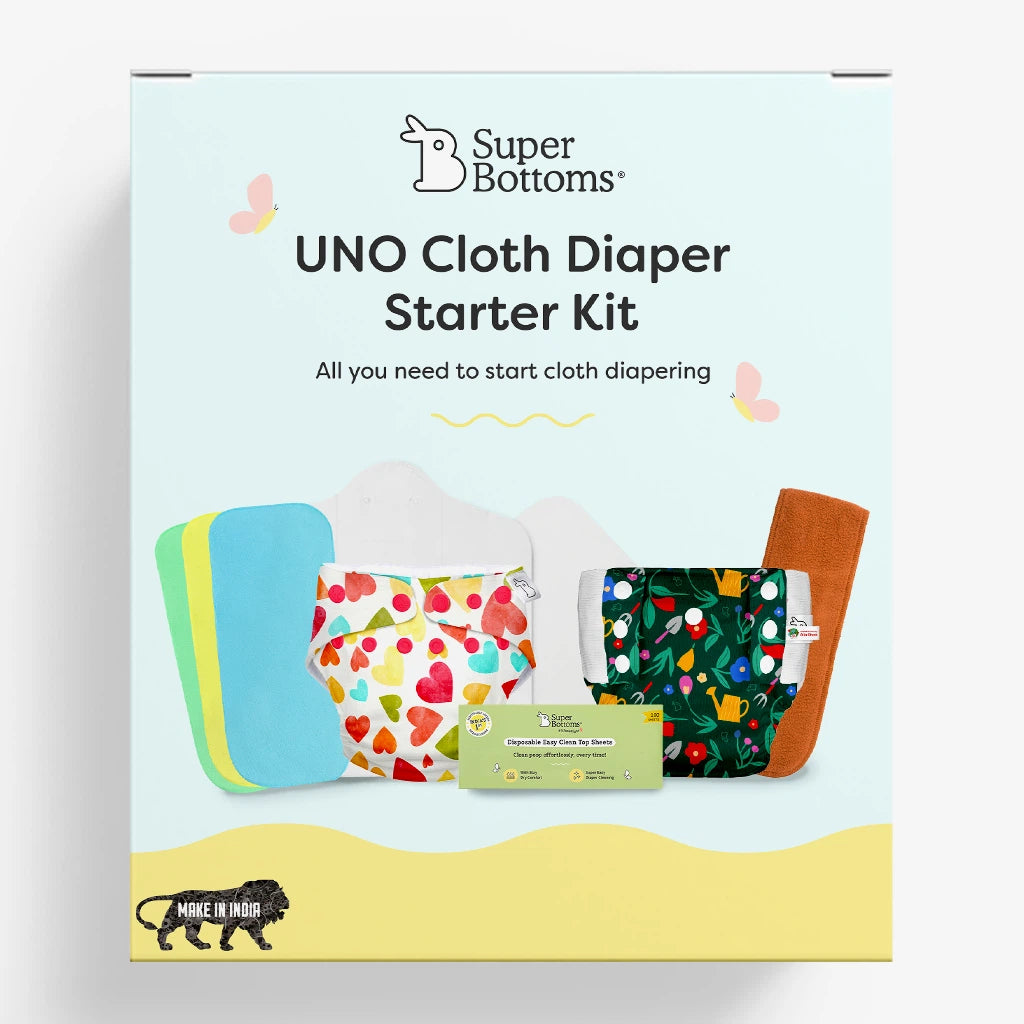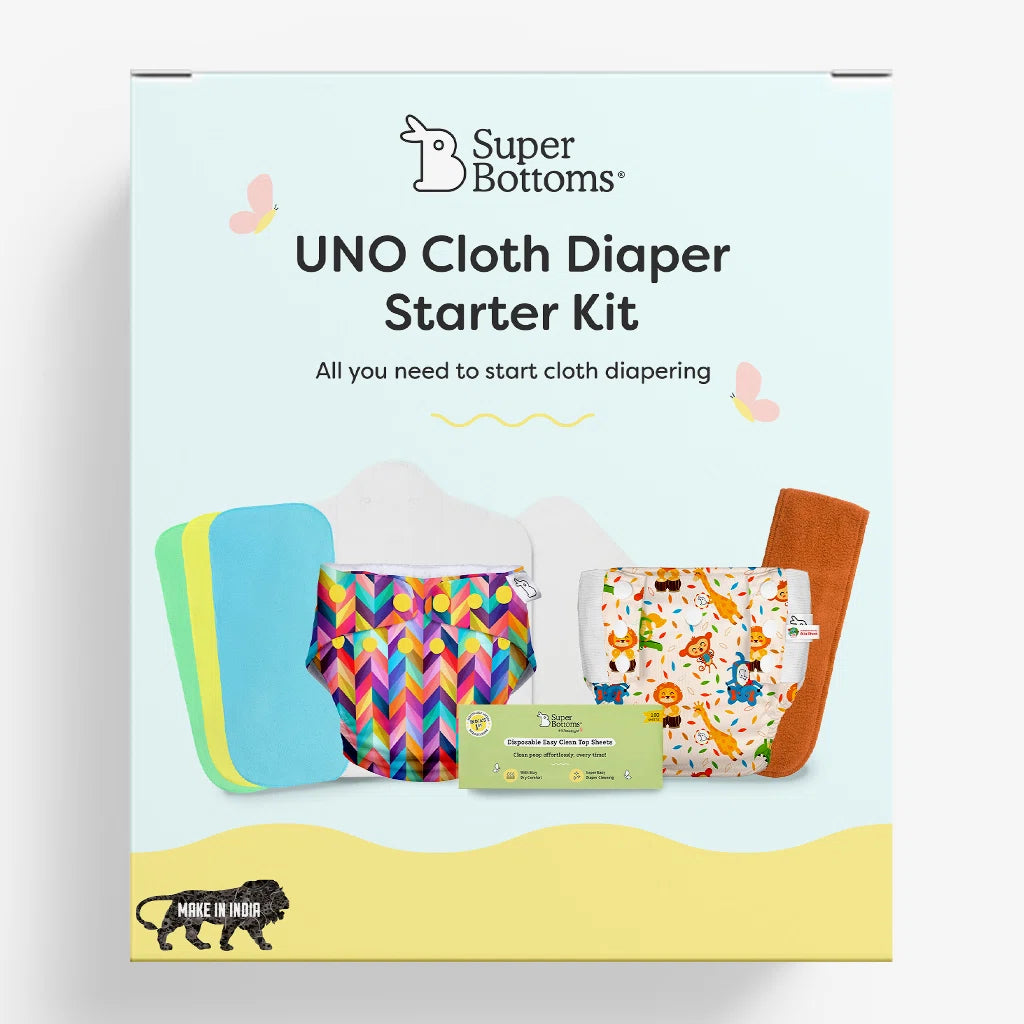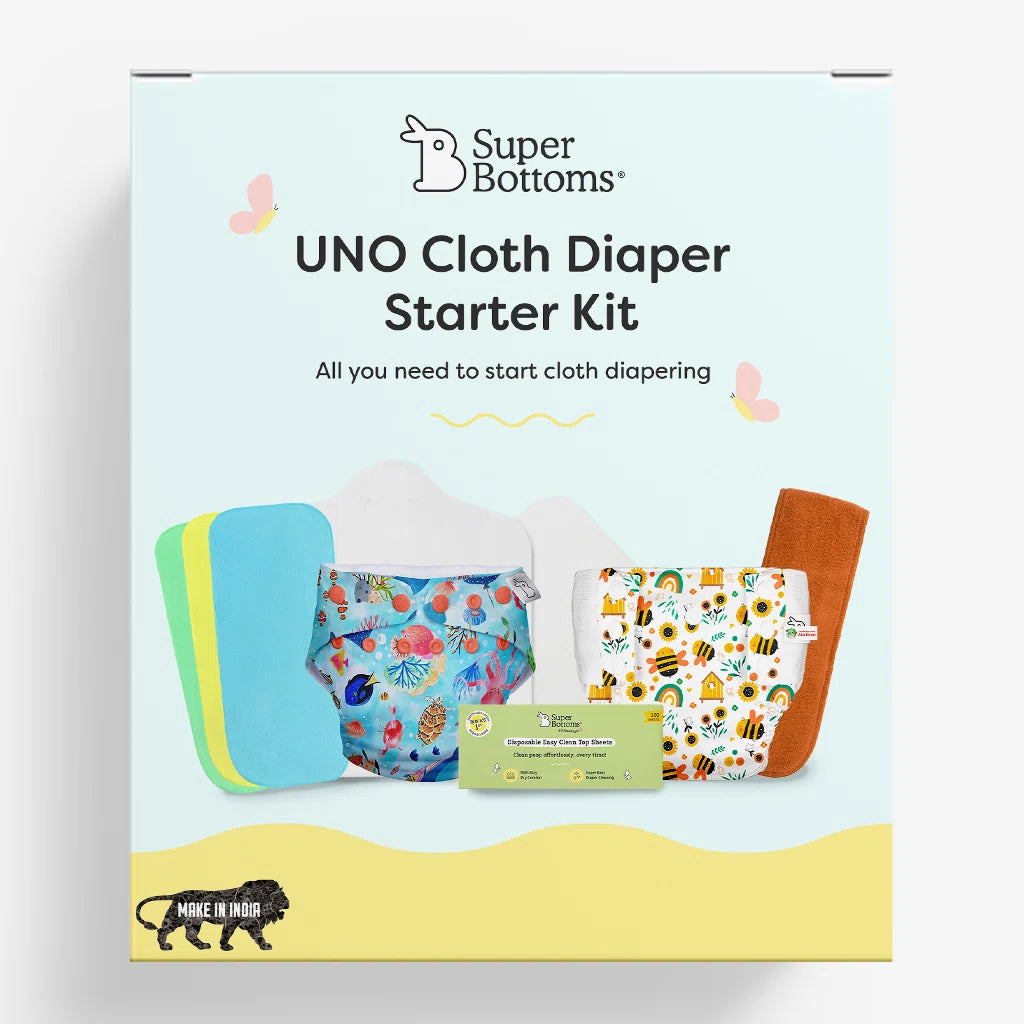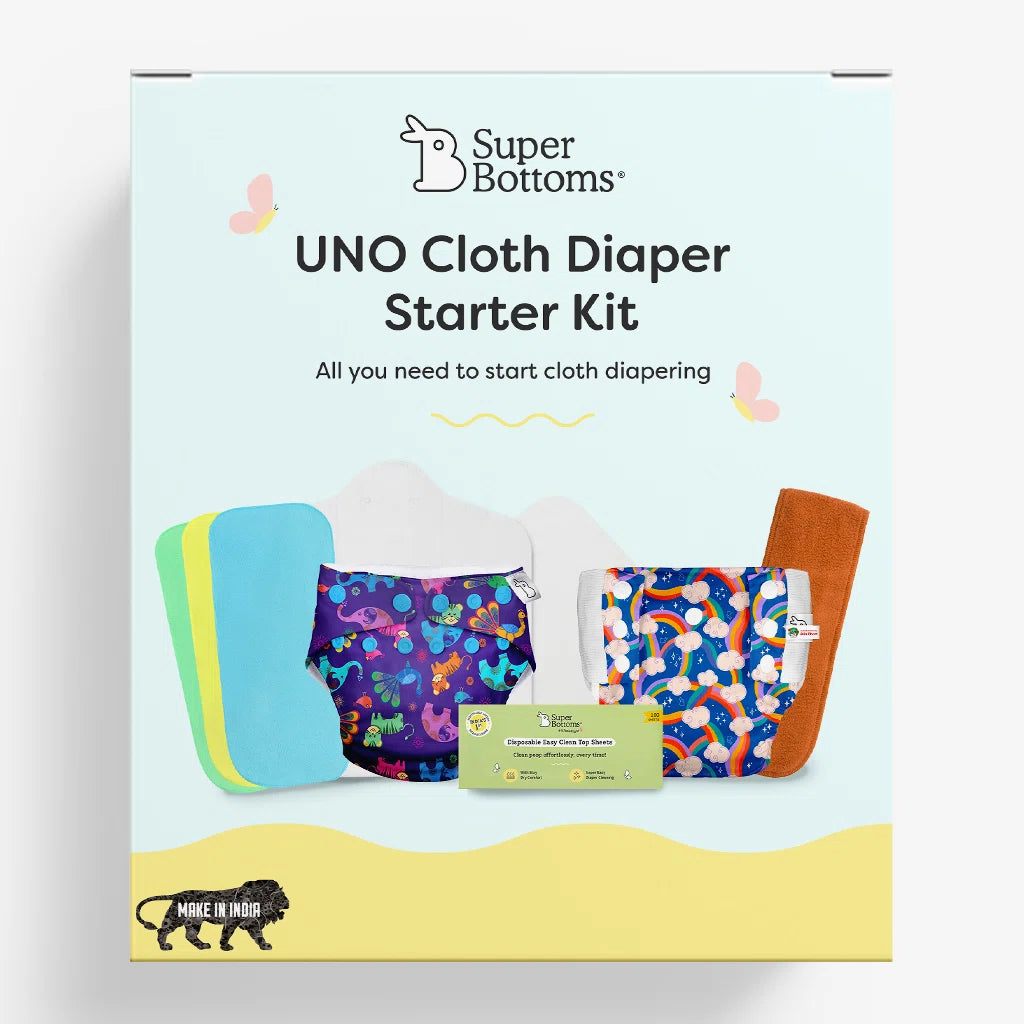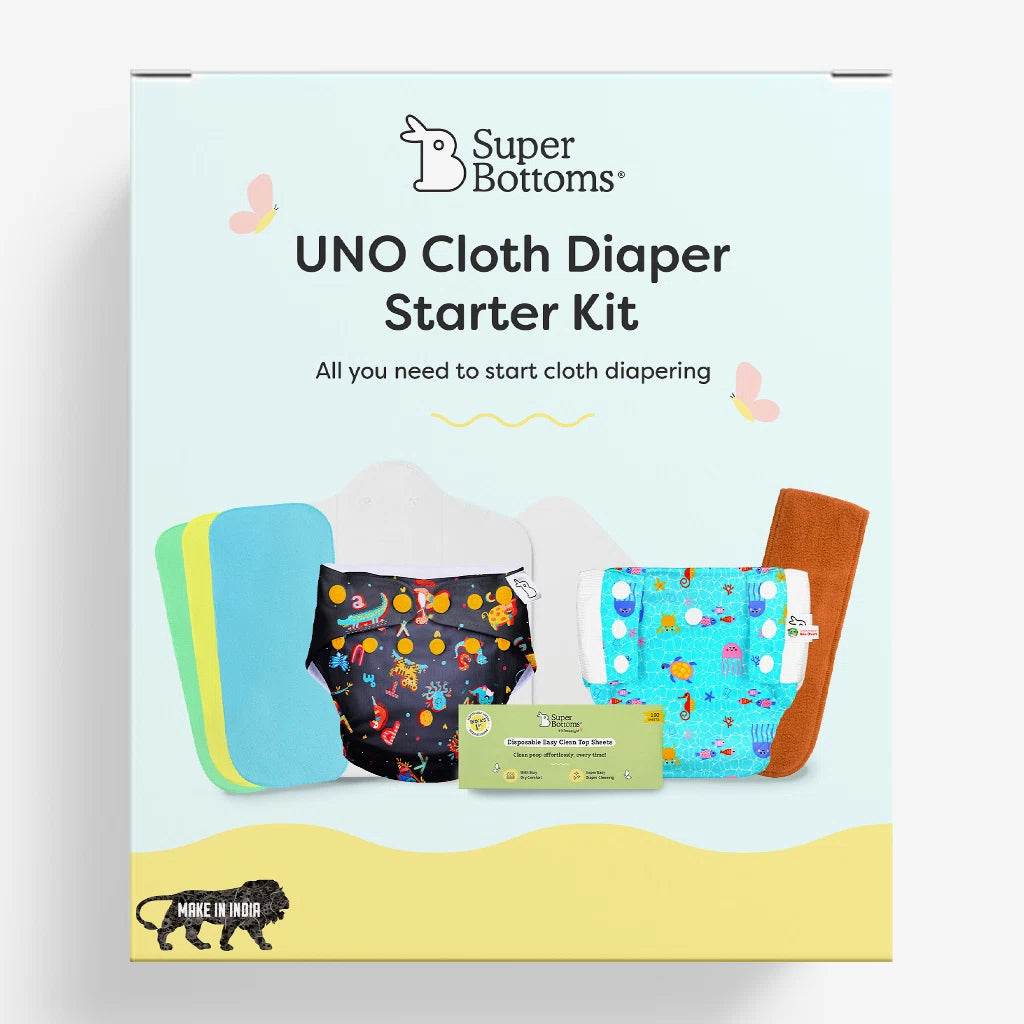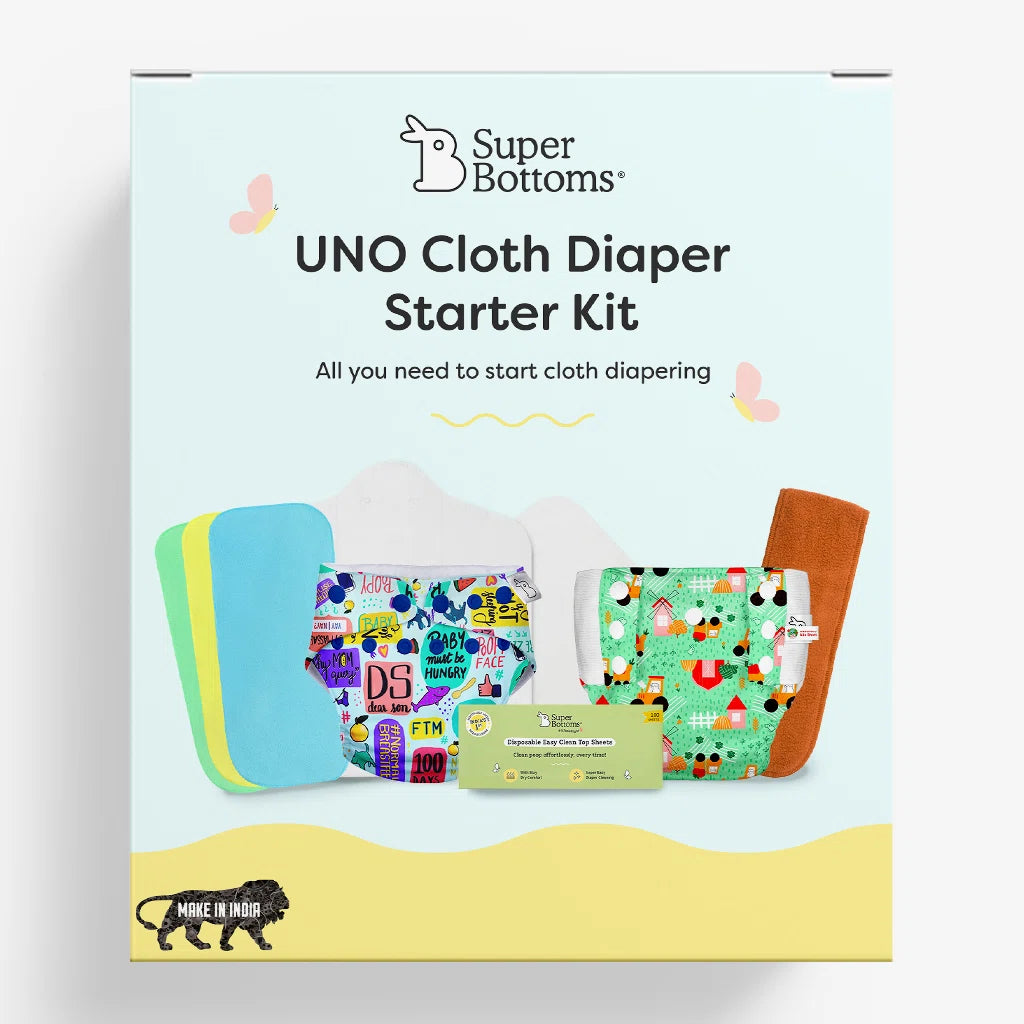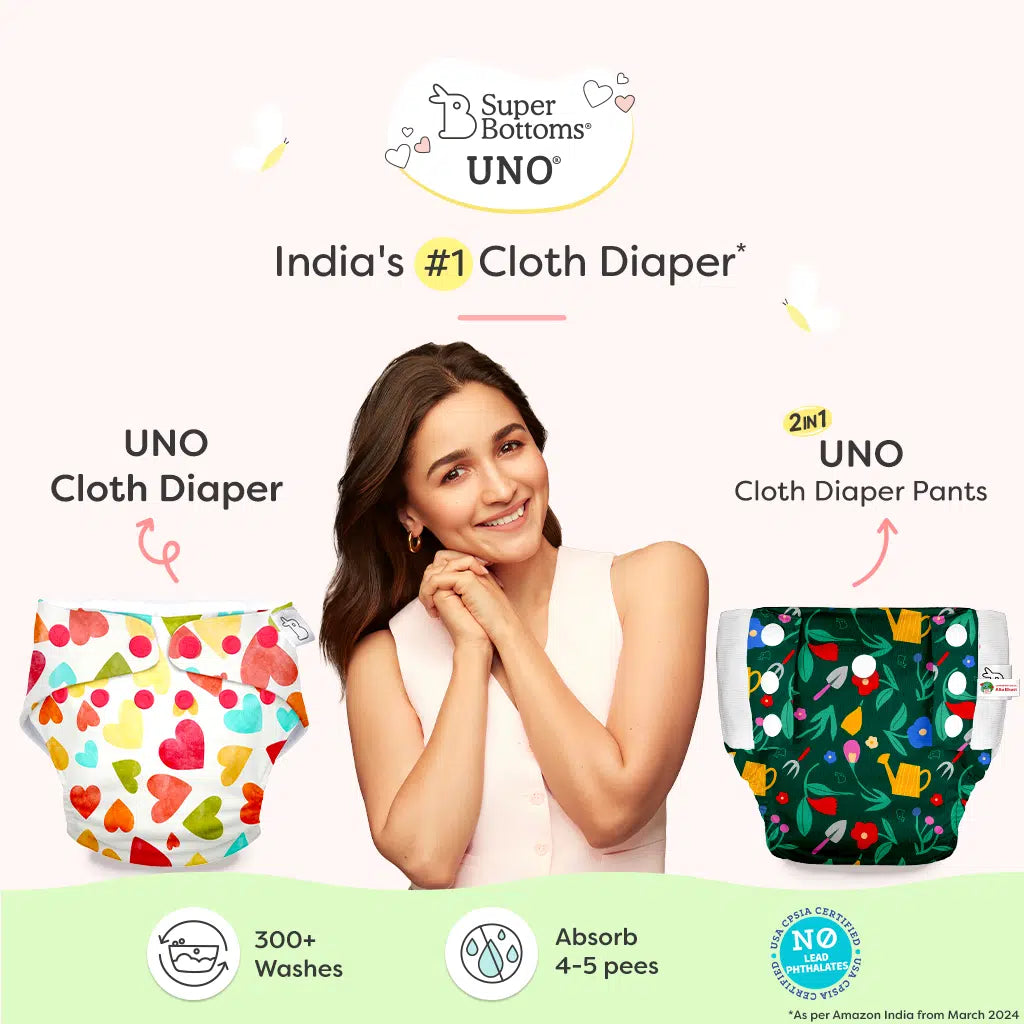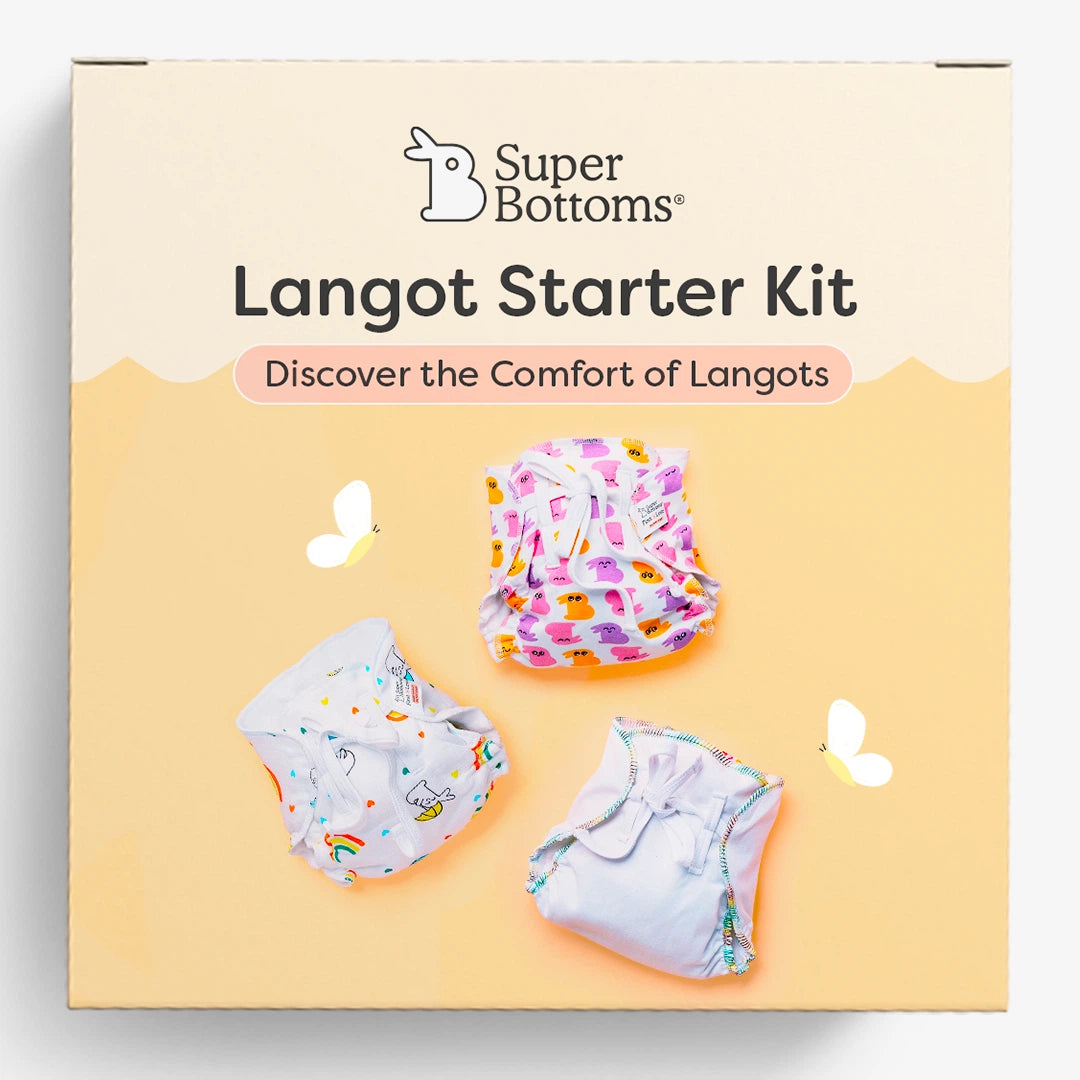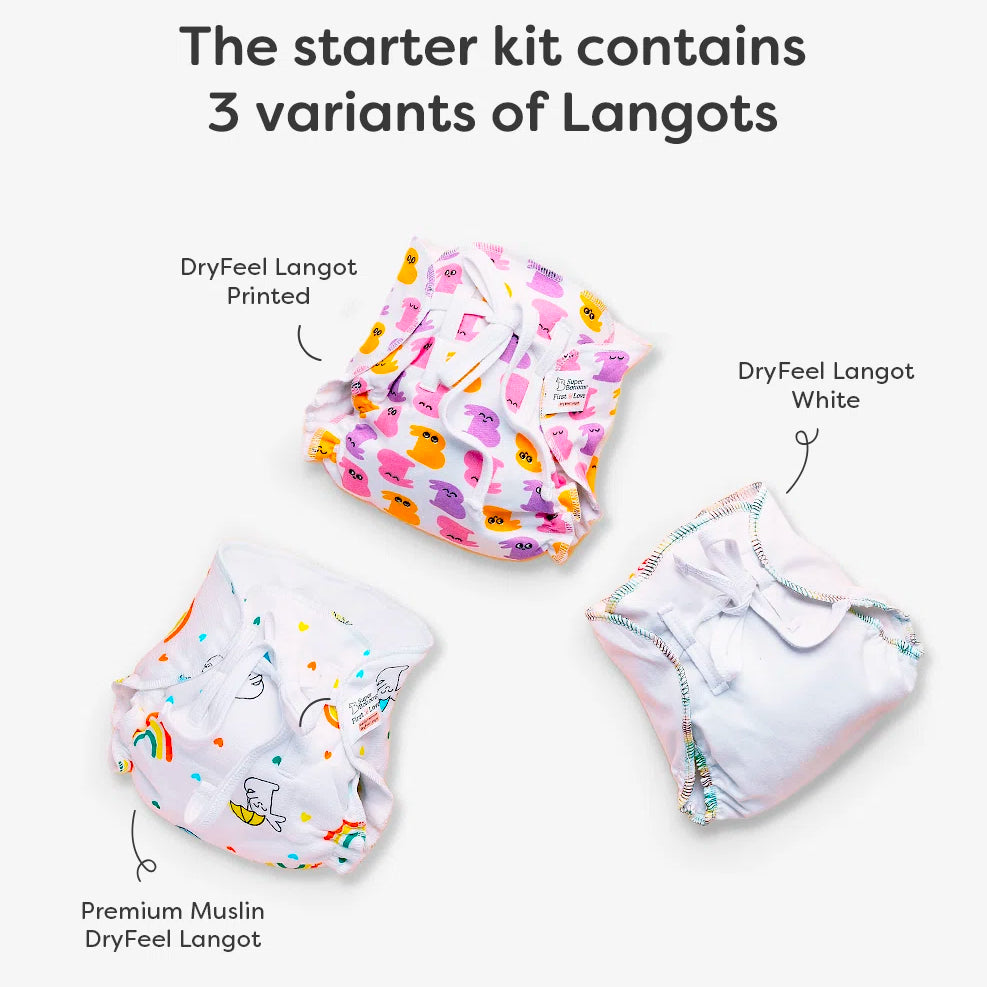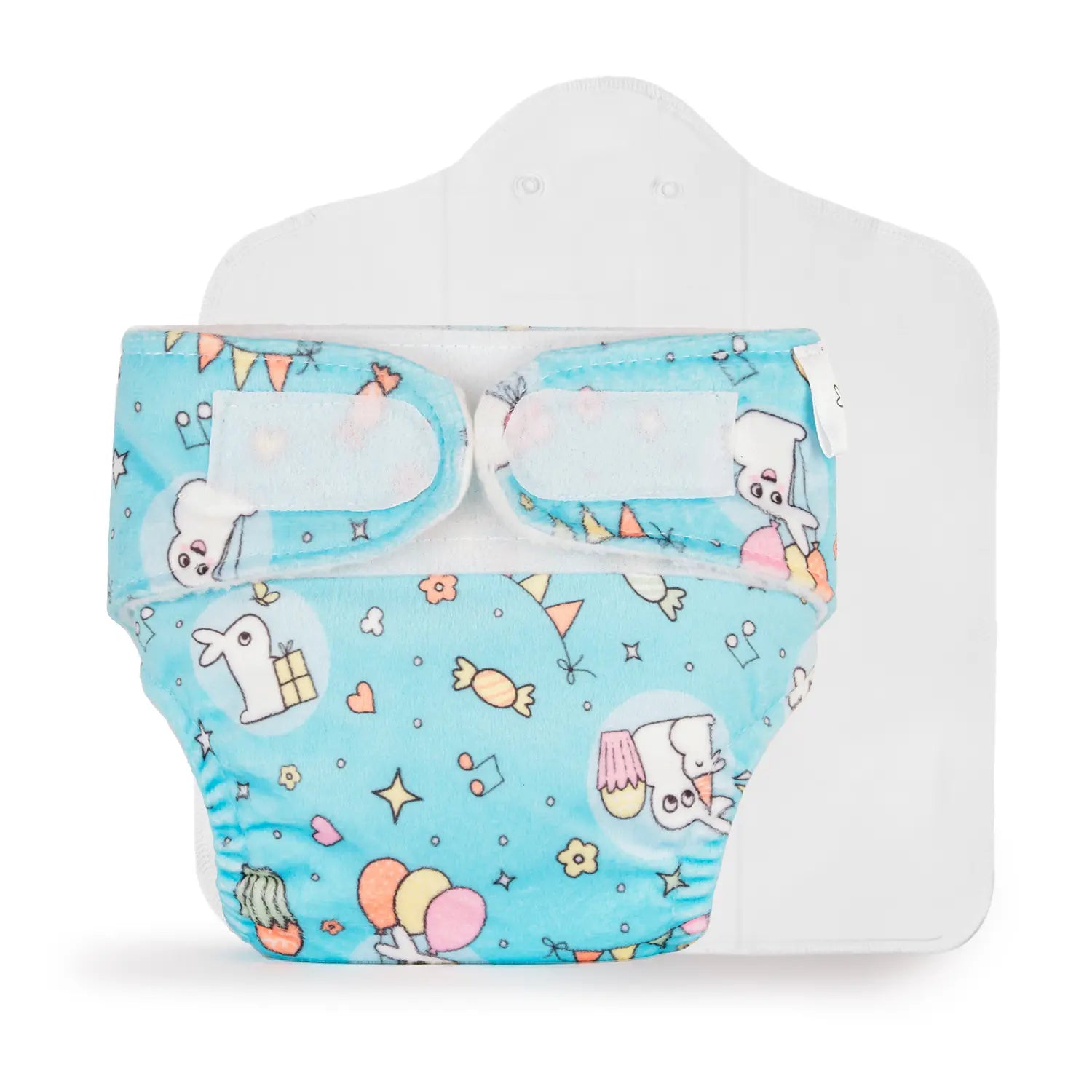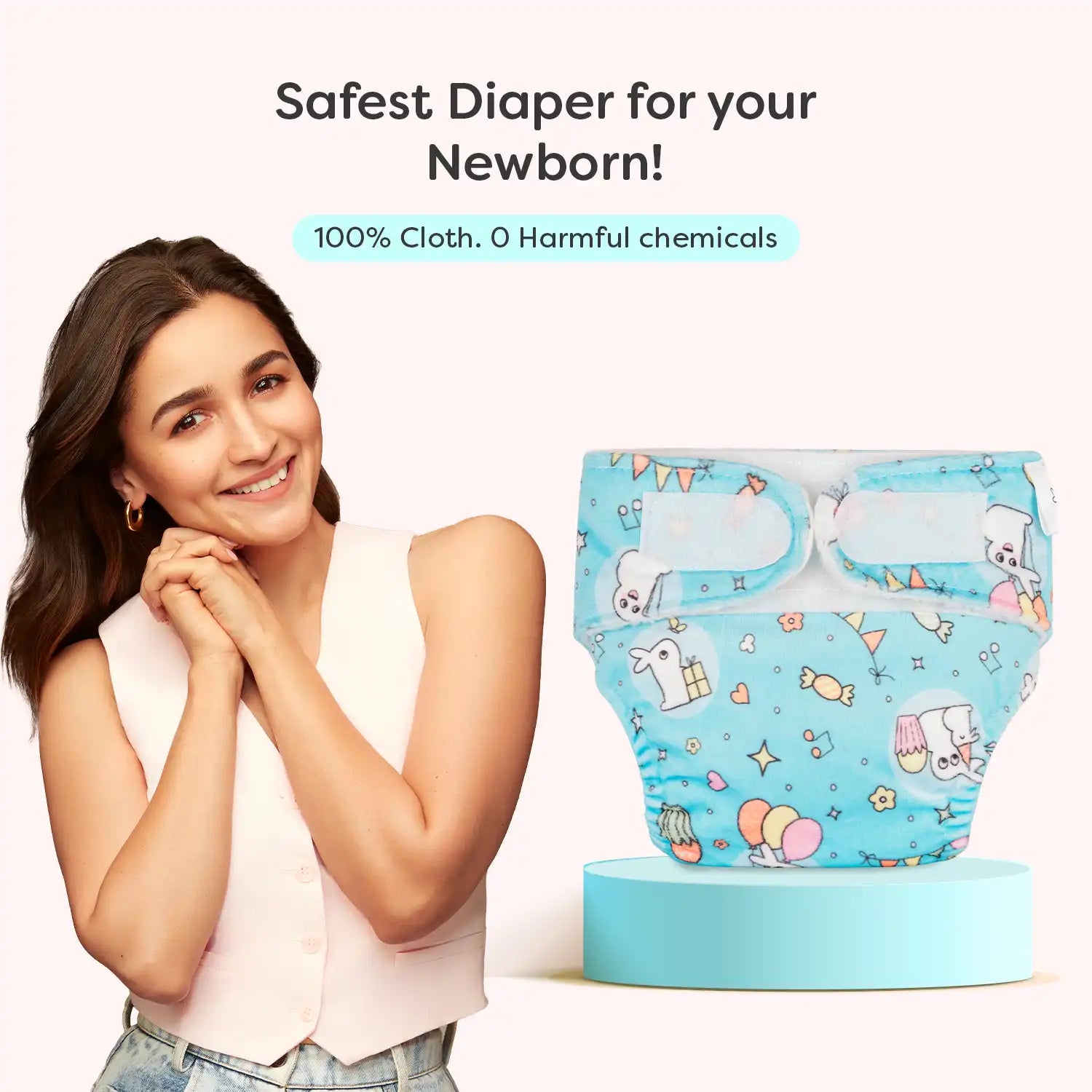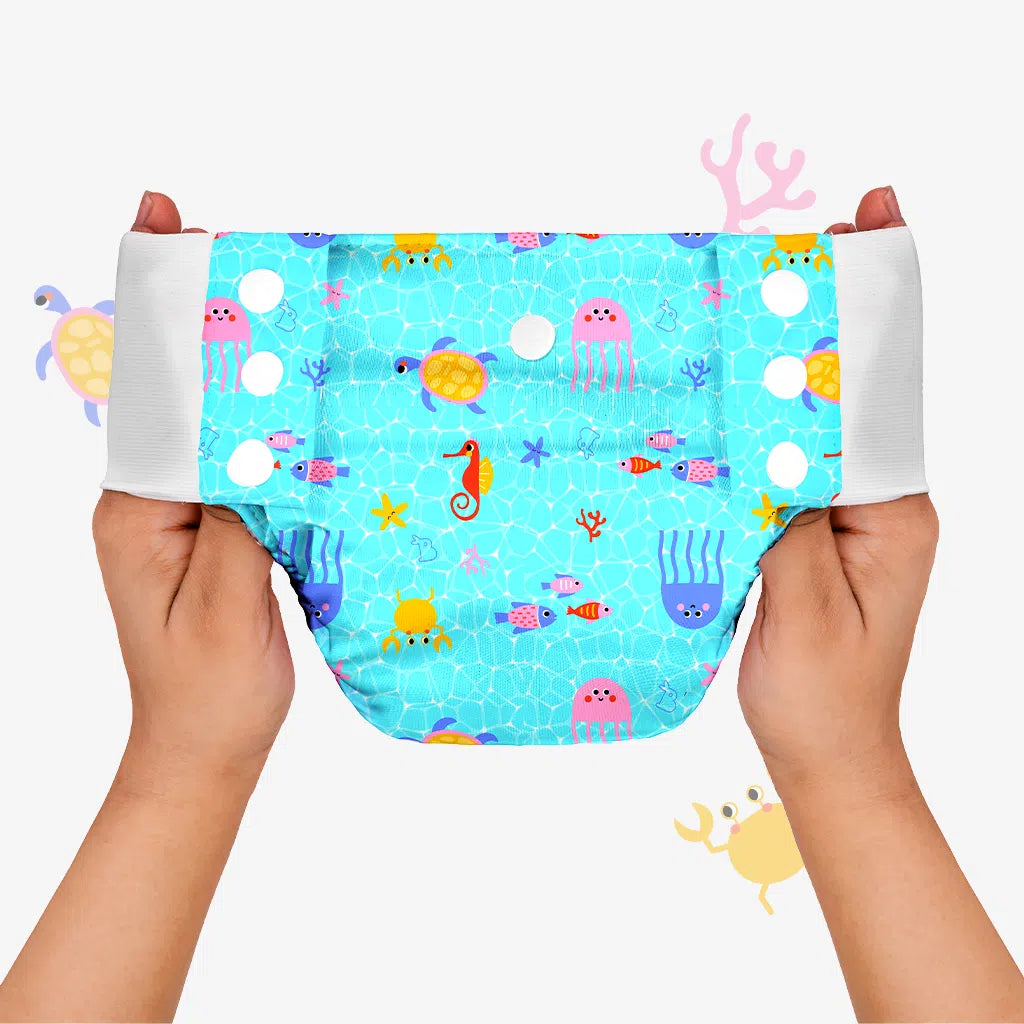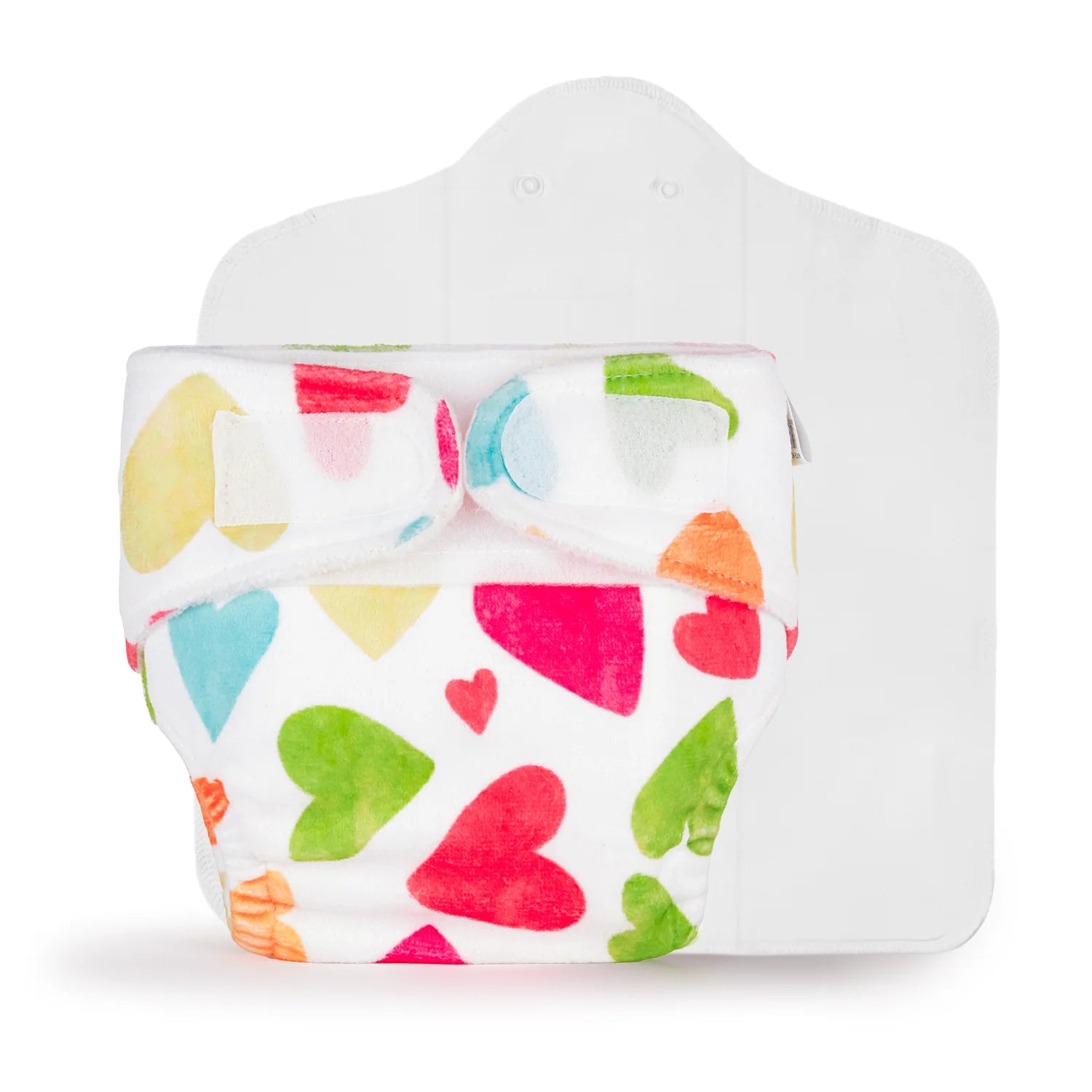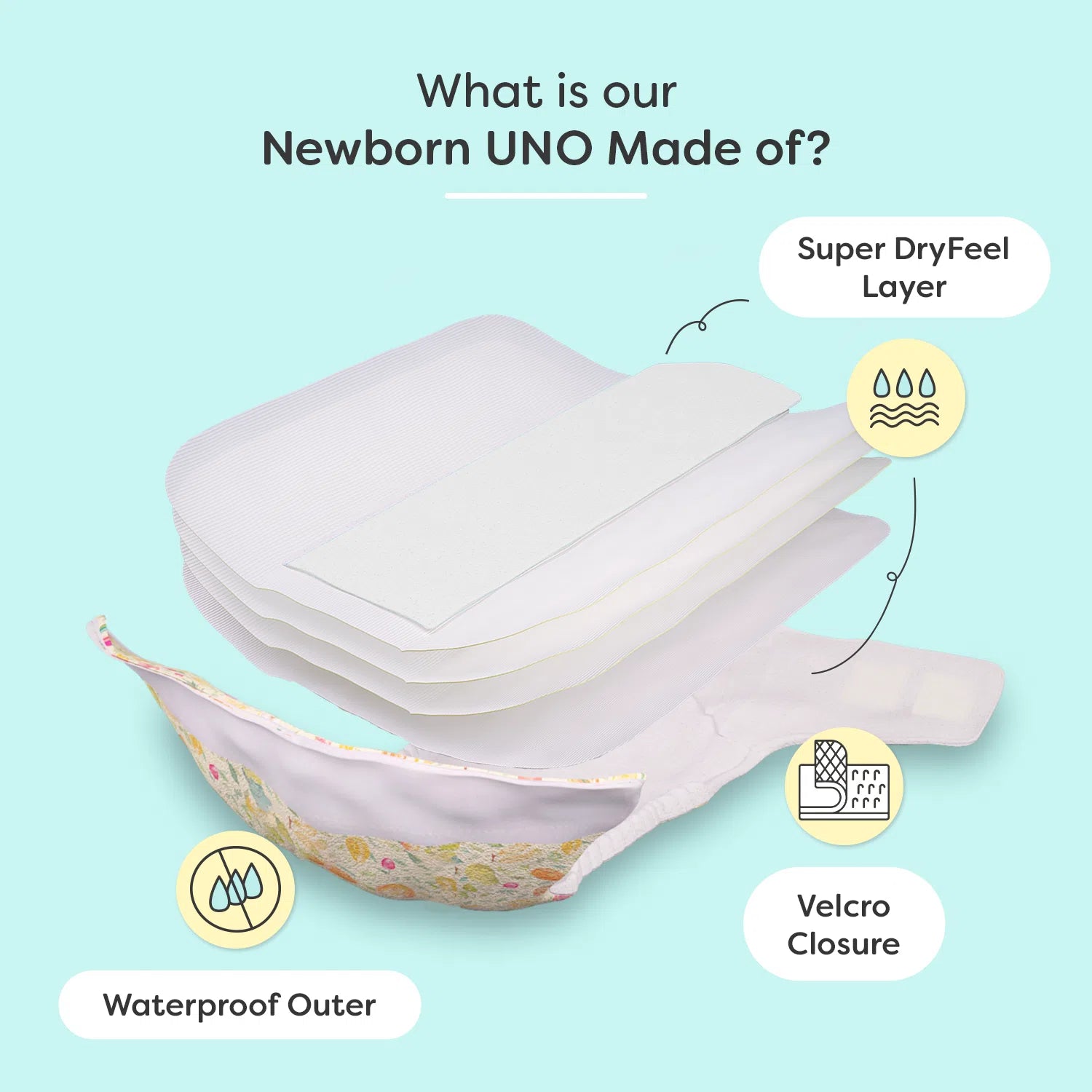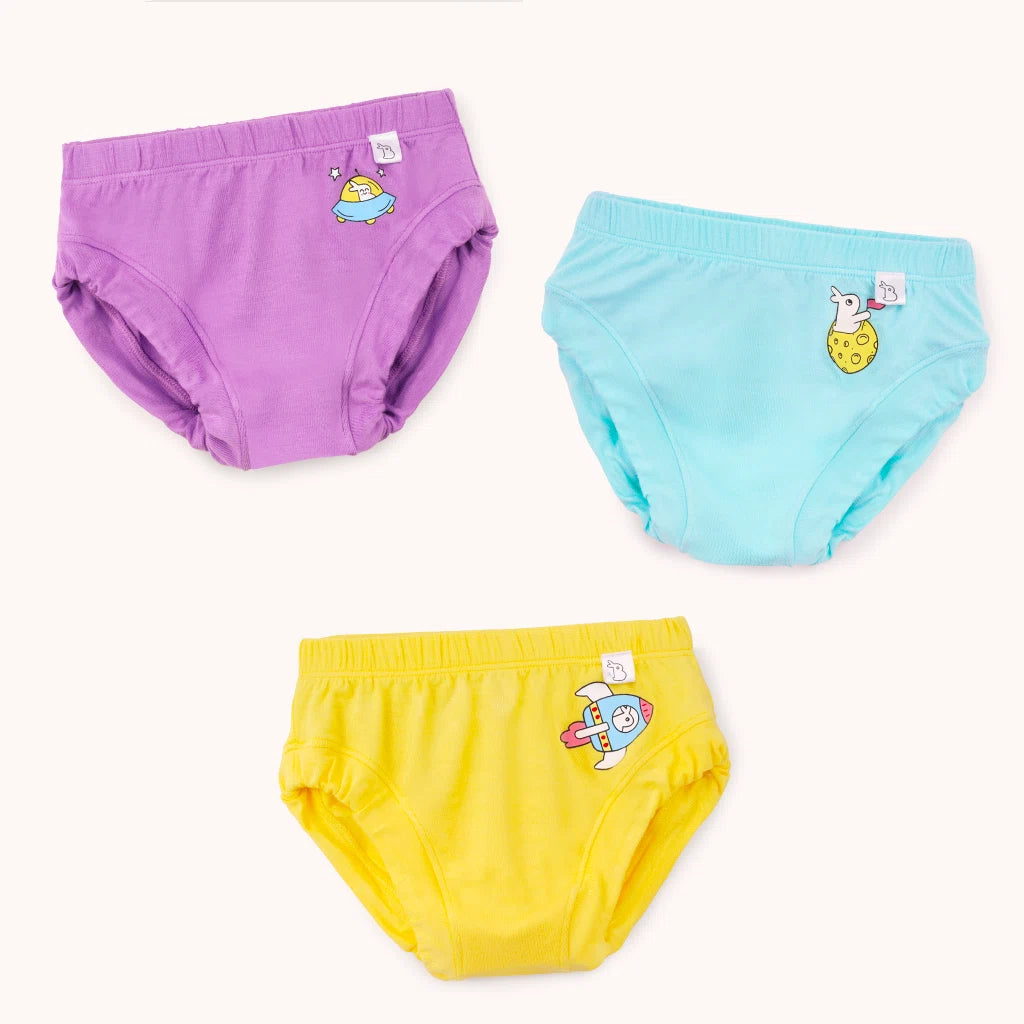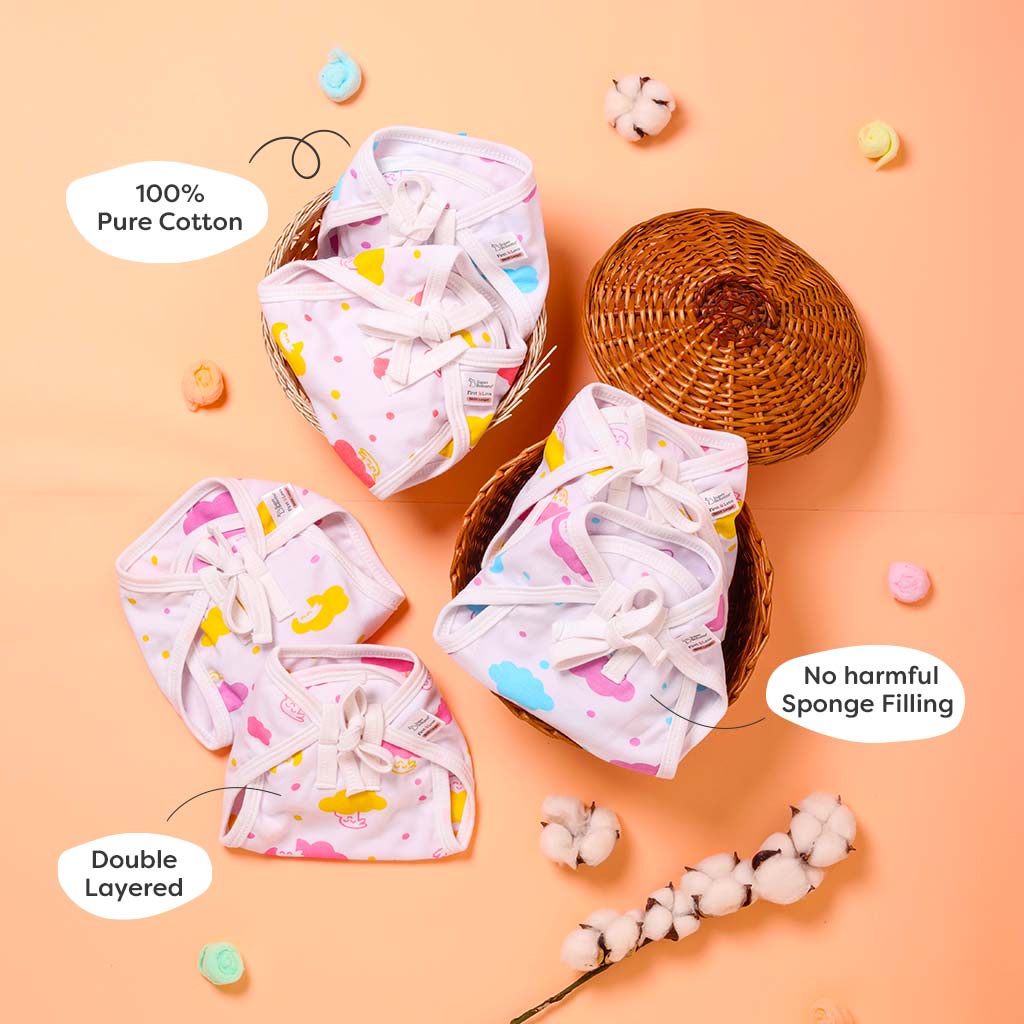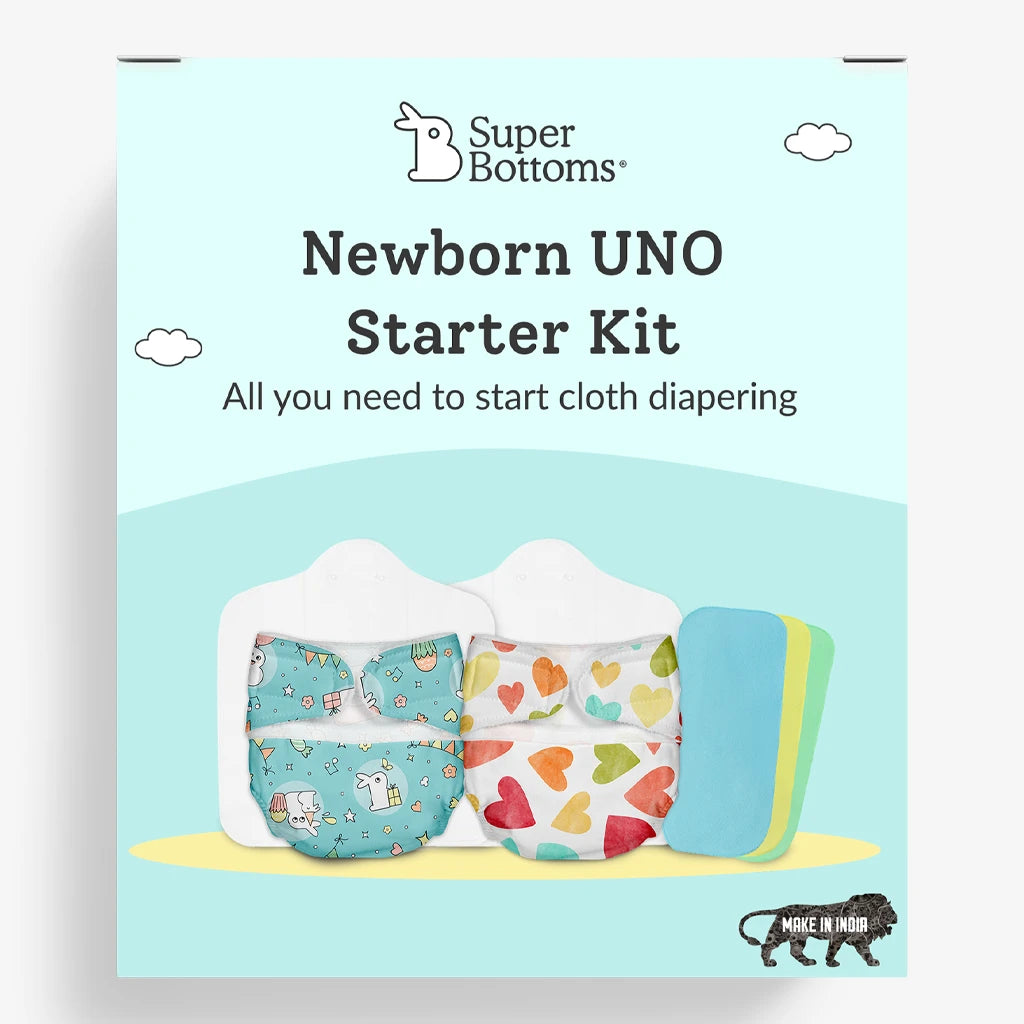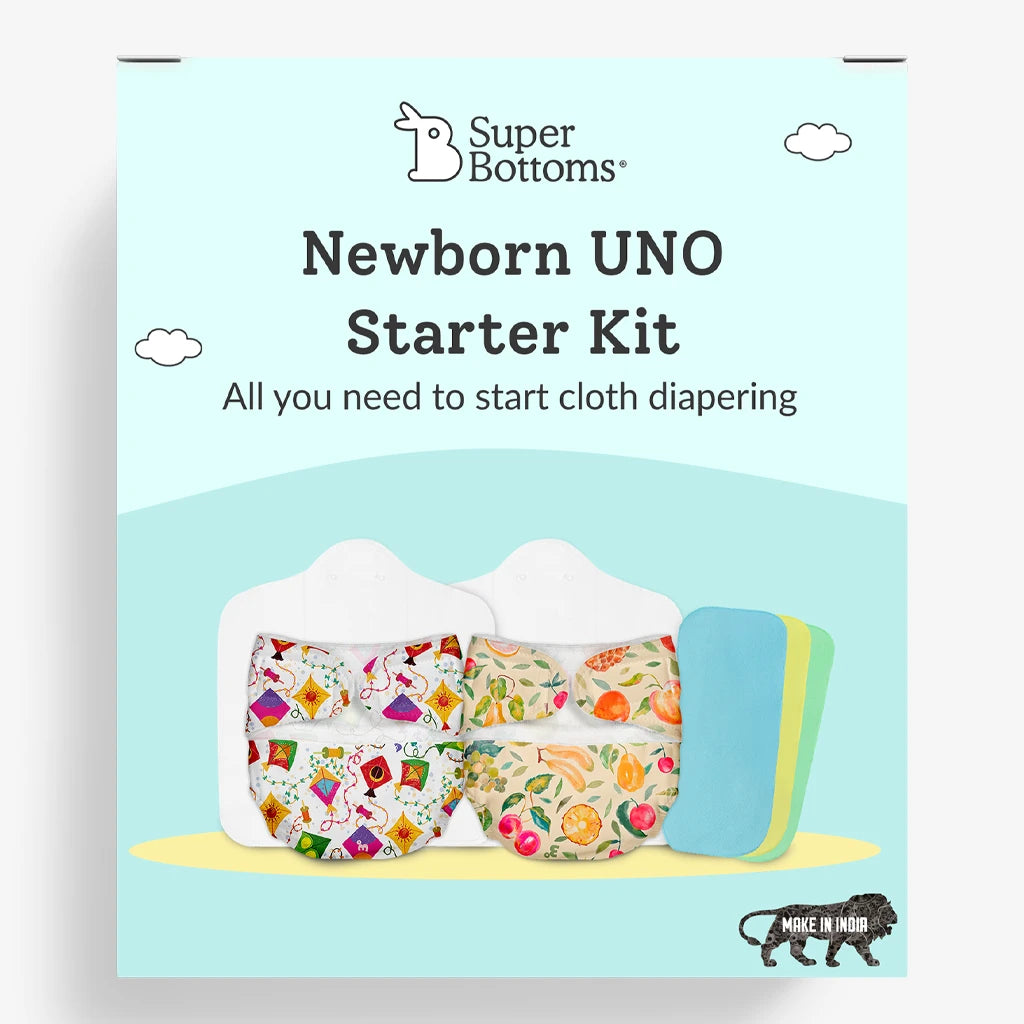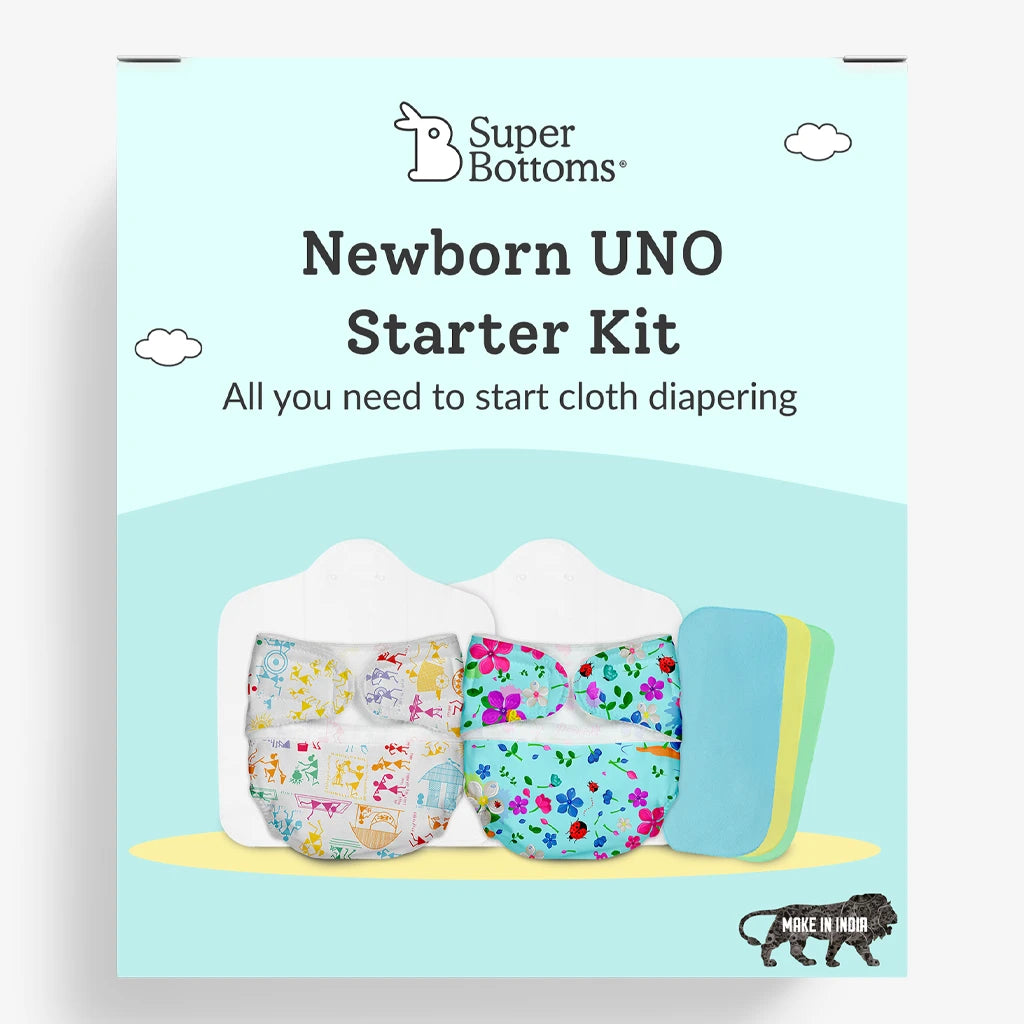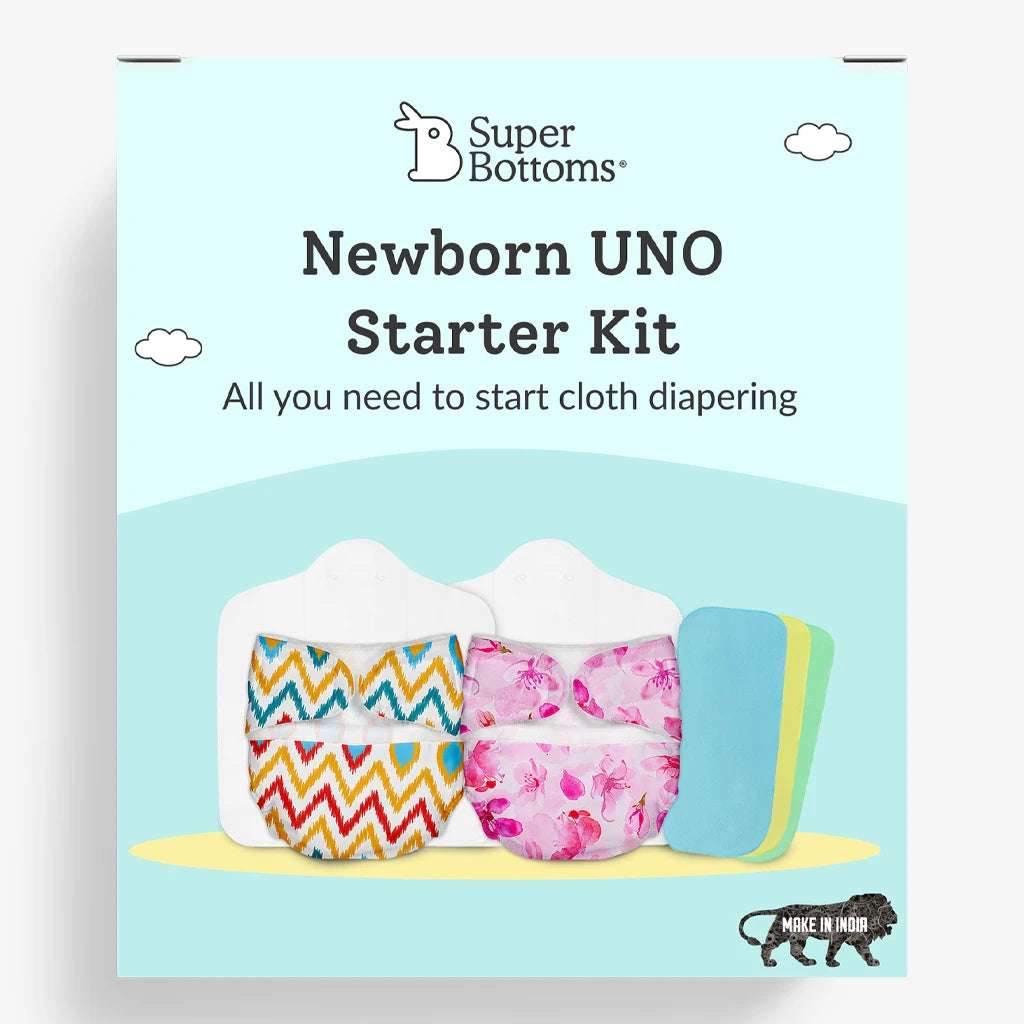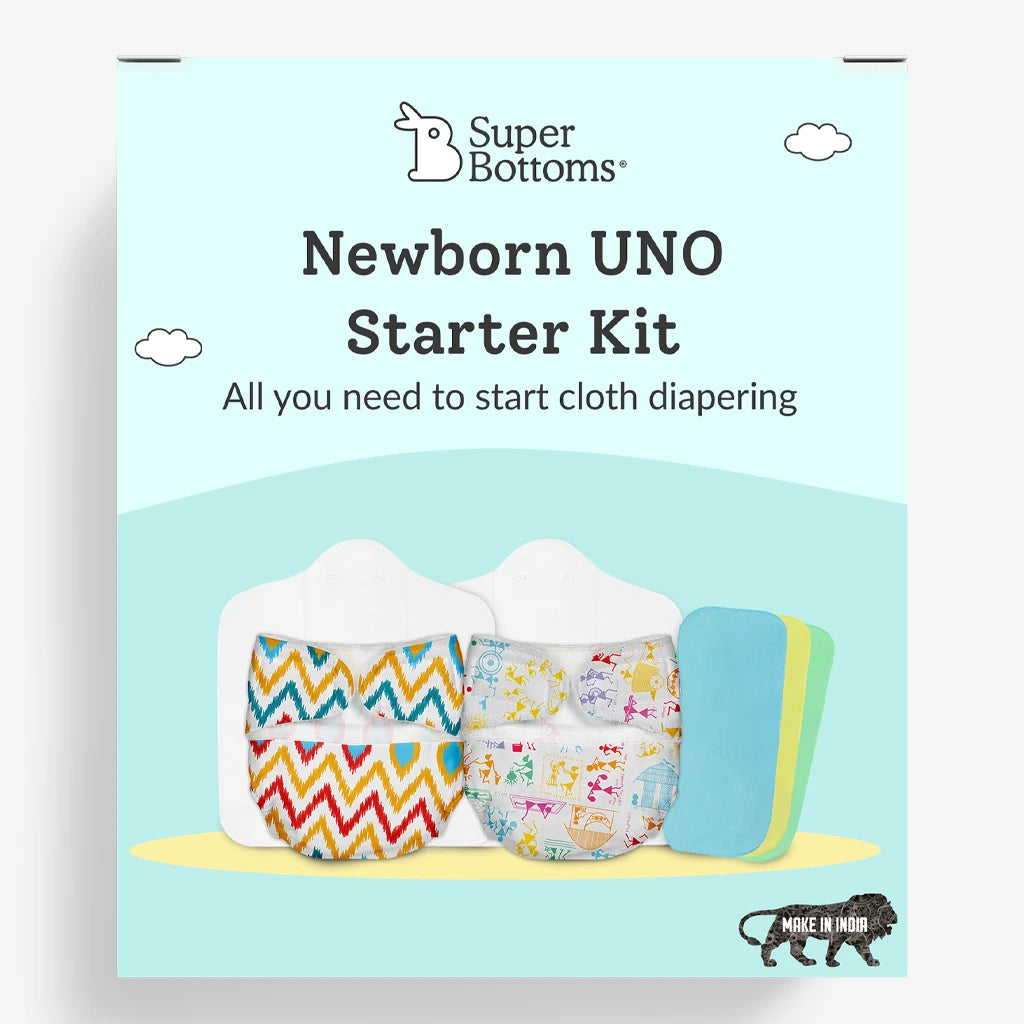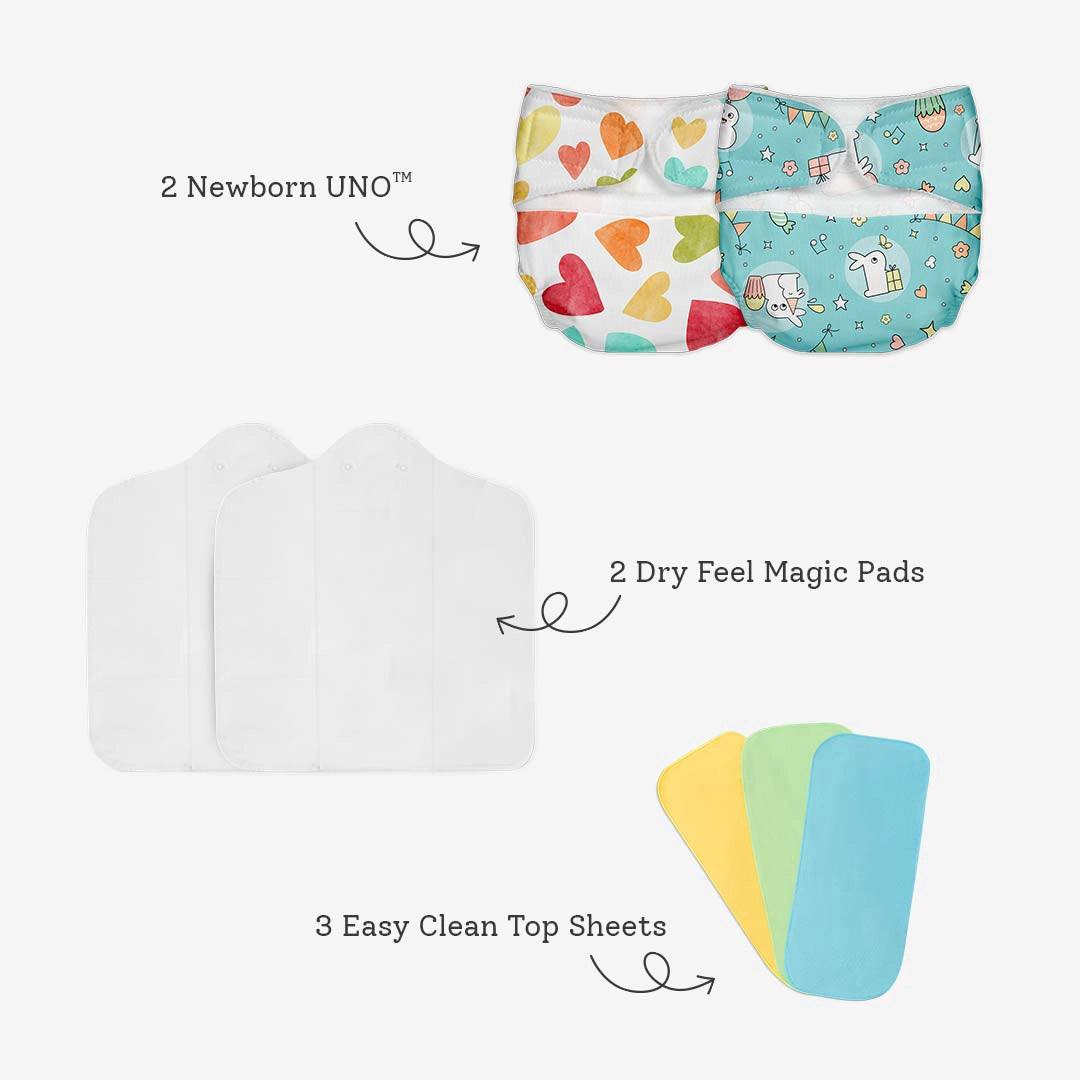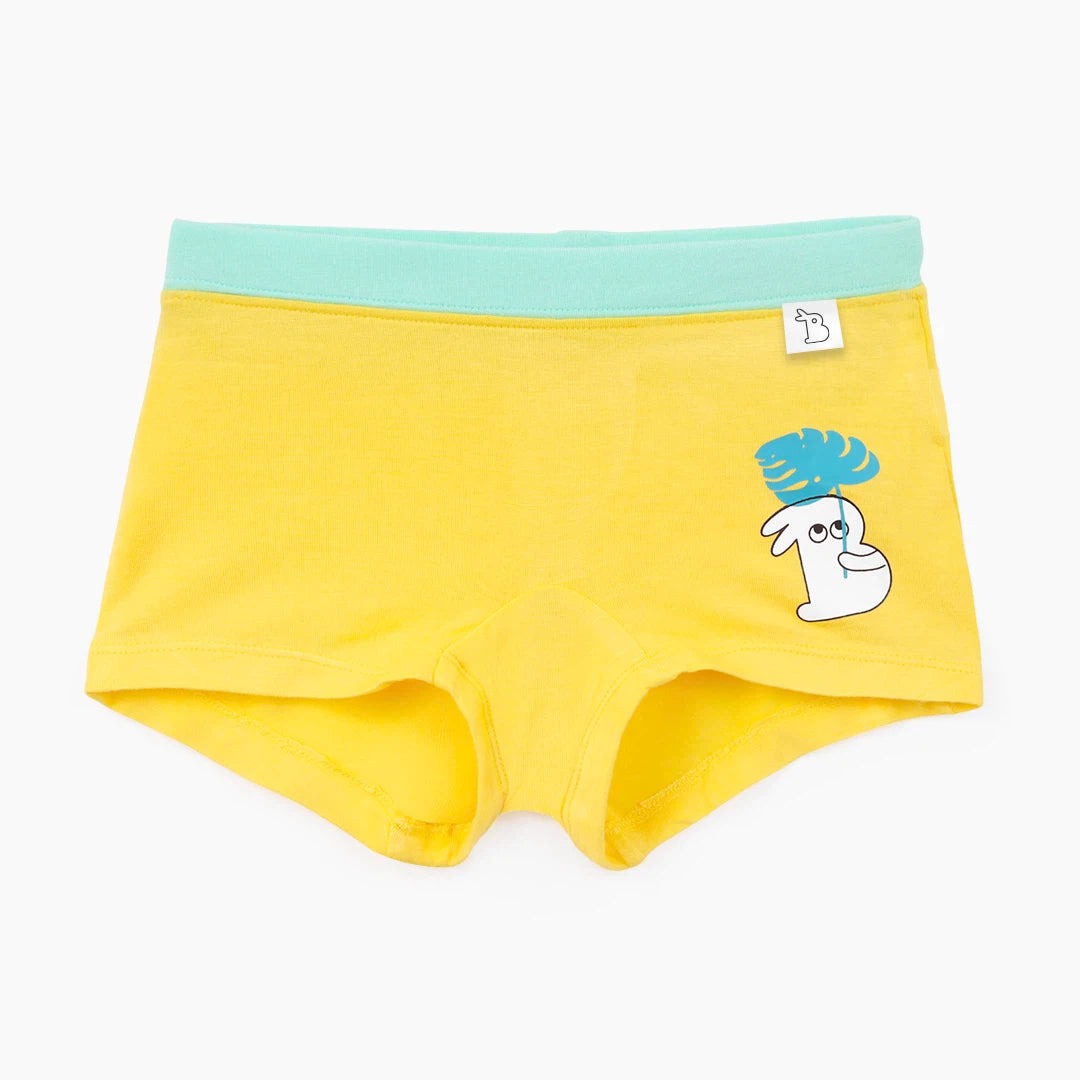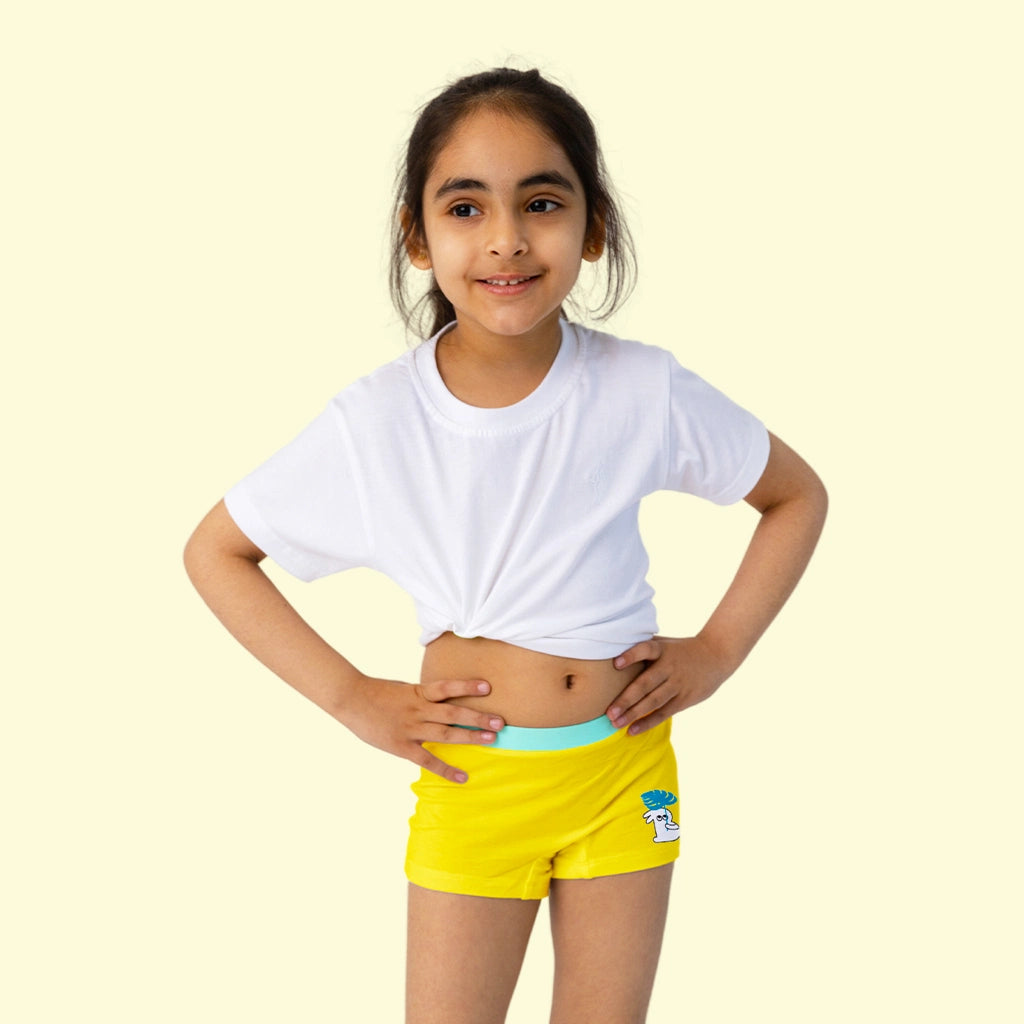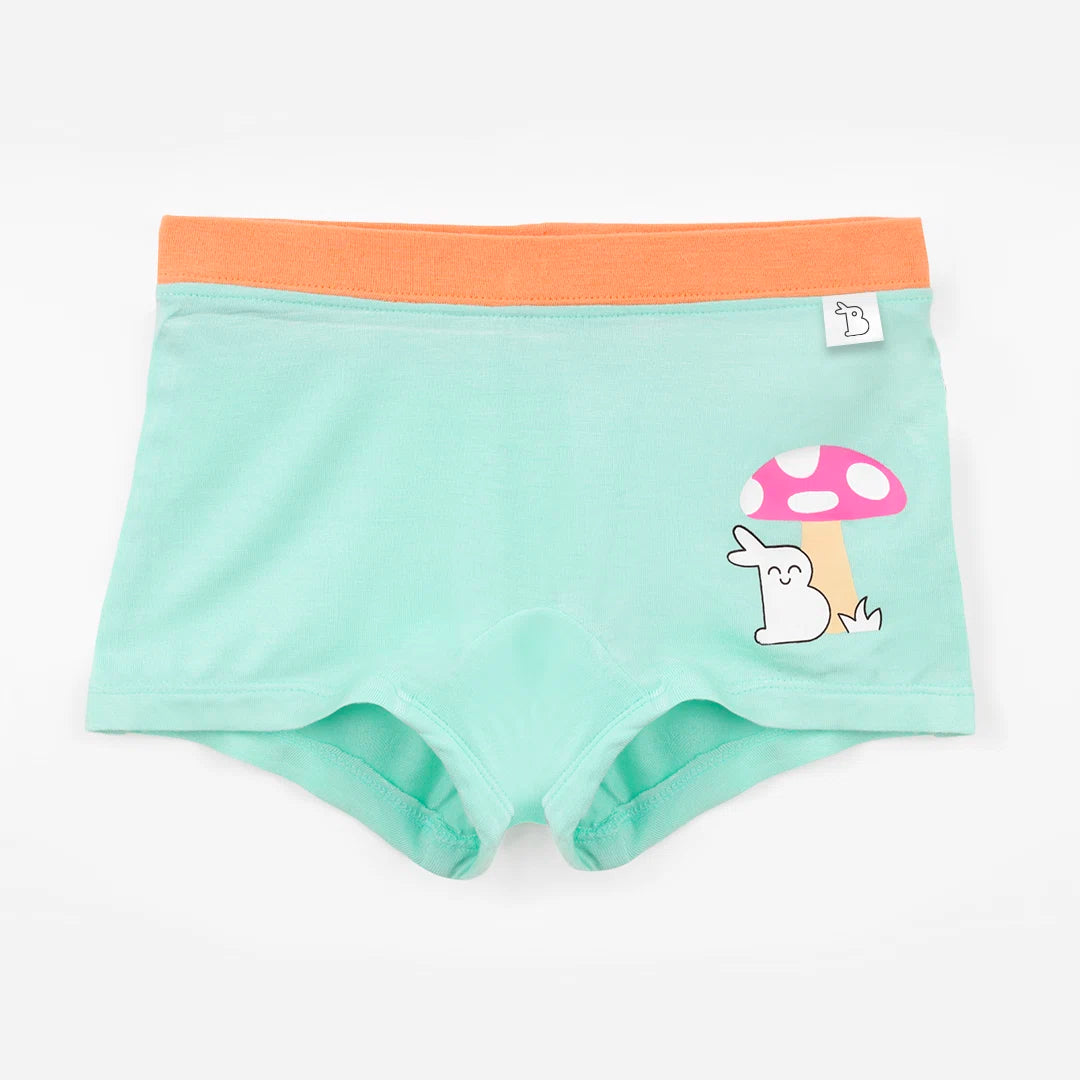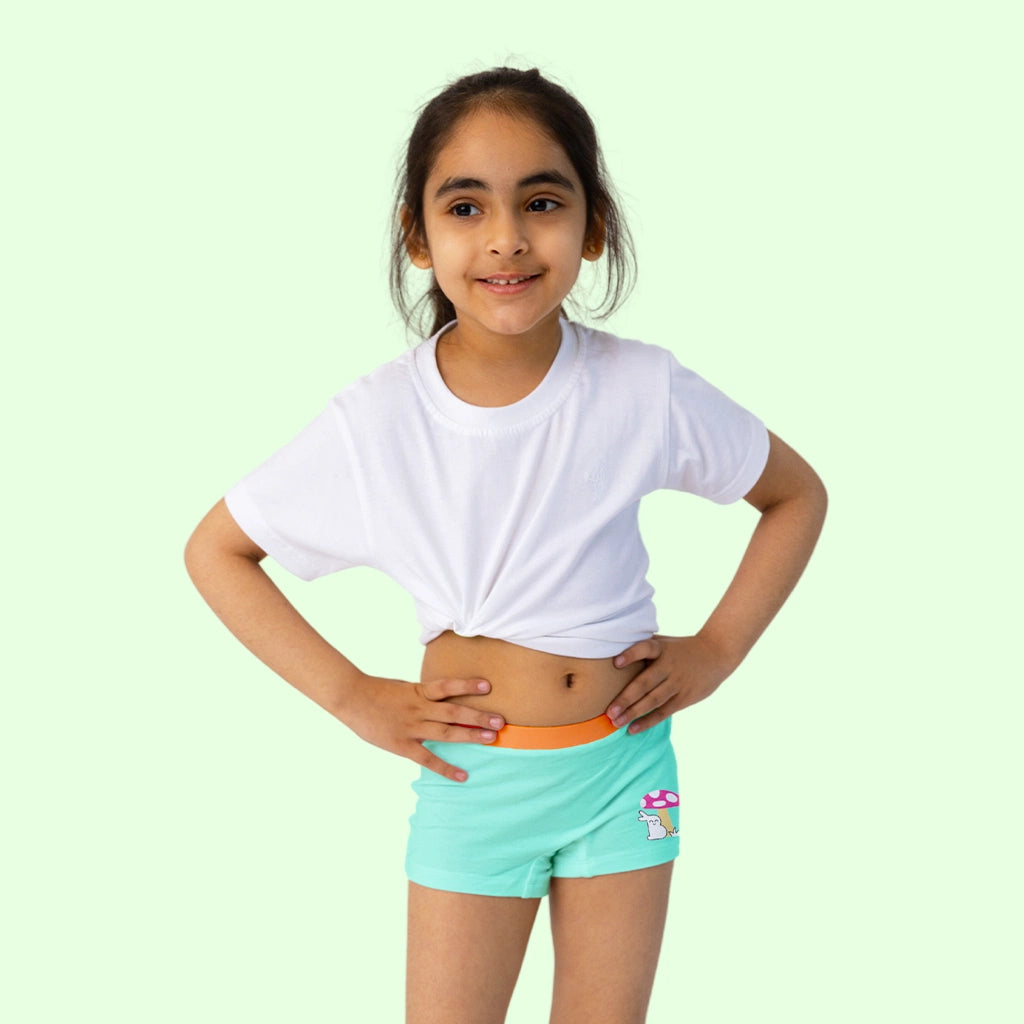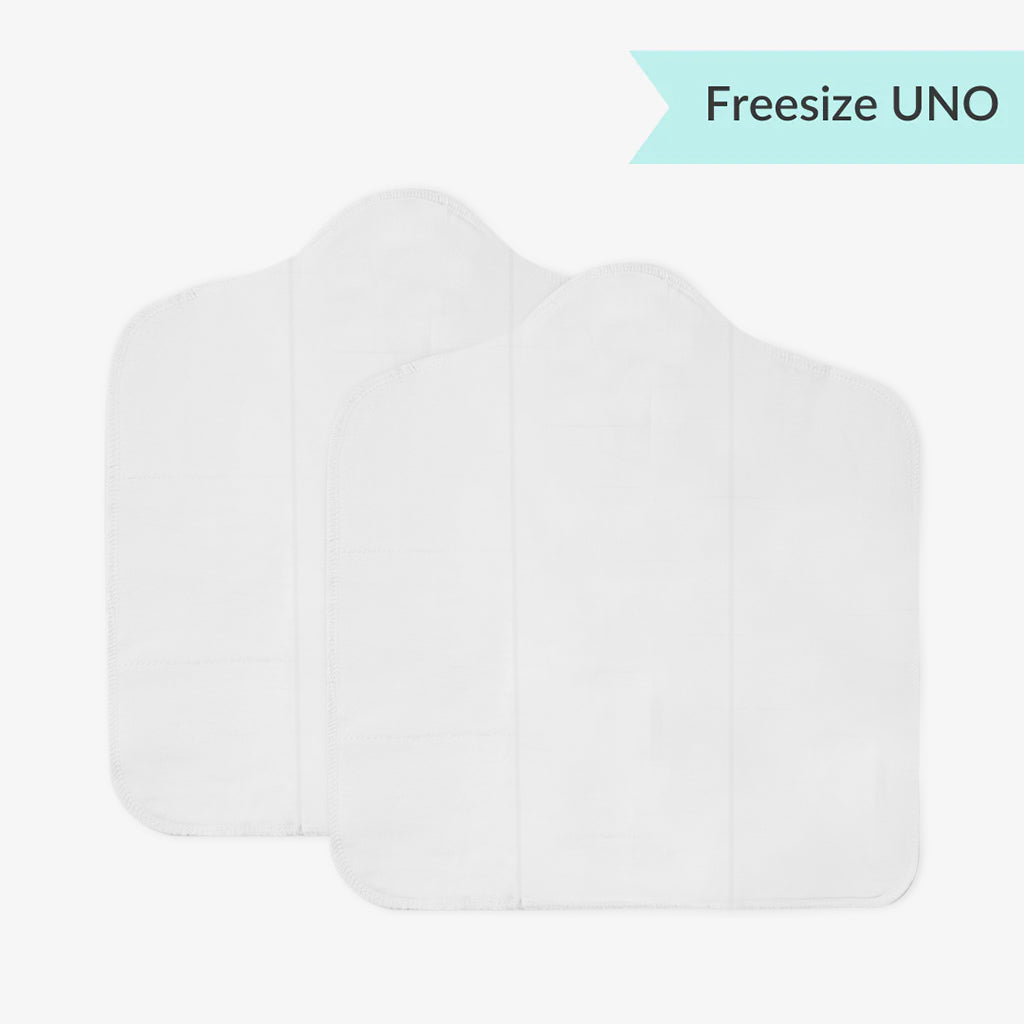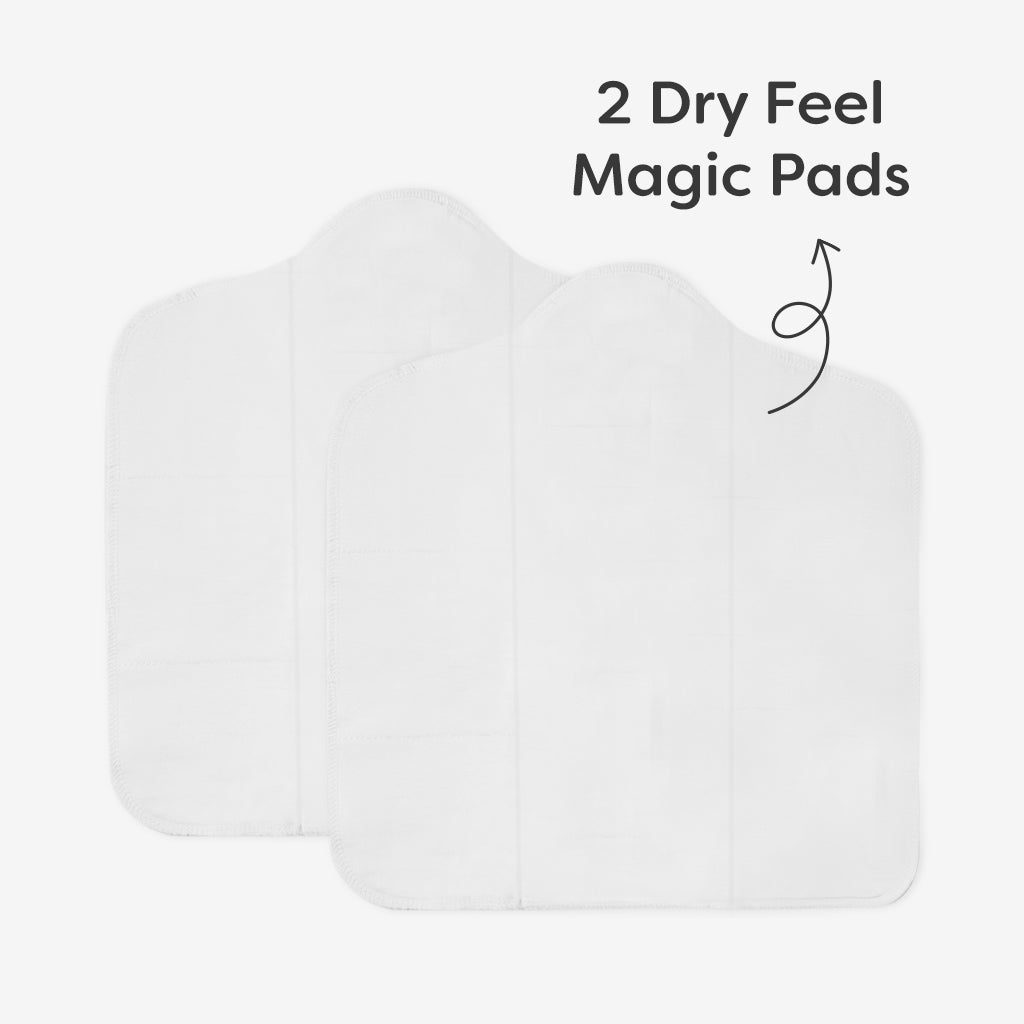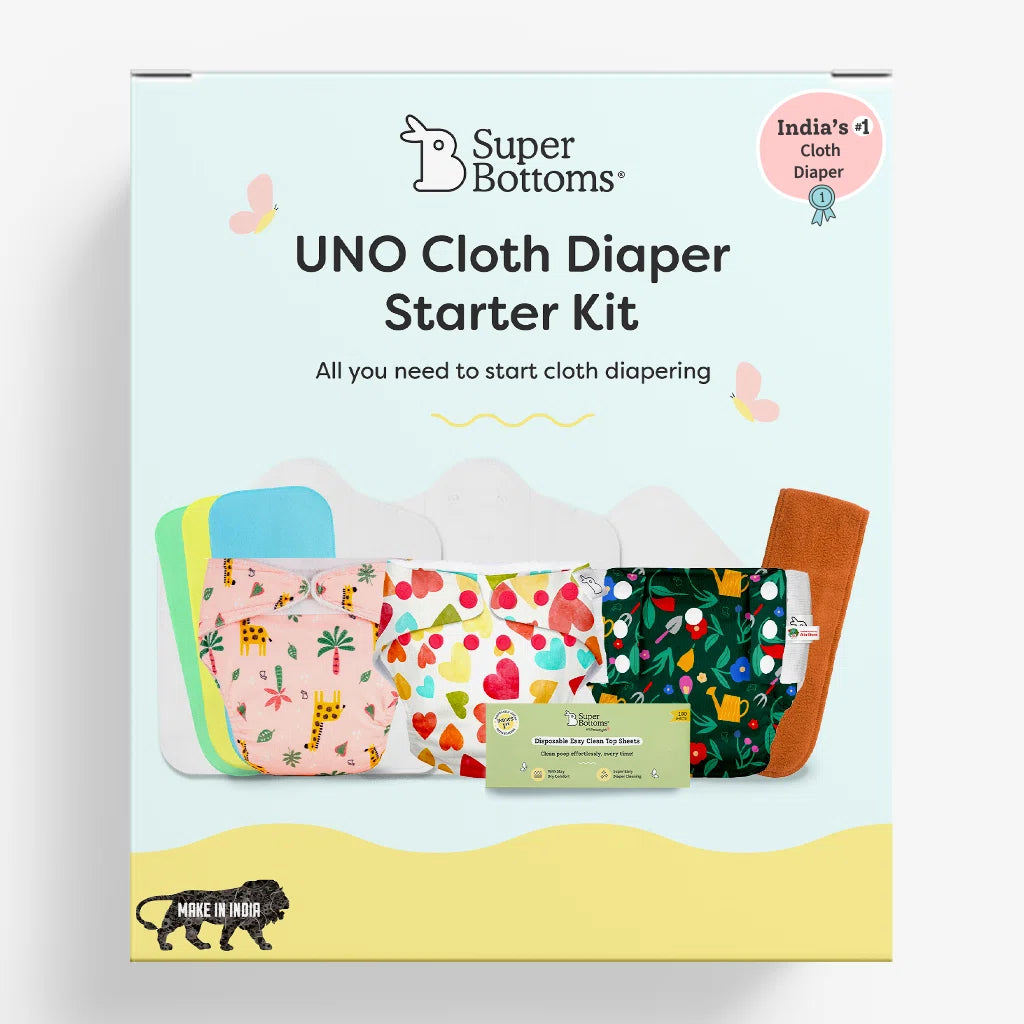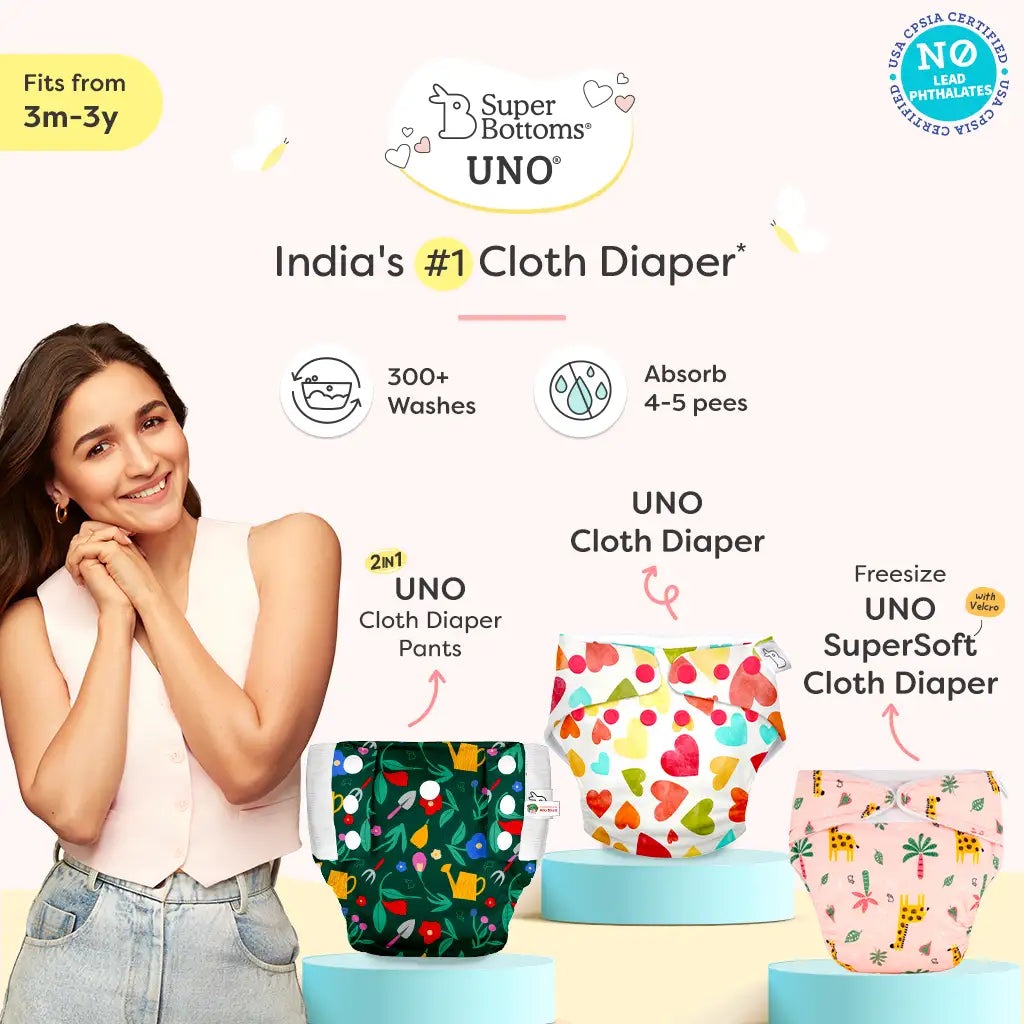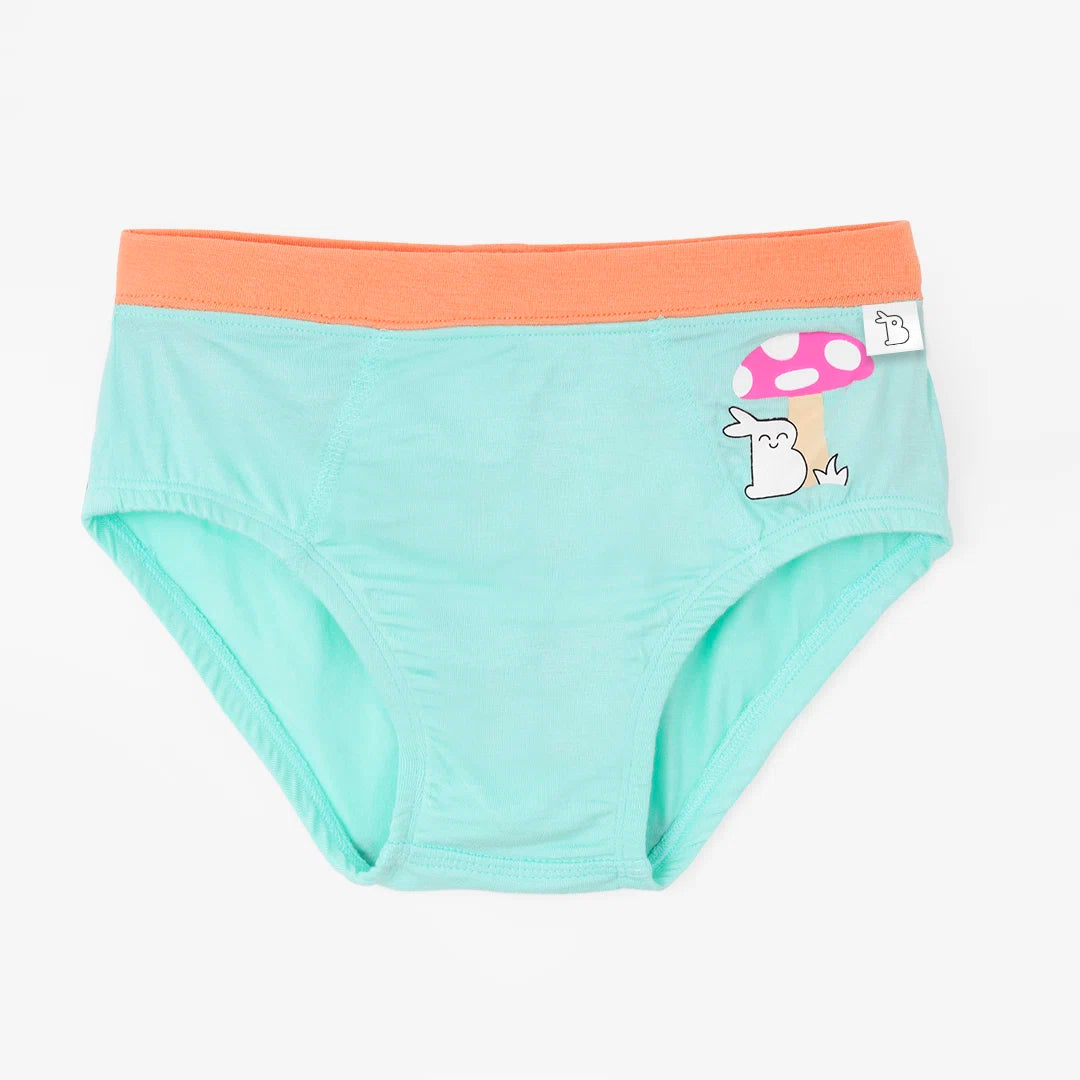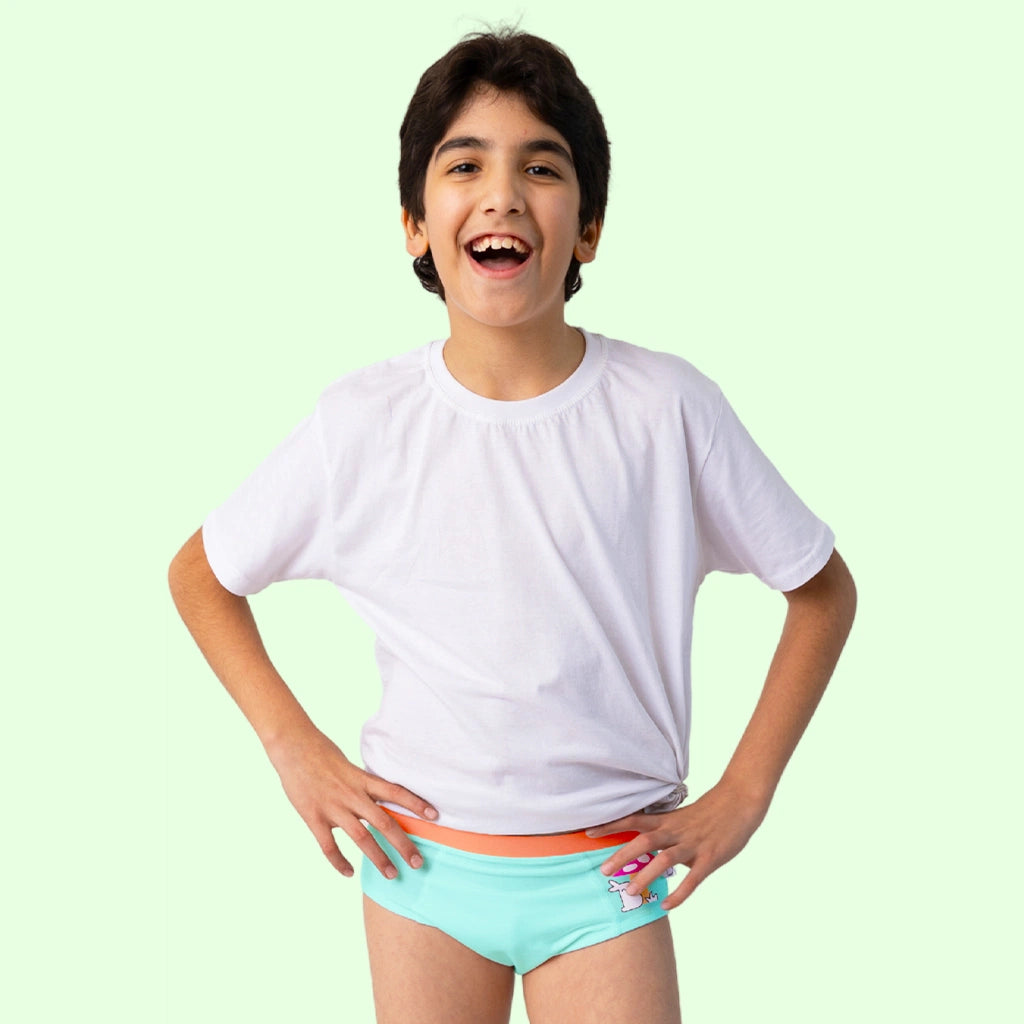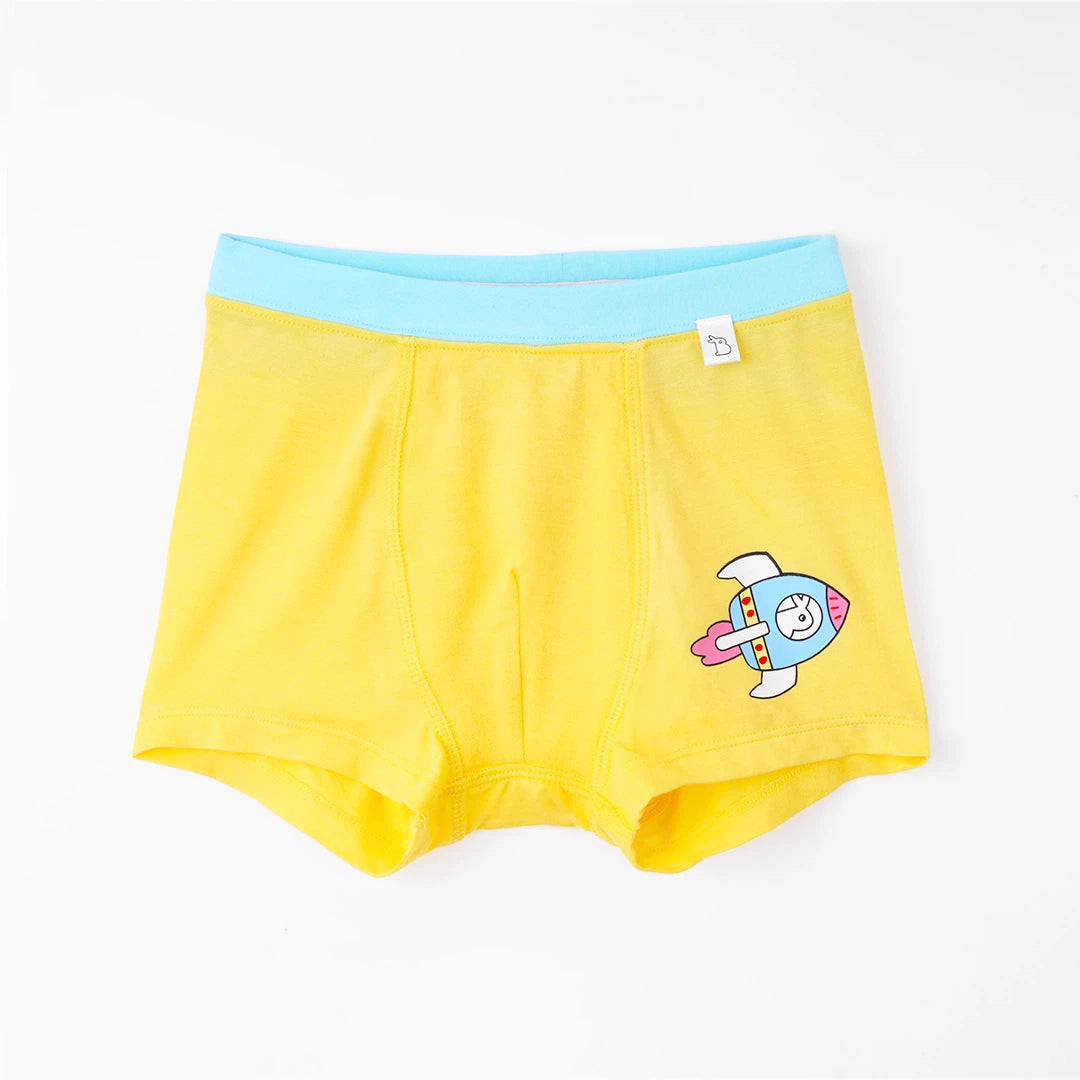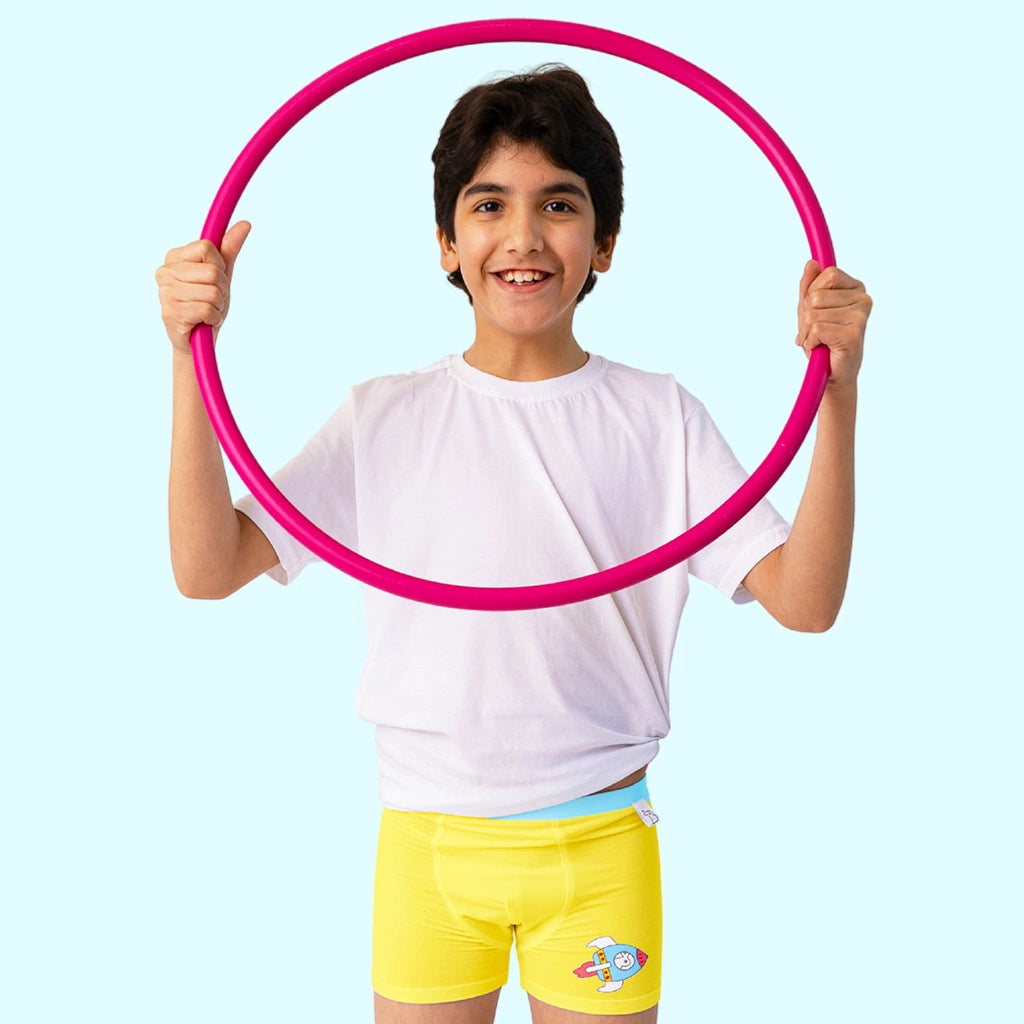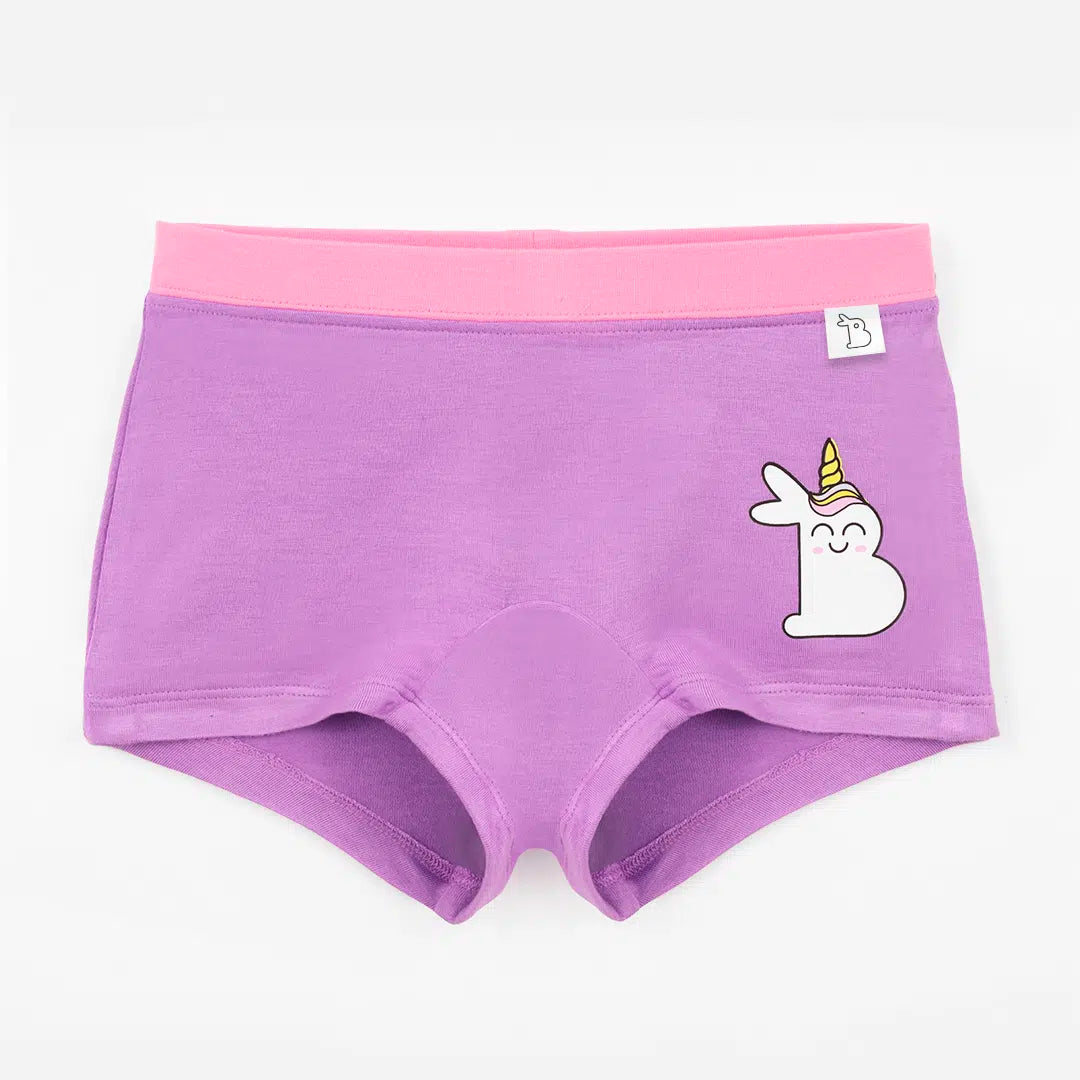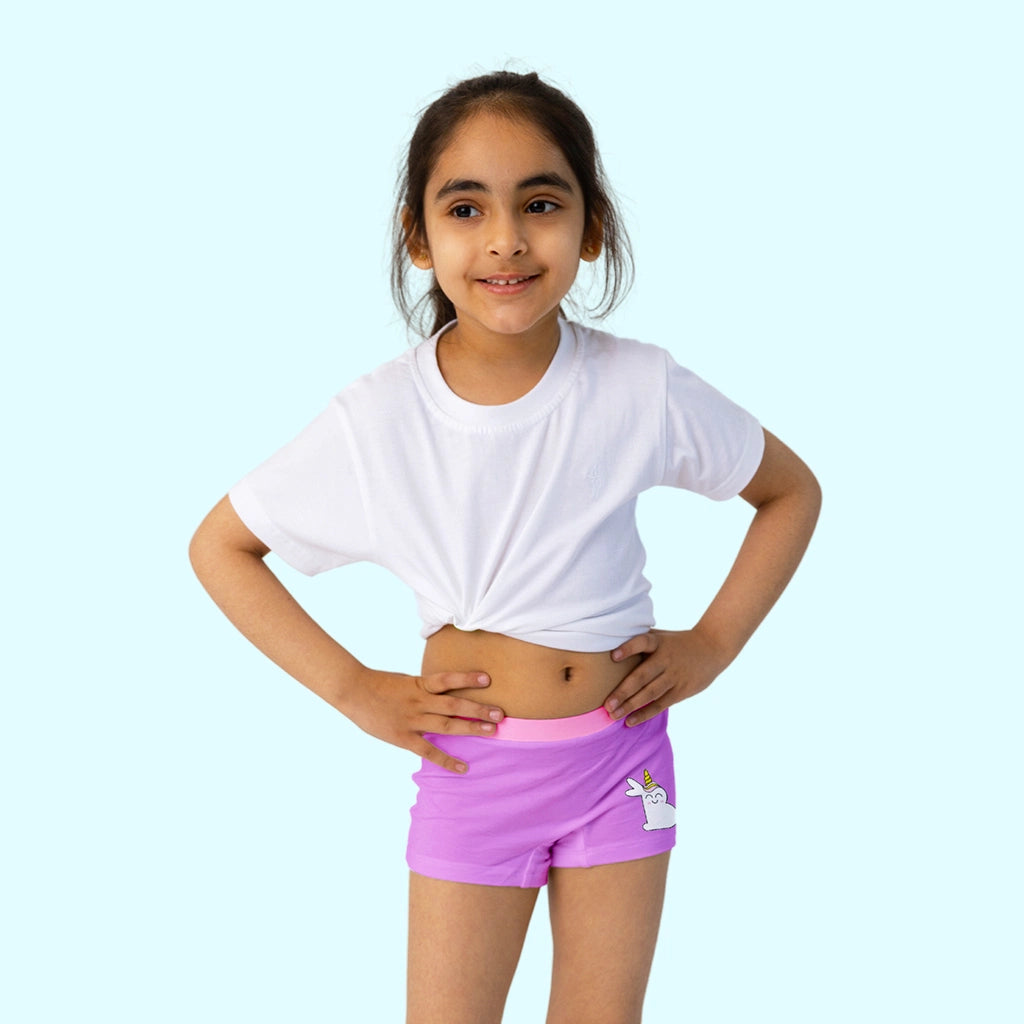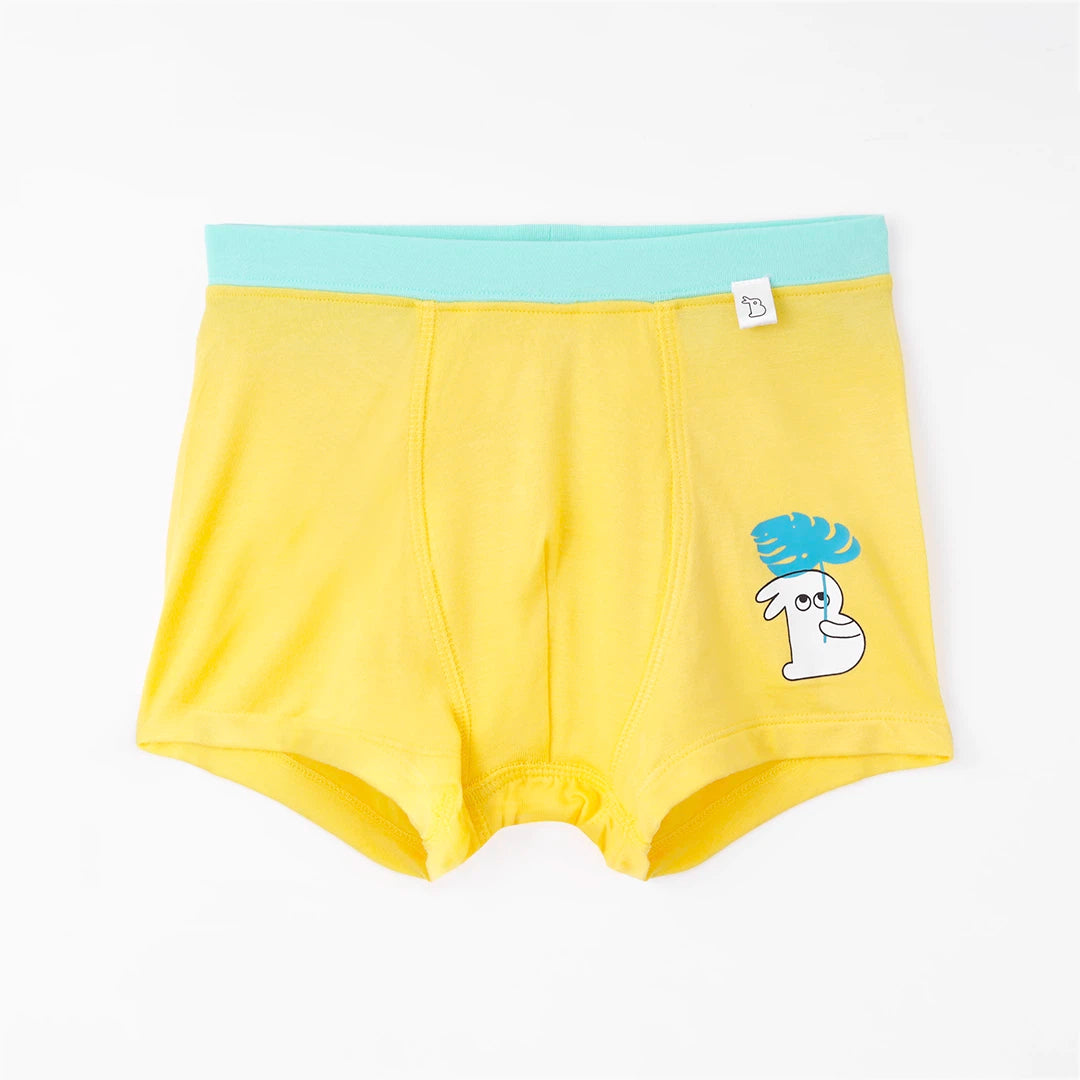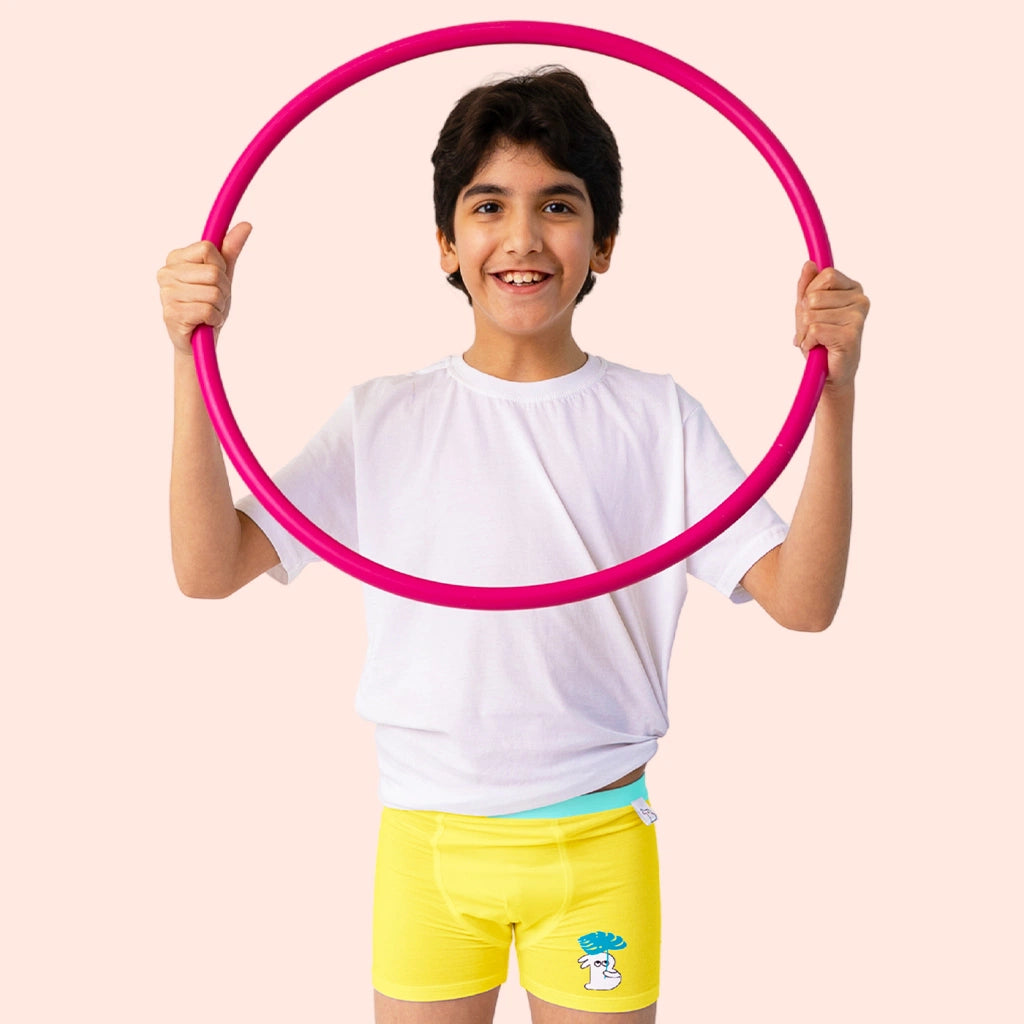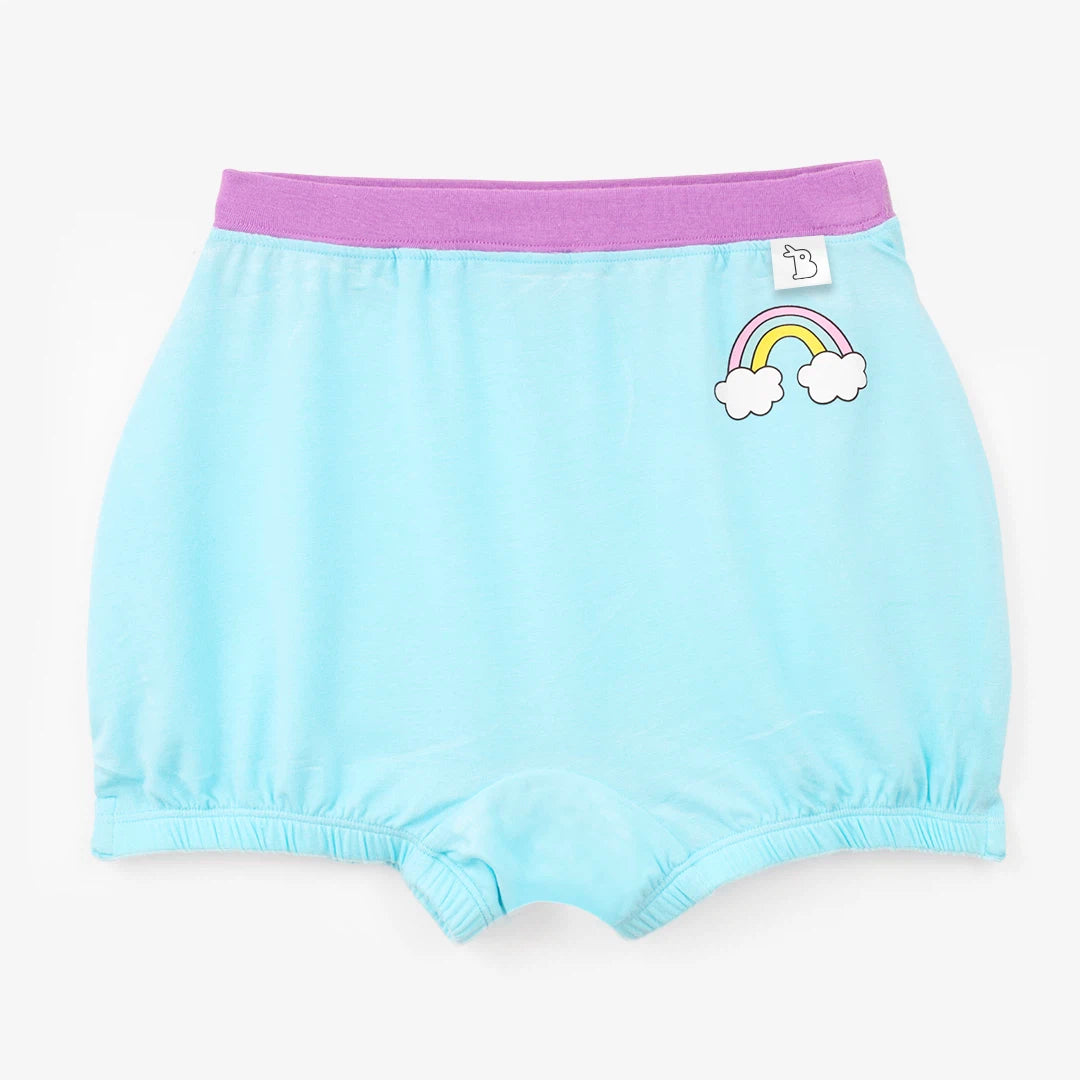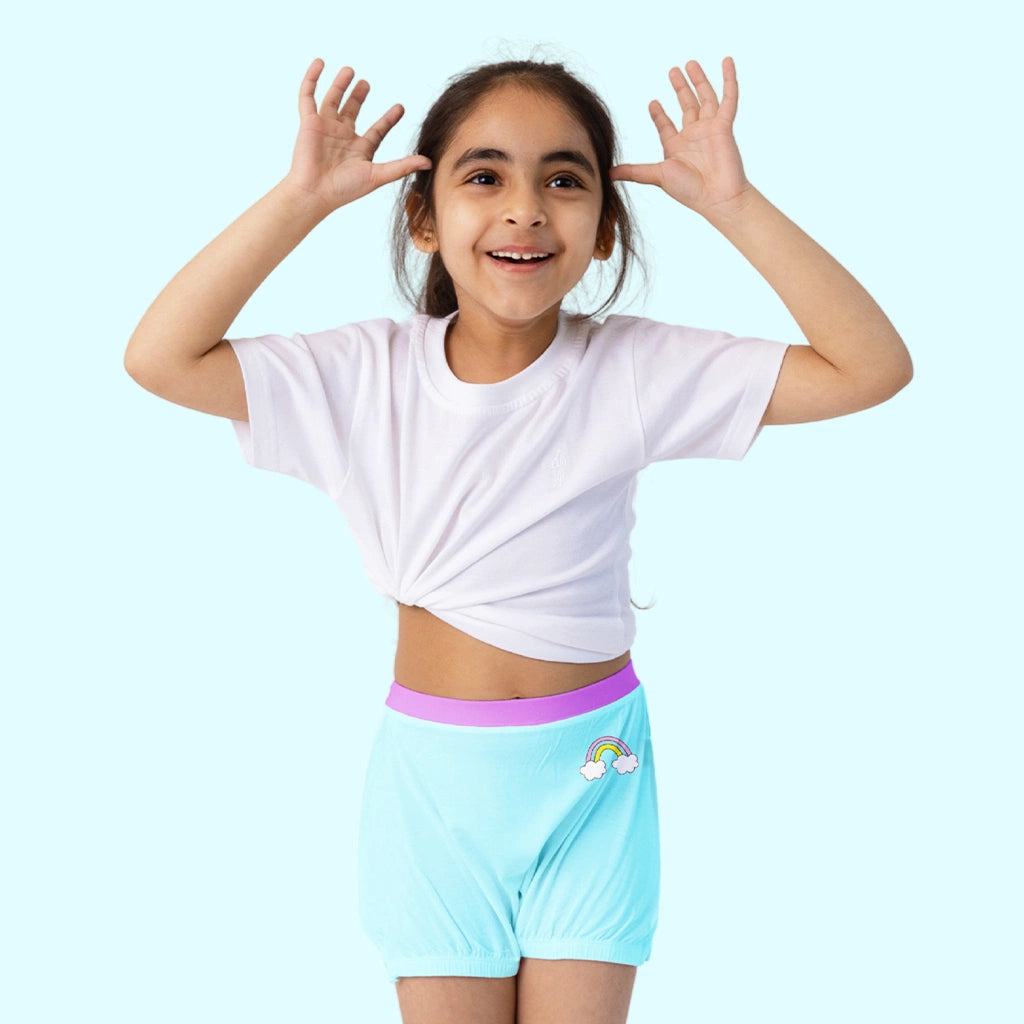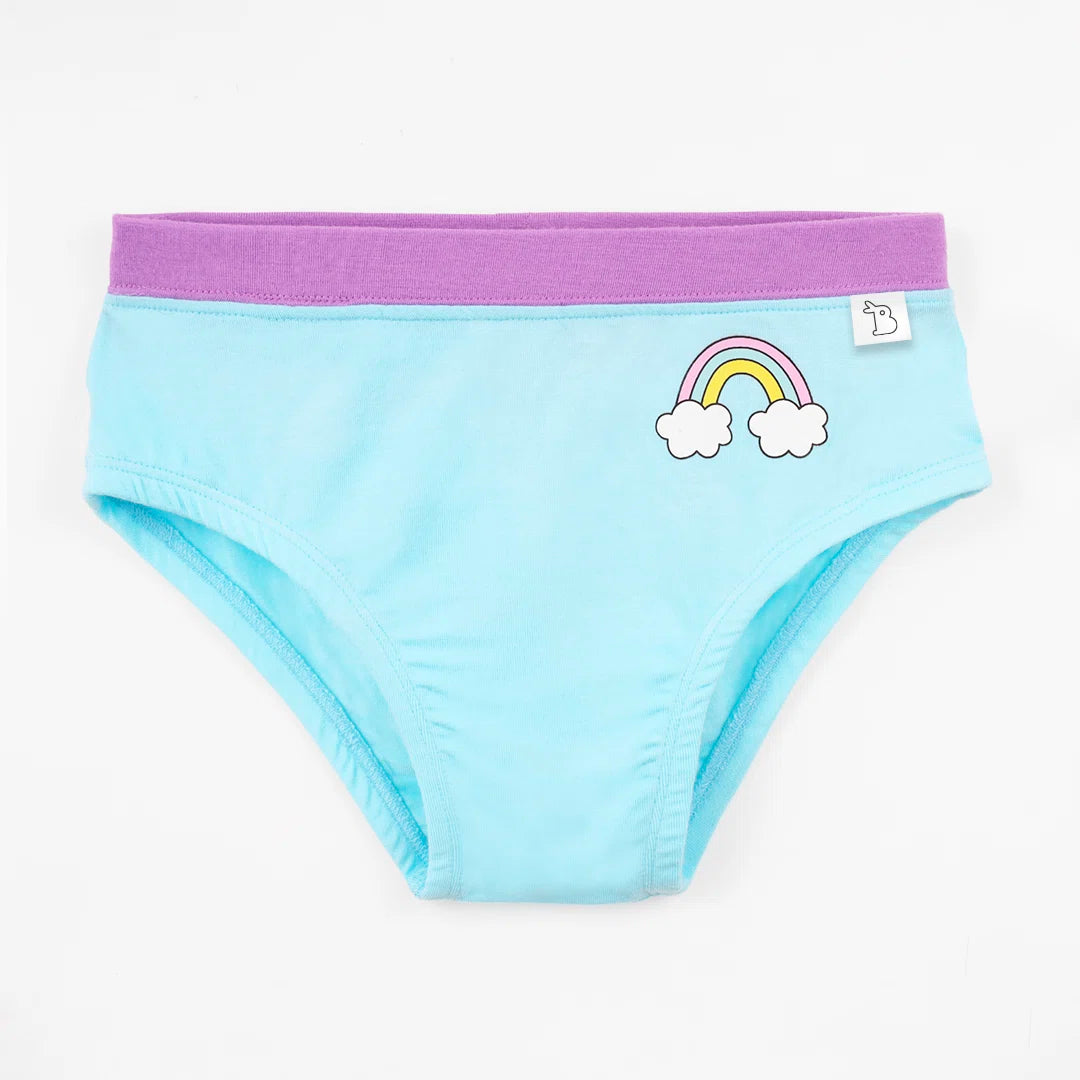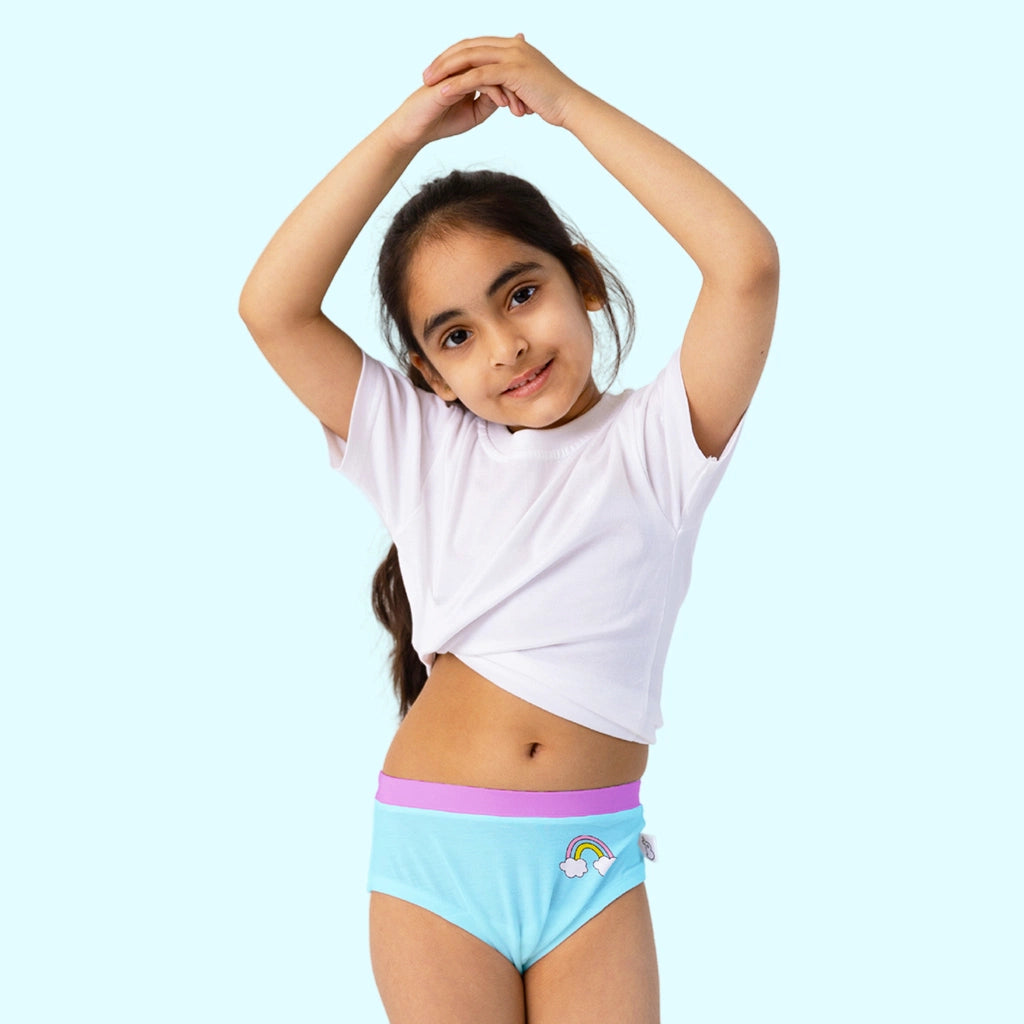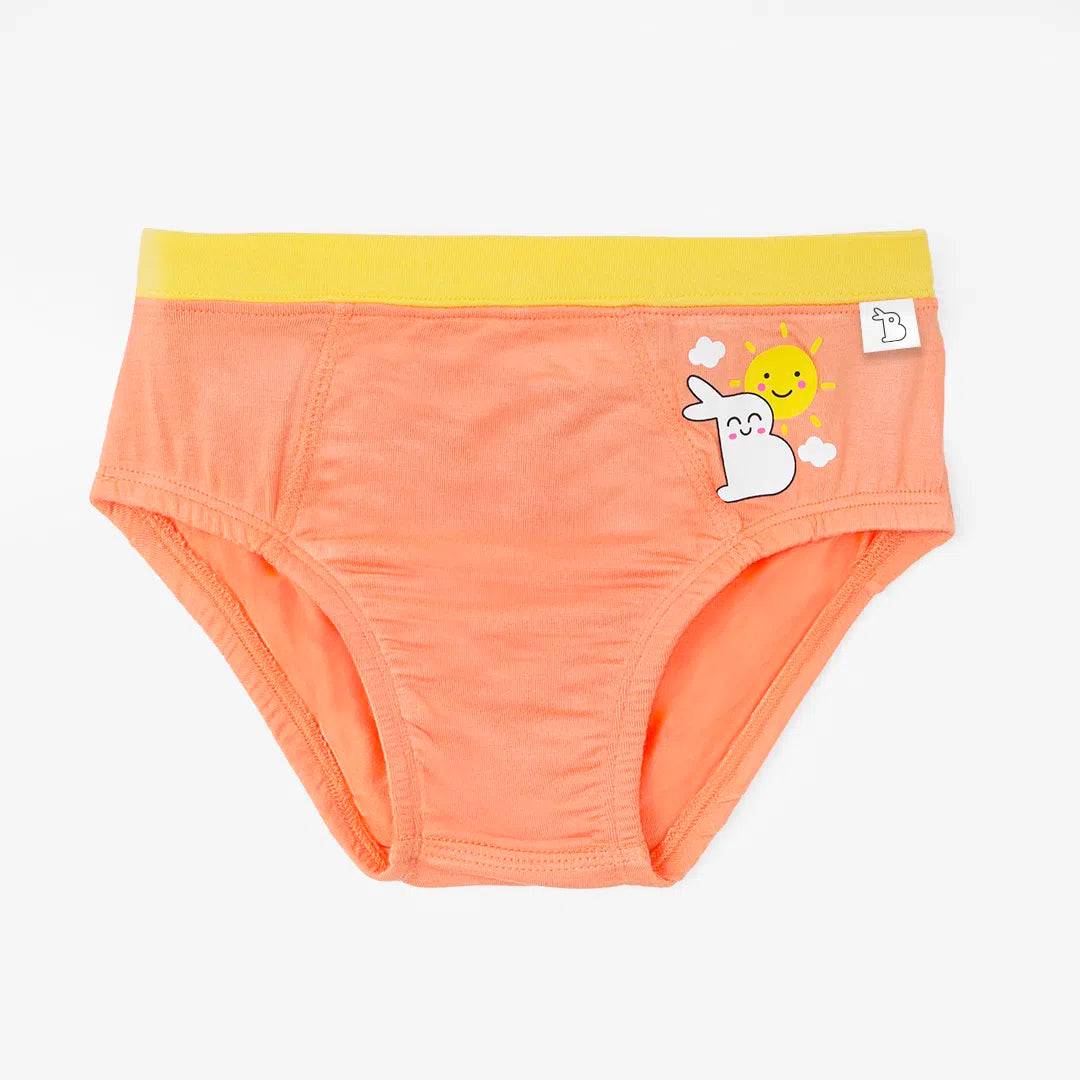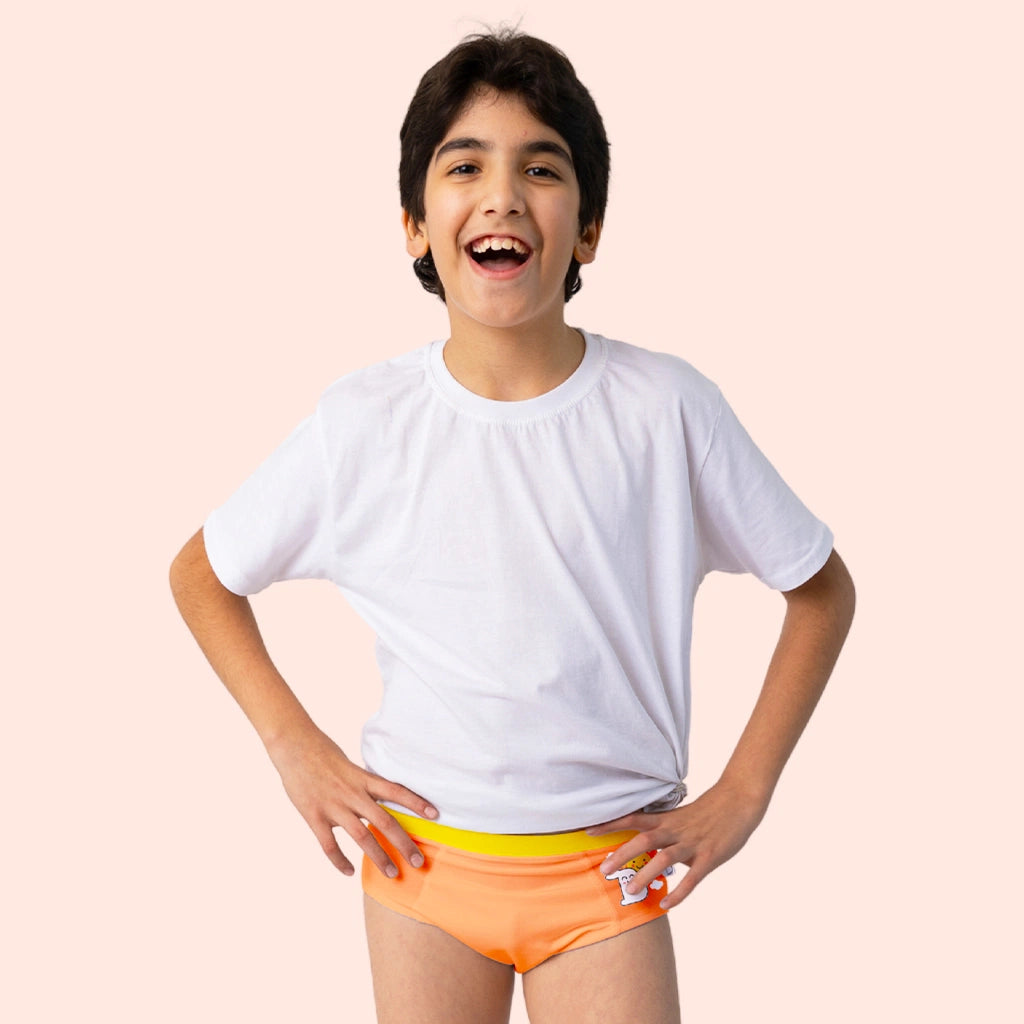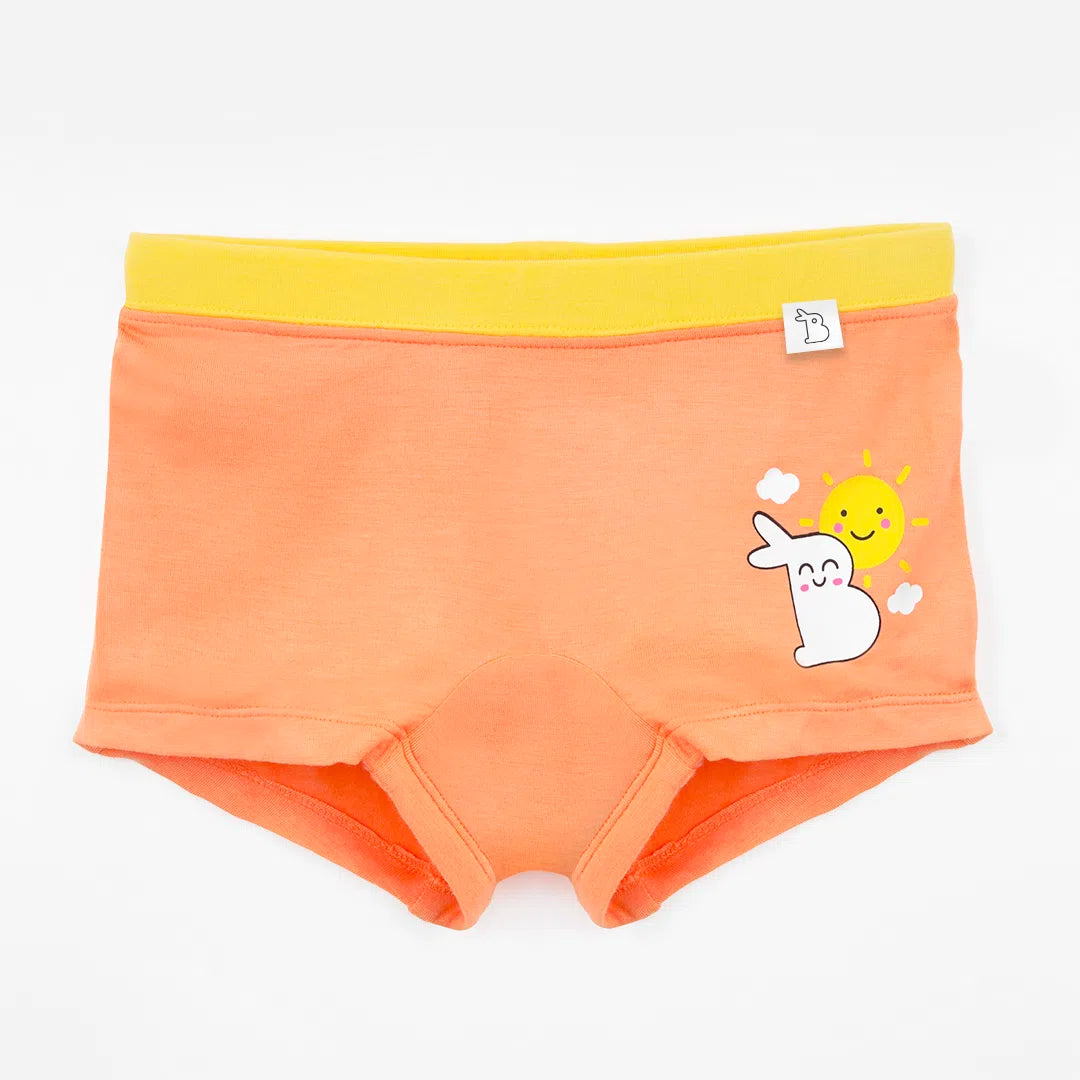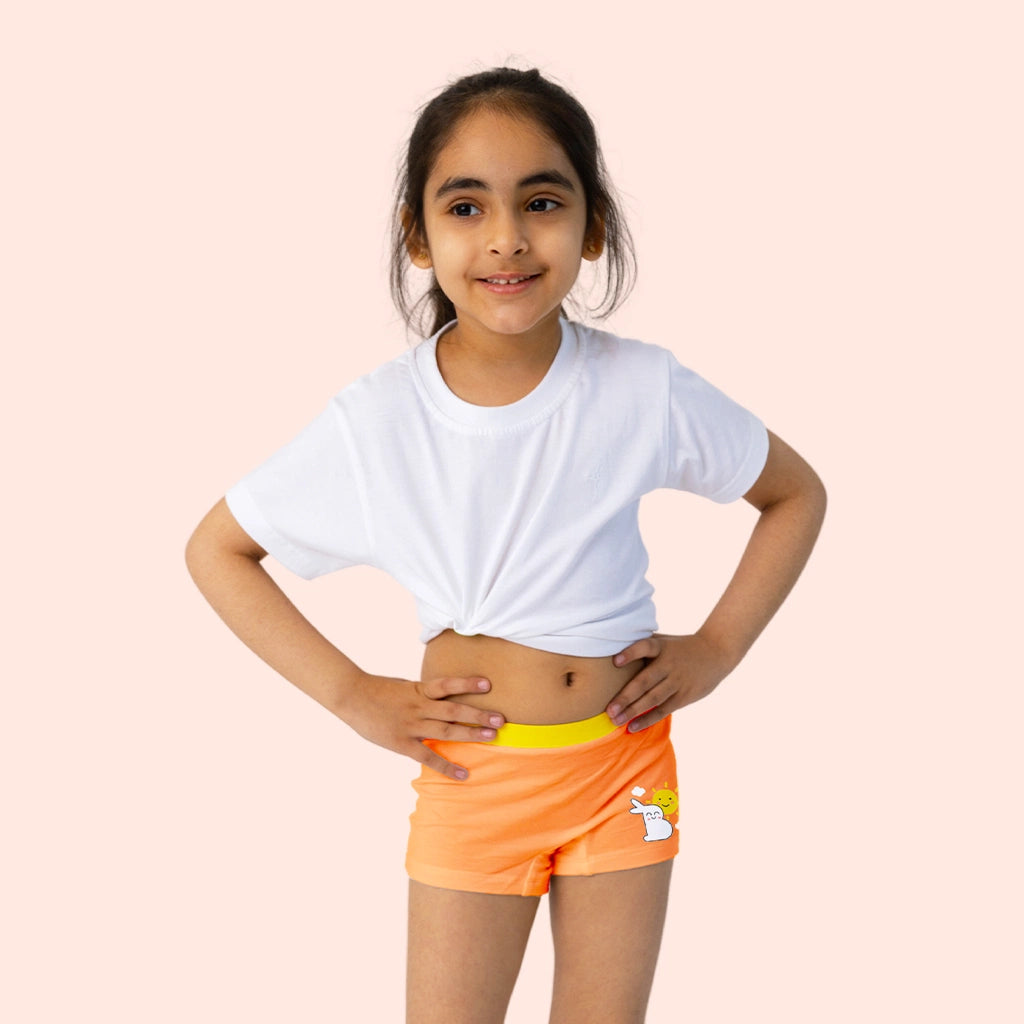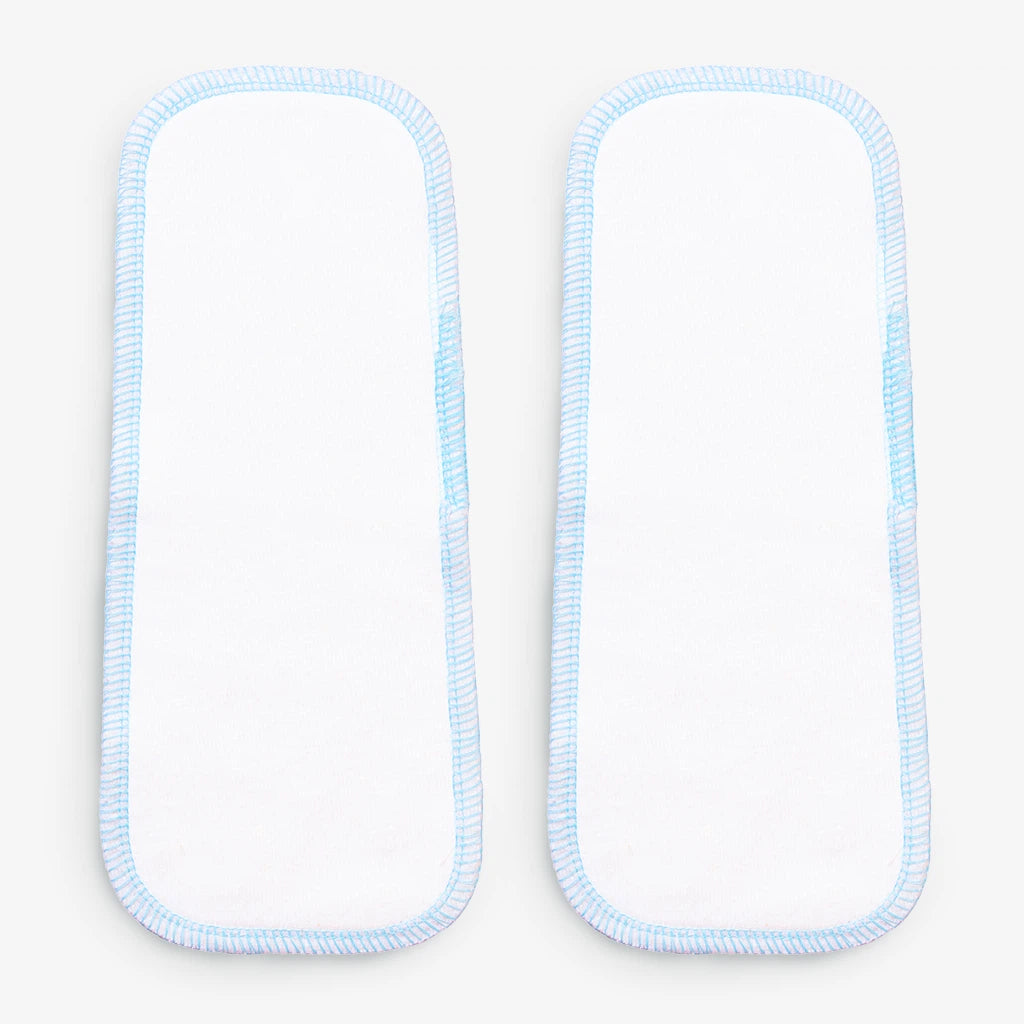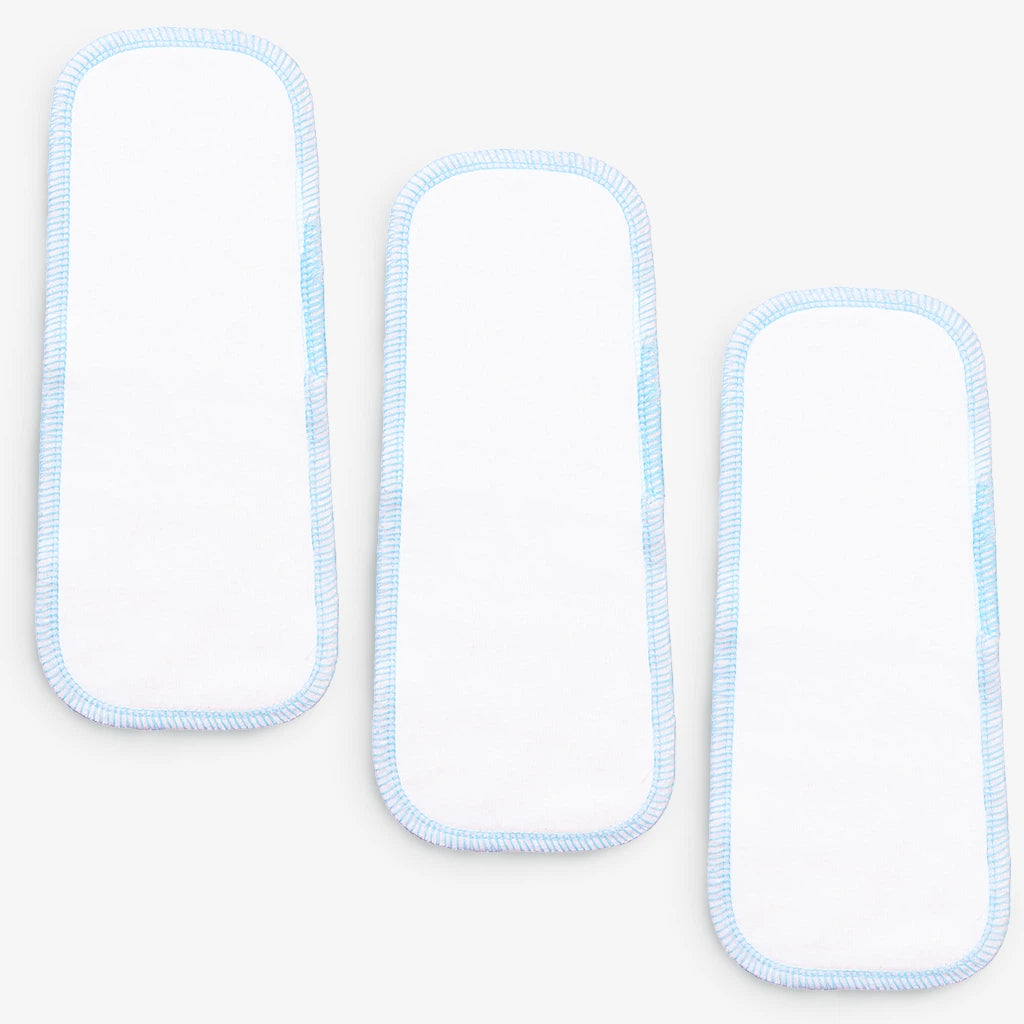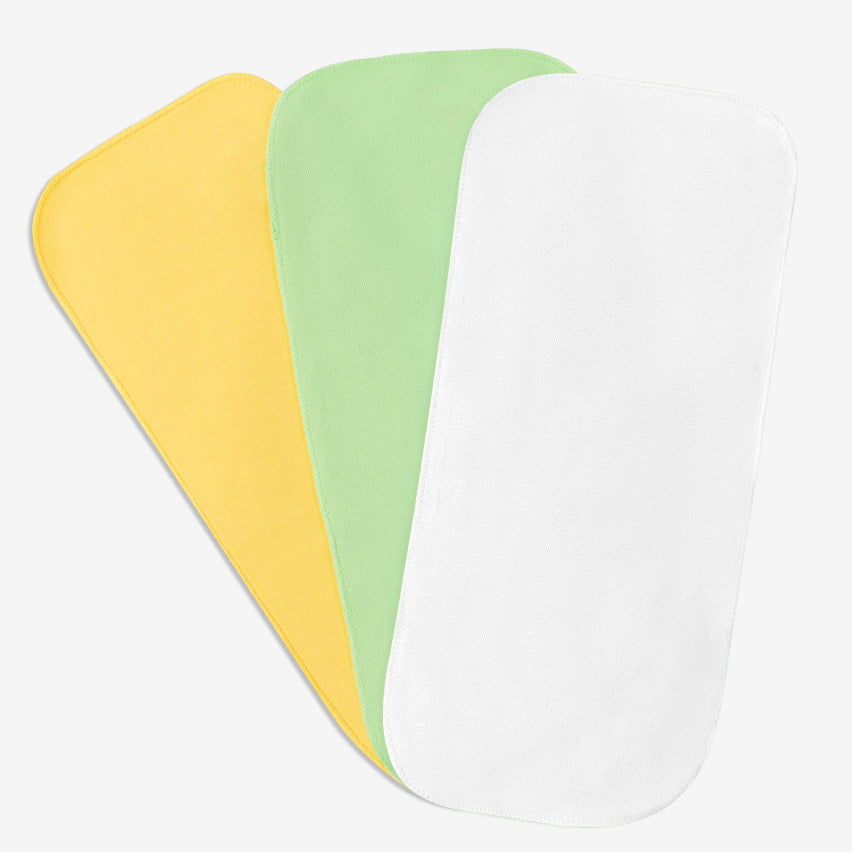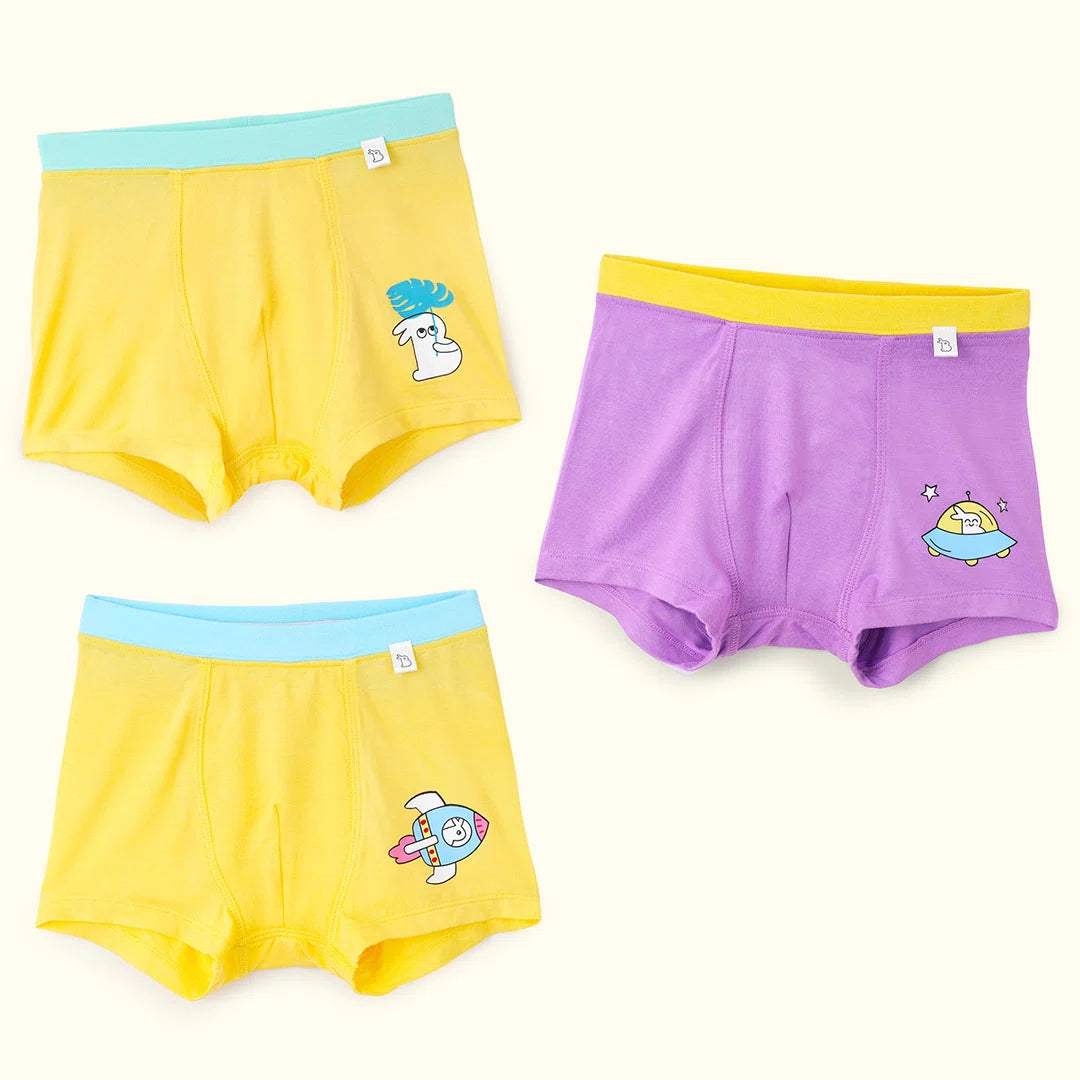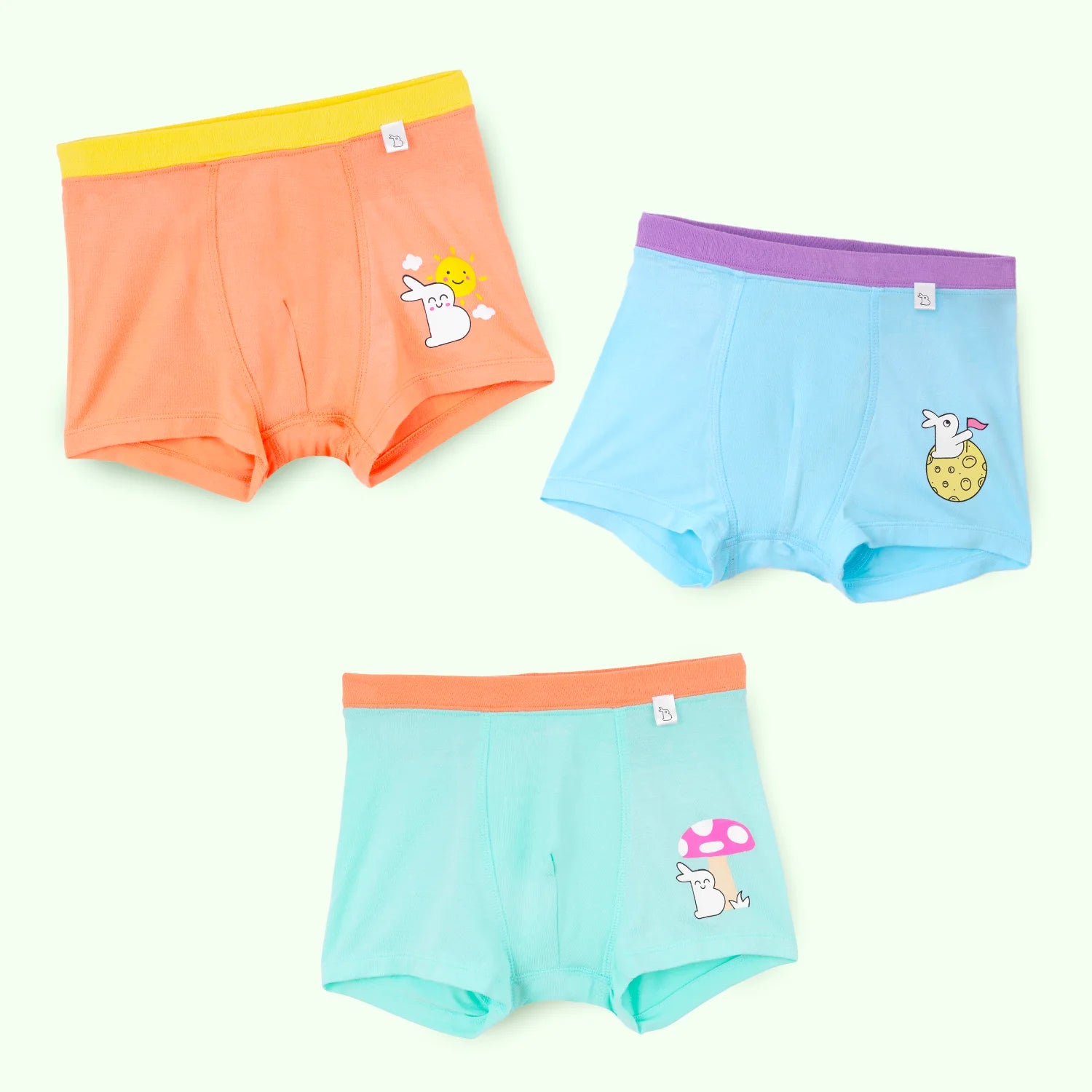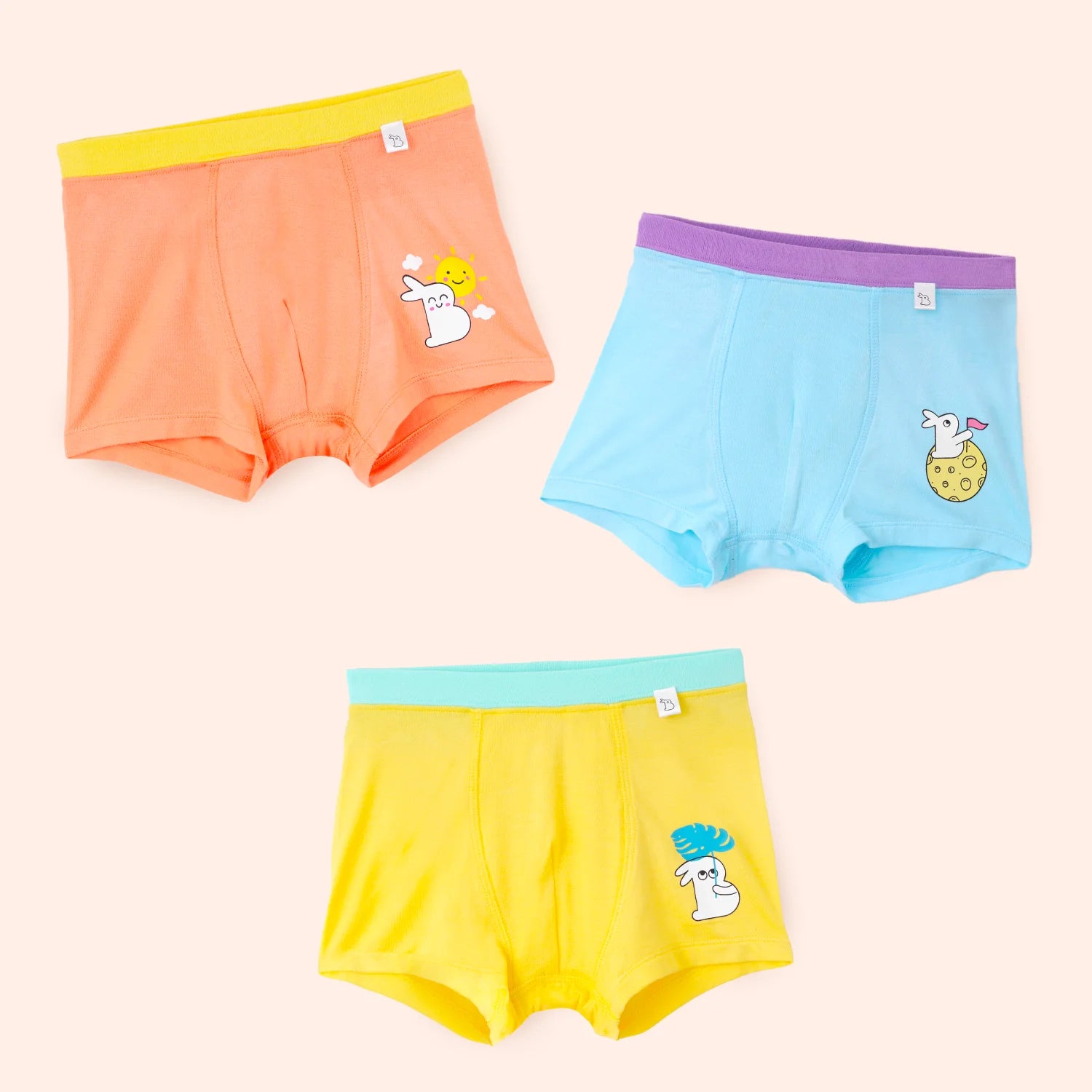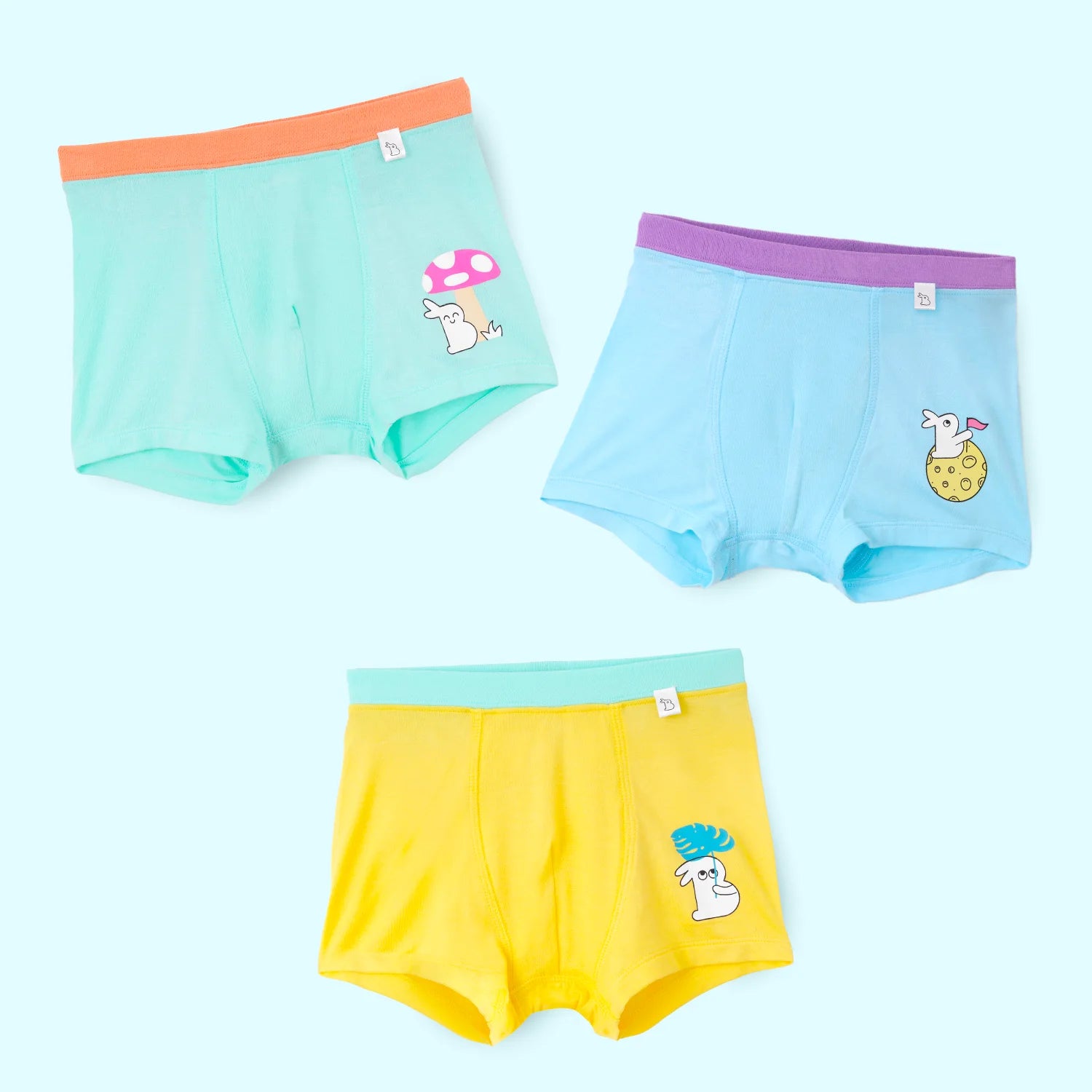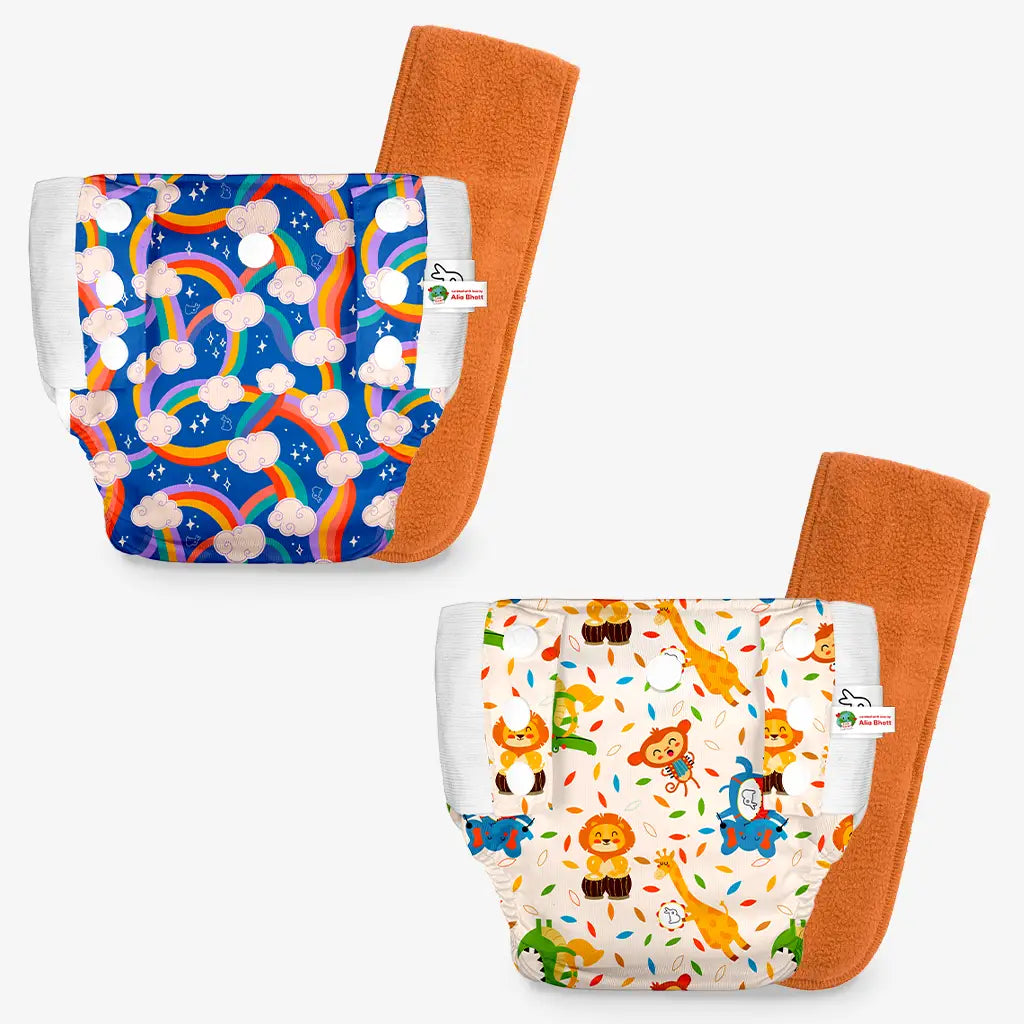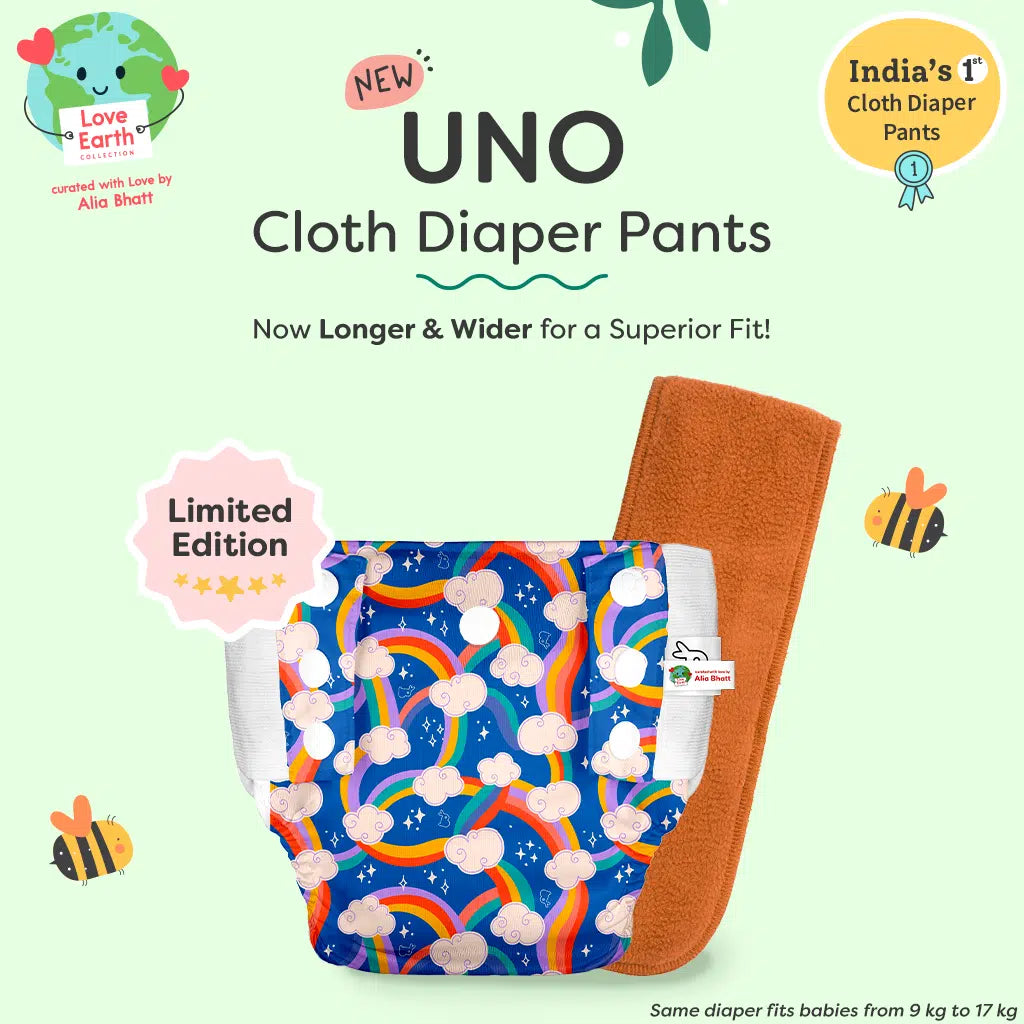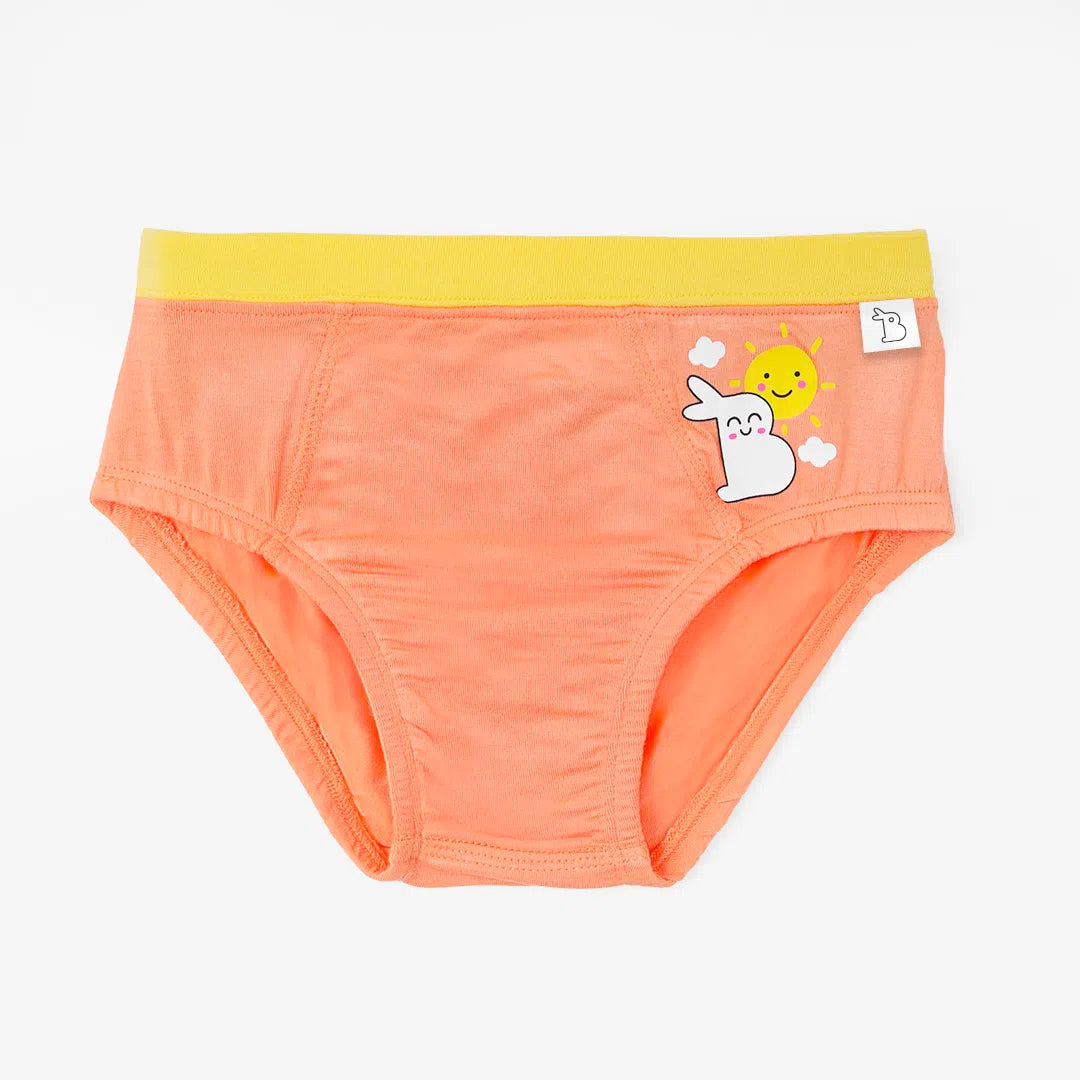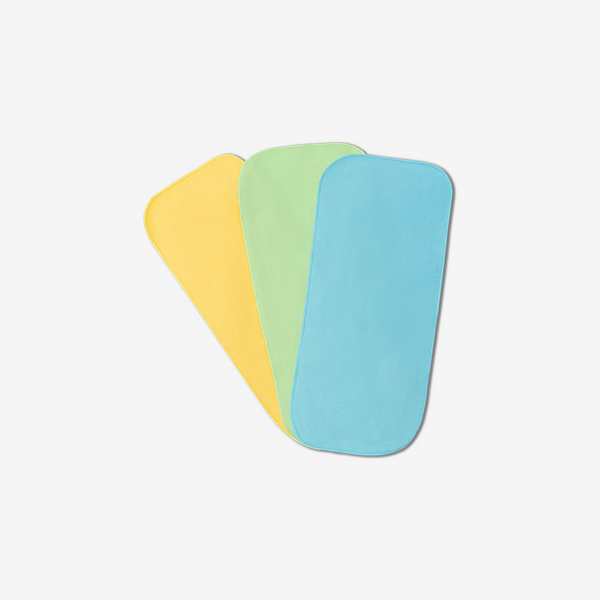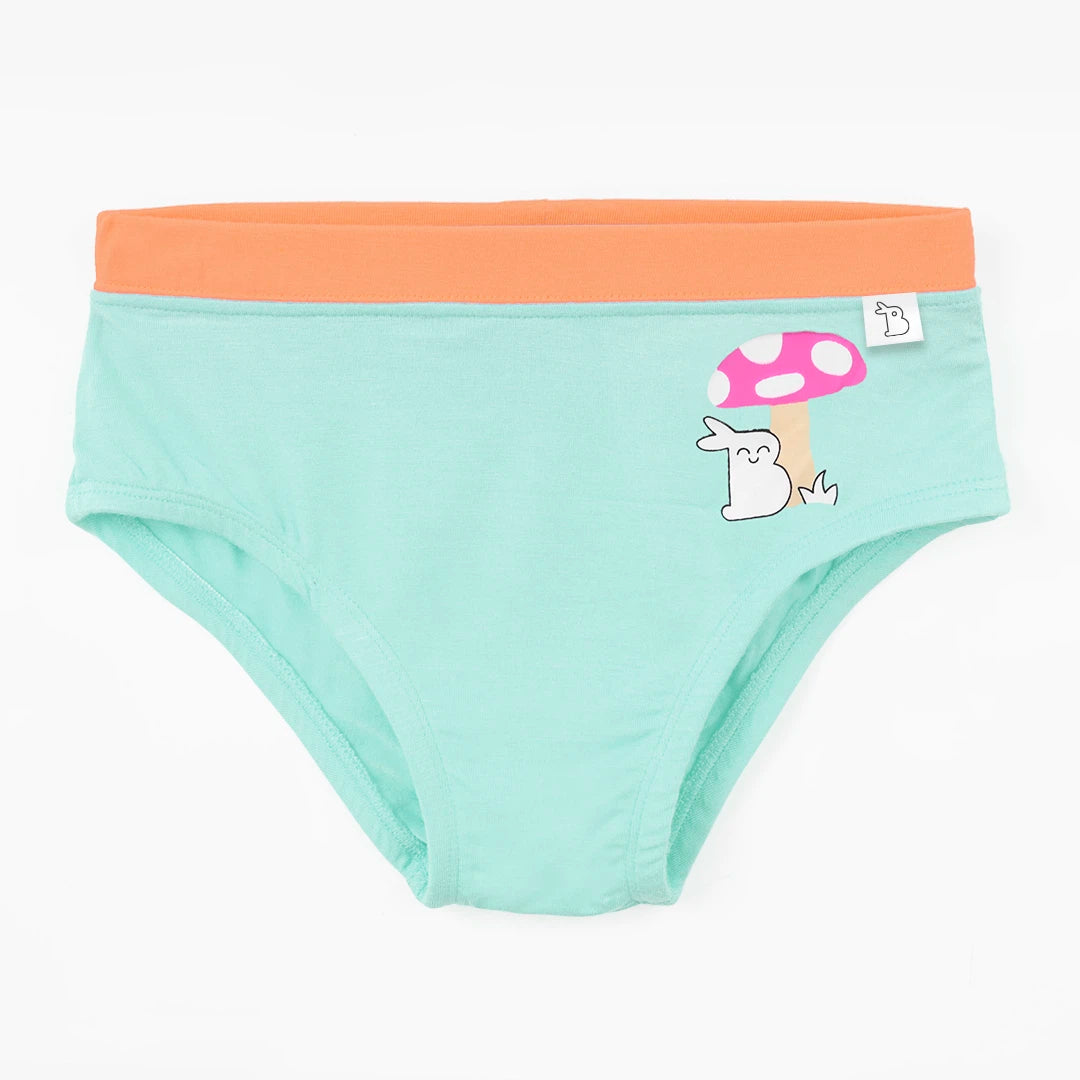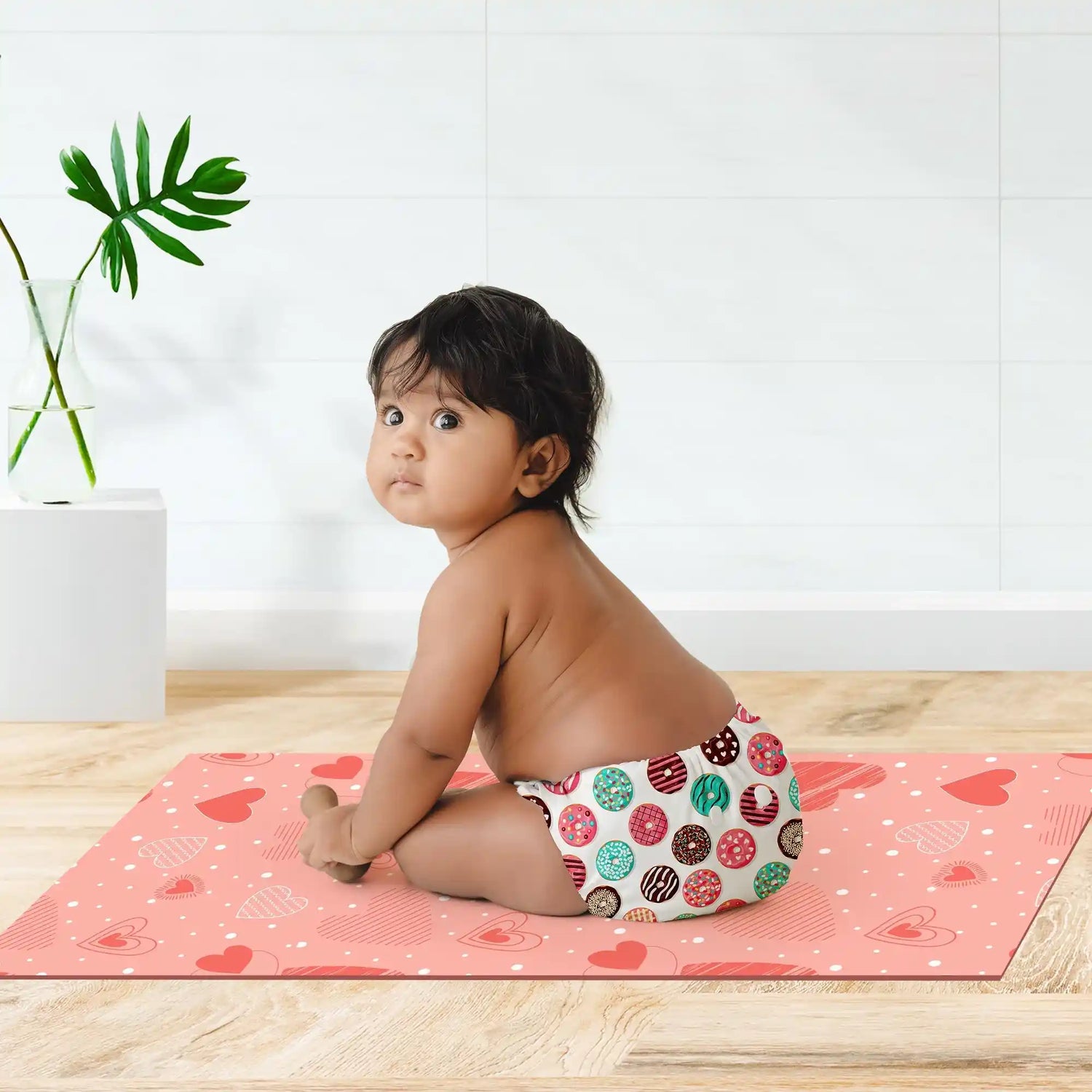- Introduction
- What Is Incontinence?
- What Leads To Urinary Incontinence In Women?
- What Can You Do In Such Situations?
- Additional Tips for Managing Incontinence
- Key Takeaways
- FAQs
- Message from SuperBottoms
Due to the biological difference between a male body and a female body, they have some unique health issues. Women of any age can suffer from urinary incontinence in women, and most women shy away from talking about this medical issue and accept it without medical help. So, while it is essential to seek medical help from a medical practitioner, it is also important to understand the condition and have an interim arrangement to save yourself from the embarrassment of having a wet patch on your clothes.
This article by SuperBottoms will help you understand what urinary incontinence in women is, how maternity pads, postpartum pads or incontinence panty / incontinence underwear for women can help you deal with the situation and some other helpful tips to deal with incontinence. Let us start by understanding what incontinence is and what causes it.
What Is Incontinence?
During certain conditions, such as during pregnancy or a Urinary Tract Infection episode, many women experience a loss in bladder control. These bladder leaks are known as Urinary Incontinence. In short, it is a condition where one experiences involuntary or accidental loss of urine. Incontinence is a medical condition that can be improved with medical help. Because of unique reproductive abilities and events such as pregnancy, childbirth and menopause, the issue of incontinence is more prevalent in women than men.
What Leads To Urinary Incontinence In Women? (Causes of Incontinence in Women)
Several factors contribute to urinary incontinence causes in females:
-
Ageing – Although not every woman would experience incontinence in older age, it is common to experience it at a later age than earlier. This can happen due to changes in the body's muscular strength, changes in hormone levels or a result of some medication, illness or surgery at an older age.
-
Pregnancy – During pregnancy, your baby's weight starts to push against your bladder, thus making it difficult for you to hold the pee in for longer. This is one main reason women experience frequent urination, an urgency to pee, and an inability to hold the pee for longer. While this is temporary and not a medical condition, it can be irritating, frustrating and embarrassing if one experiences urine leakage.
-
Vaginal Delivery – A vaginal delivery can cause temporary damage to the pelvic floor muscles leading to the inability to hold urine and causing urinary incontinence.
-
Overweight – A higher BMI and excess weight bring many health issues. Bladder incontinence/bladder leaks are one of them. The extra weight puts pressure and strain on the bladder, similar to during pregnancy. This pressure can lead to involuntary urine leakage even when you cough or sneeze.
What Can You Do In Such Situations?
If you are experiencing a bladder leak or urine incontinence, you must visit your doctor and seek medical help. All other tips and recommendations to help you save your clothes from being soiled or having an embarrassing accident in public can be dealt with by-products that can help you. Here are some suggestions for you to consider:
-
Many people opt for leakproof diapers for adults India has to offer in this situation. But adult diapers are bulky and are designed to hold more fluid, a whole load of pee, and not just the accidental minor leakage. Thus, even if adult diapers are quickly and cheaply available, there might be other solutions to your problem. Unlike bulky adult diapers, incontinence underwear for women, such as MaxAbsorb Incontinence Underwear, offers discreet, comfortable, and absorbent protection. These are designed with comfort and leak prevention in mind.
-
Every time you use a washroom, please ensure that you properly empty the bladder. Then, bend forward and put a little pressure on your belly so any residue urine is also pushed out of the bladder. This small trick will delay the urge to pass urine during pregnancy or in an overweight situation.
-
You can look for products such as post-delivery panties, incontinence underwear, and maternity underwear. These products are lean, unlike adult diapers, specifically designed to help you with leakage or bleeding. Even if you have not delivered a child, this product can come in handy for your incontinence issue. Panties like MaxAbsorb Incontinence Underwear can come in handy for your incontinence issue even if you have not delivered a child, as these are made up of extra comfy materials like 60% premium plant-based bamboo fabric + 35% cotton + 5% lycra. It comes with 4 layer protection where the first layer keeps you dry and comfy while the second and third layer provides max absorption ensuring zero leaks. While the outer layer keeps you strain free and clean. It is super stretchy, soft, breathable, and antibacterial and absolutely leak-free.
-
You can consider sustainable and cloth maternity pads or postpartum pads in this situation. These are hospital-grade pads that have better absorbance as compared to regular sanitary napkins. Also, cloth pads are eco-friendly and sustainable and cheaper in the long run than disposable sanitary pads.
-
Talk to a physician and start Kegel and other exercises that help strengthen the pelvic floor. This will help control the urge to pee until you find a clean, usable washroom.
Additional Tips for Managing Incontinence
-
Keep extra incontinence products readily available.
-
Use a waterproof wet bag for discreet storage when out.
-
Prioritize medical consultation to address the root cause.
By understanding the causes of urinary incontinence in women and utilizing these management strategies, women can confidently navigate this condition and improve their daily lives.
|
Limited Time Offers + Special Gift Sets! Now or never Super SALE is live on the SuperBottoms website! Take advantage of unbeatable value deals on our UNO Cloth Diapers, Baby Essentials, and more. Looking for the perfect present for a newborn or a toddler? Explore our thoughtfully curated Gift Sets & Combos — safe, skin-friendly, and oh-so-cute! A bundle of love for little ones and a delight for parents. HURRY — Deals and Gift Packs are live only till stocks last. Don’t miss the chance to stock up and share the joy! |
Key Takeaways
-
Urinary incontinence is a common issue for women, often linked to biological factors like pregnancy and aging, but it is a medical condition that should be addressed. It's not something to be ignored or accepted without seeking medical advice.
-
Specific products like incontinence underwear and washable incontinence pants for womens offer practical, discreet, and comfortable temporary management solutions. These are designed to address leakage without the bulk of traditional adult diapers.
-
Strengthening pelvic floor muscles through Kegel exercises can significantly improve bladder control and reduce the frequency and severity of urinary incontinence. This proactive approach, coupled with medical consultation, empowers women to take control of their bladder health.
FAQs
Q1 - What are the main causes of urinary incontinence in women?
Ans - Common causes include aging, pregnancy, vaginal delivery, and excess weight, all of which can weaken bladder control.
Q2 - Can incontinence underwear for women effectively manage leaks?
Ans - Yes, specifically designed incontinence underwear offers discreet, comfortable, and absorbent protection against leaks.
Q3 - Do Kegel exercise for urinary incontinence really help?
Ans - Yes, regular Kegel exercises can strengthen pelvic floor muscles, significantly improving bladder control.
Message from SuperBottoms
Hi there, new parents! SuperBottoms brings you doctor-recommended cloth diapers — the best rash-free diapering solution for your baby’s sensitive and delicate skin. Unlike disposable diapers loaded with chemicals, our newborn cloth diapers, when used and washed properly, can help eliminate the risk of diaper rashes. SuperBottoms offers a wide range of safe, skin-friendly essentials for the whole family — including Reusable Cloth Diapers, Diaper Pants, DryFeel langots for diaper-free time, Padded Underwear for potty training, SuperSoft Underwear for everyday comfort, Joggers for playful days, and Period Underwear for women. Not just for everyday use, SuperBottoms products also make the best gifting choice for babies — thoughtful, eco-friendly, practical, and loved by parents. Now available on Amazon, Myntra, Flipkart, FirstCry, Zepto, Swiggy and Blinkit.



